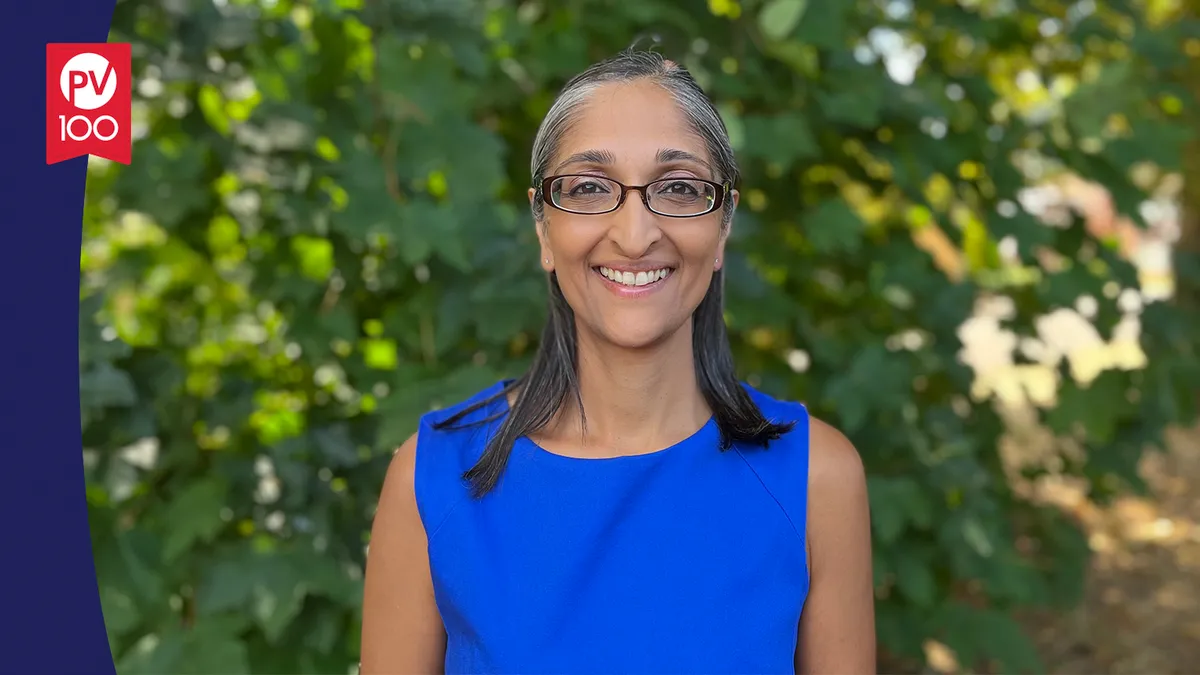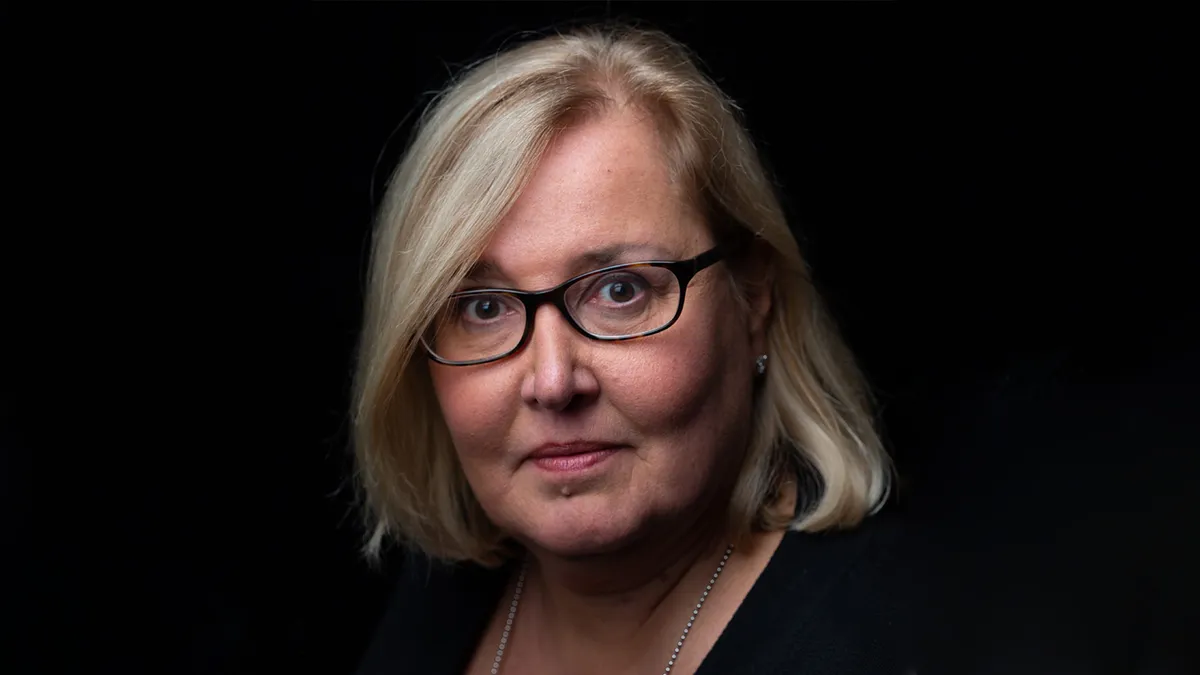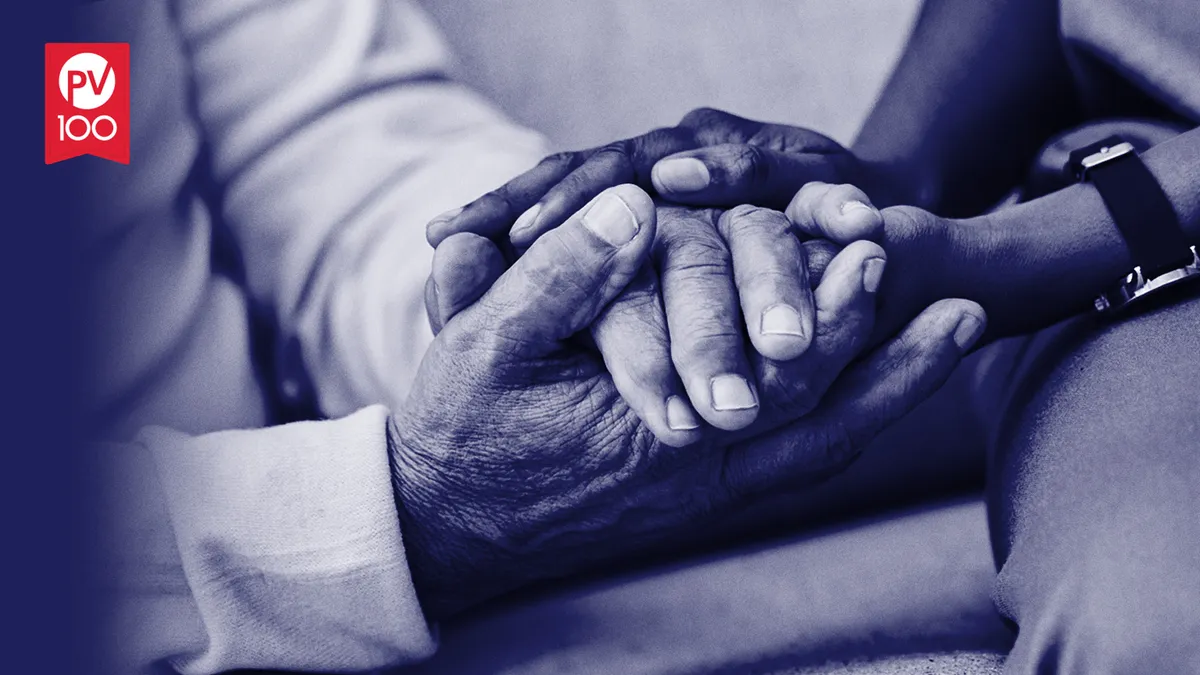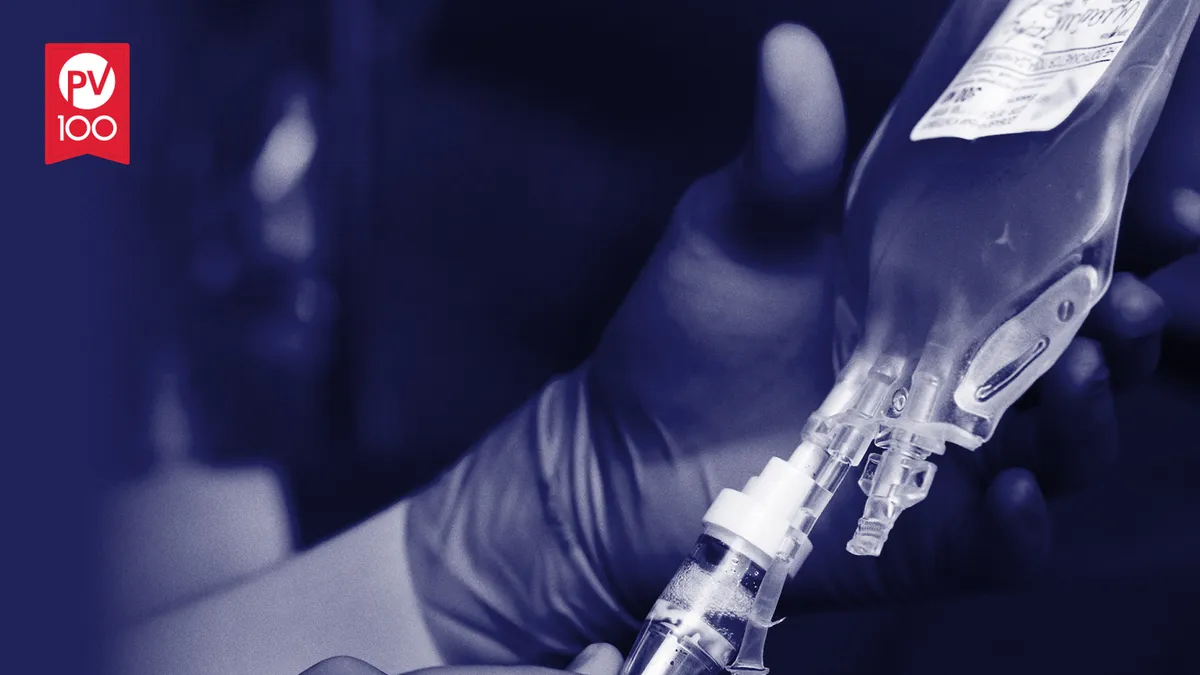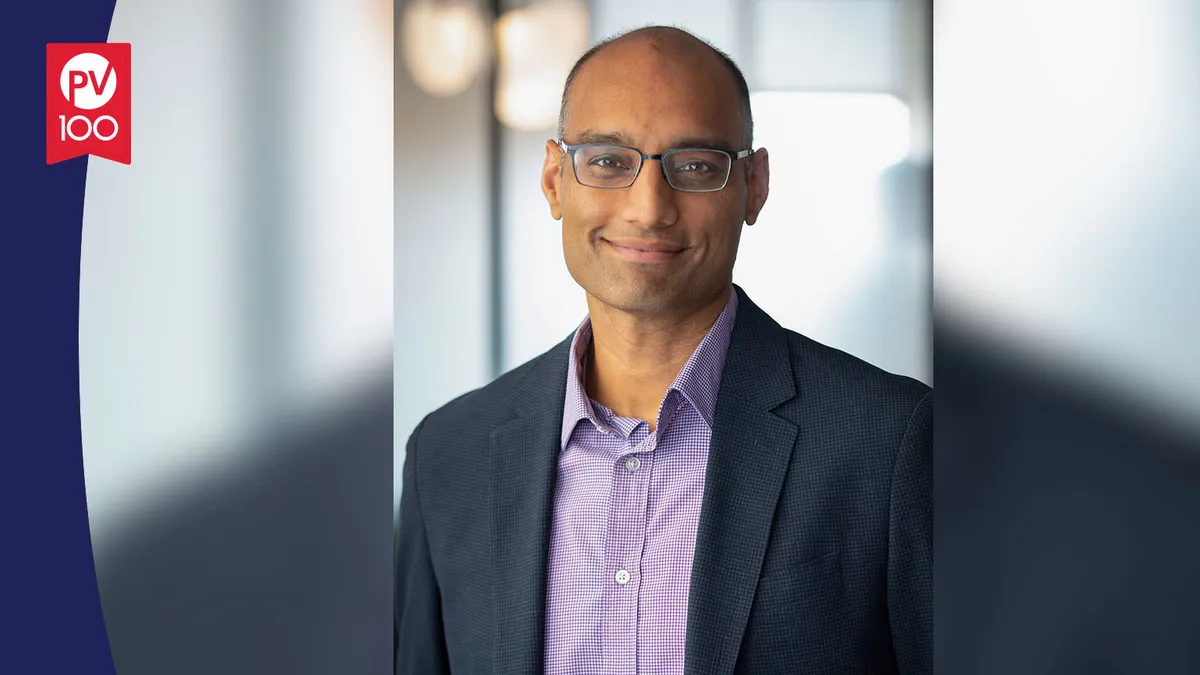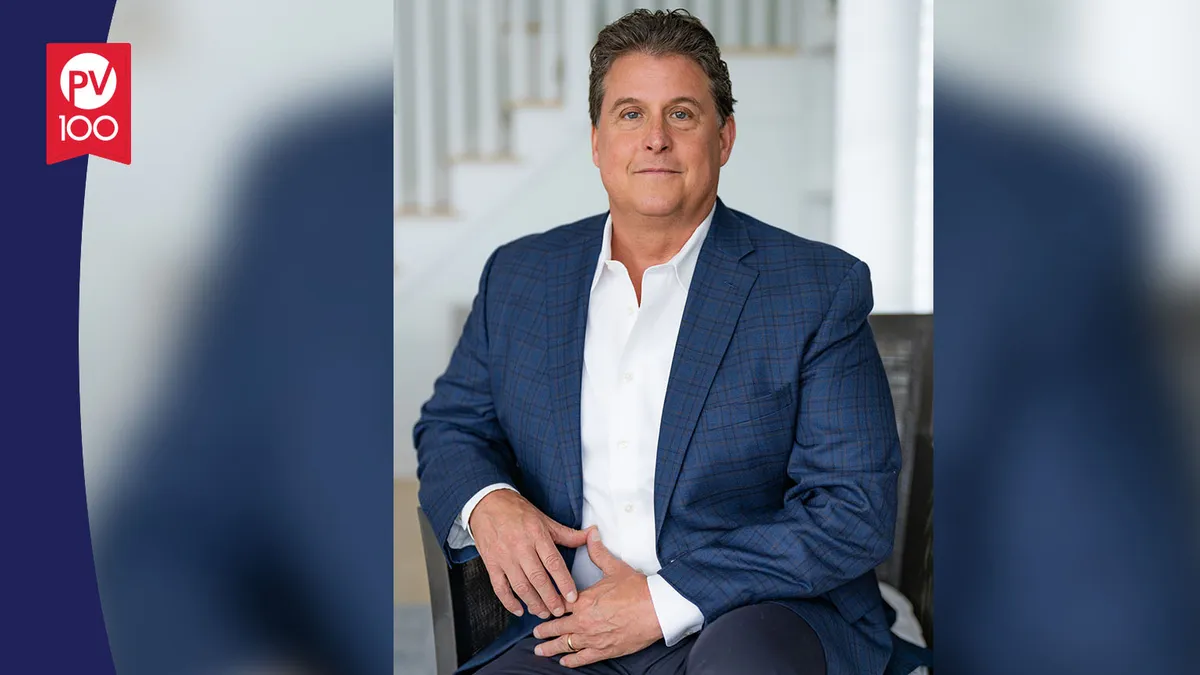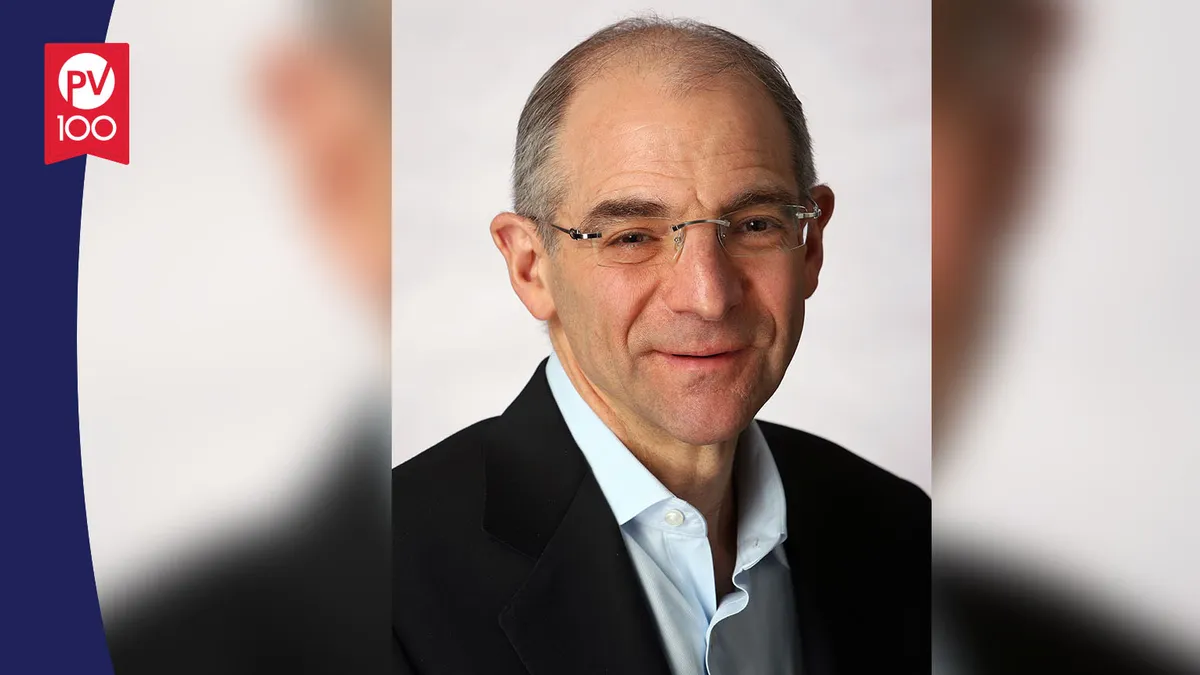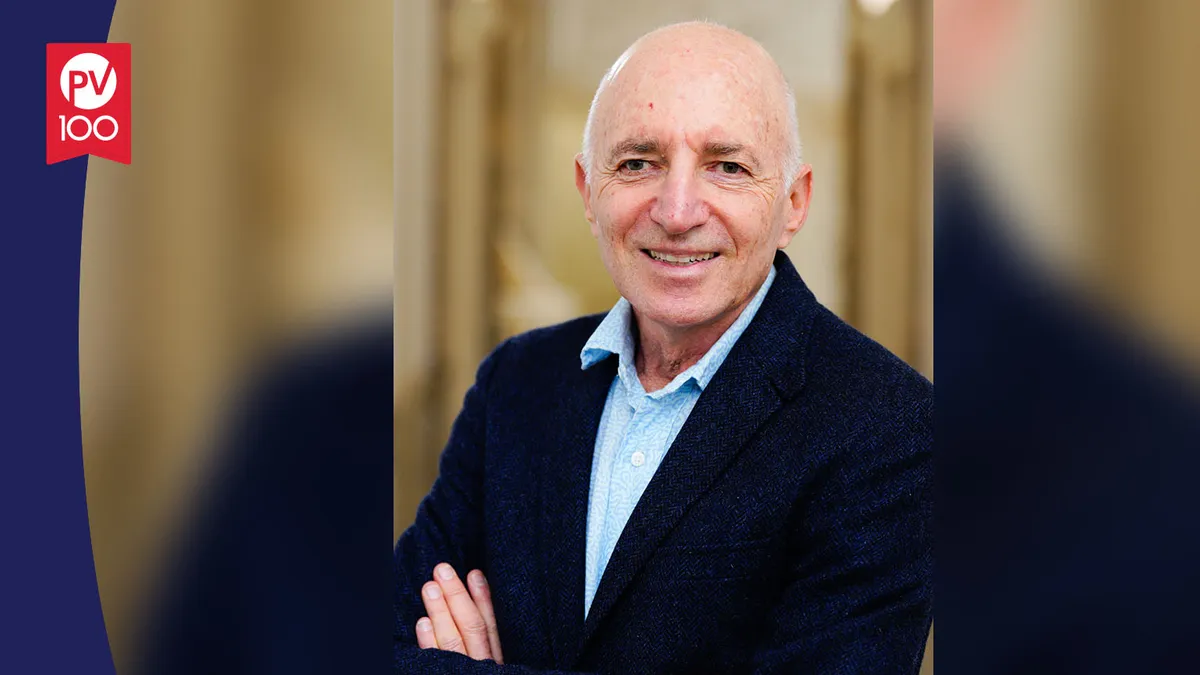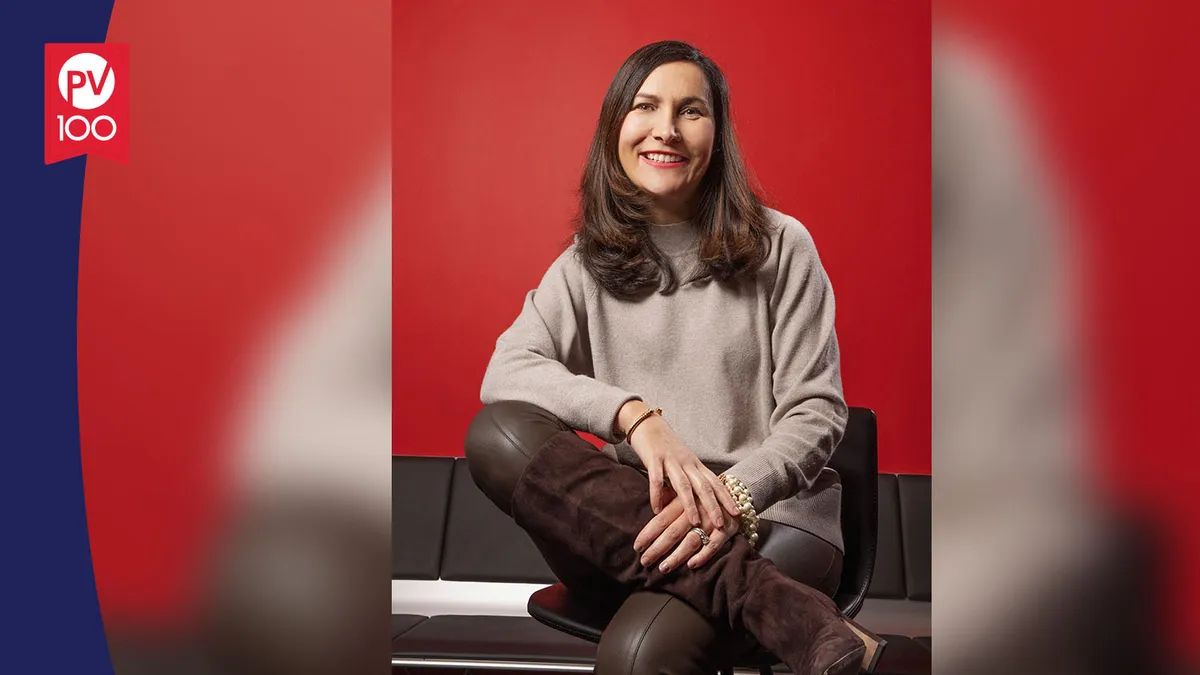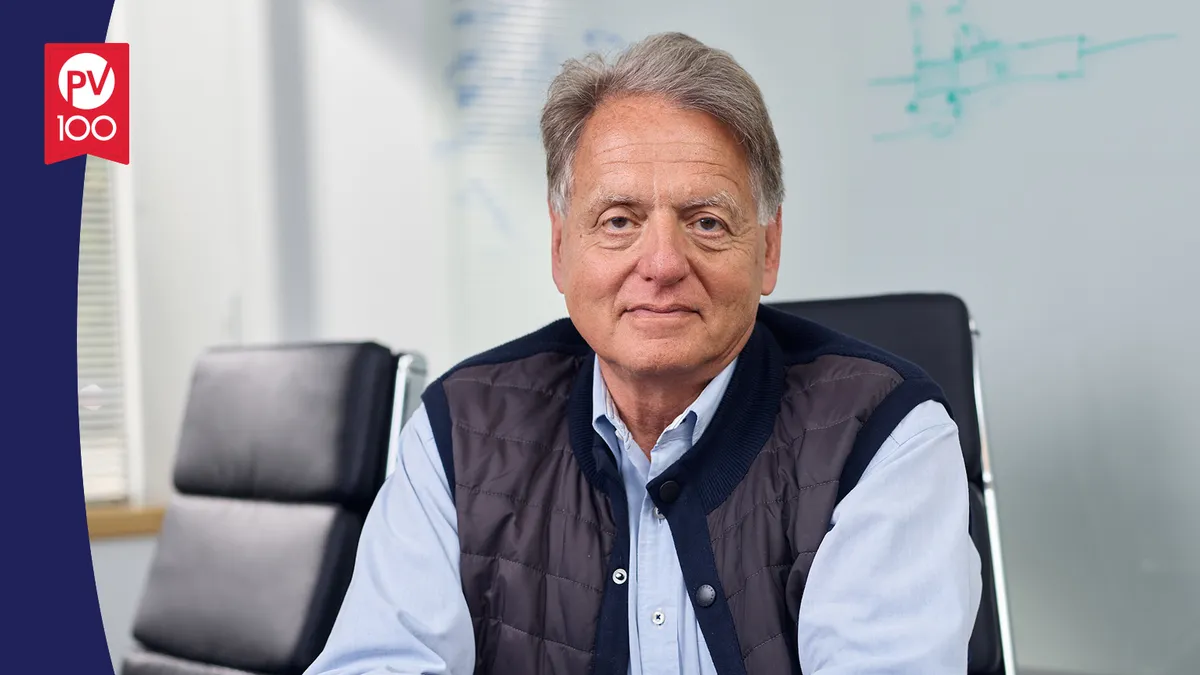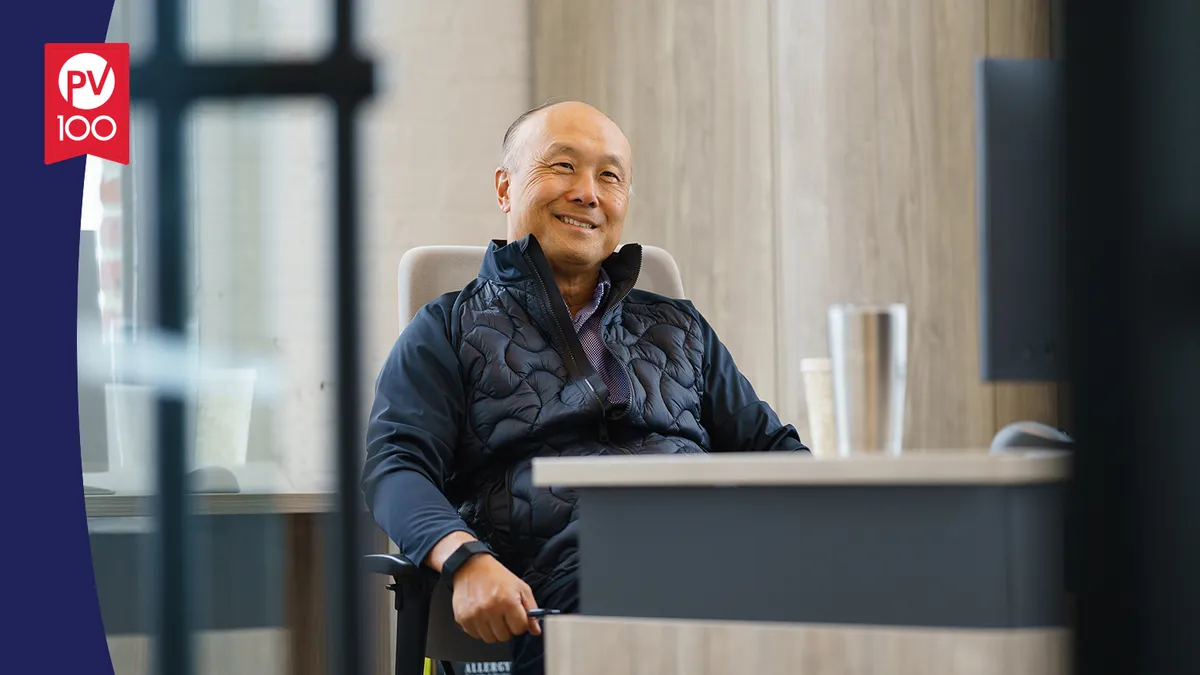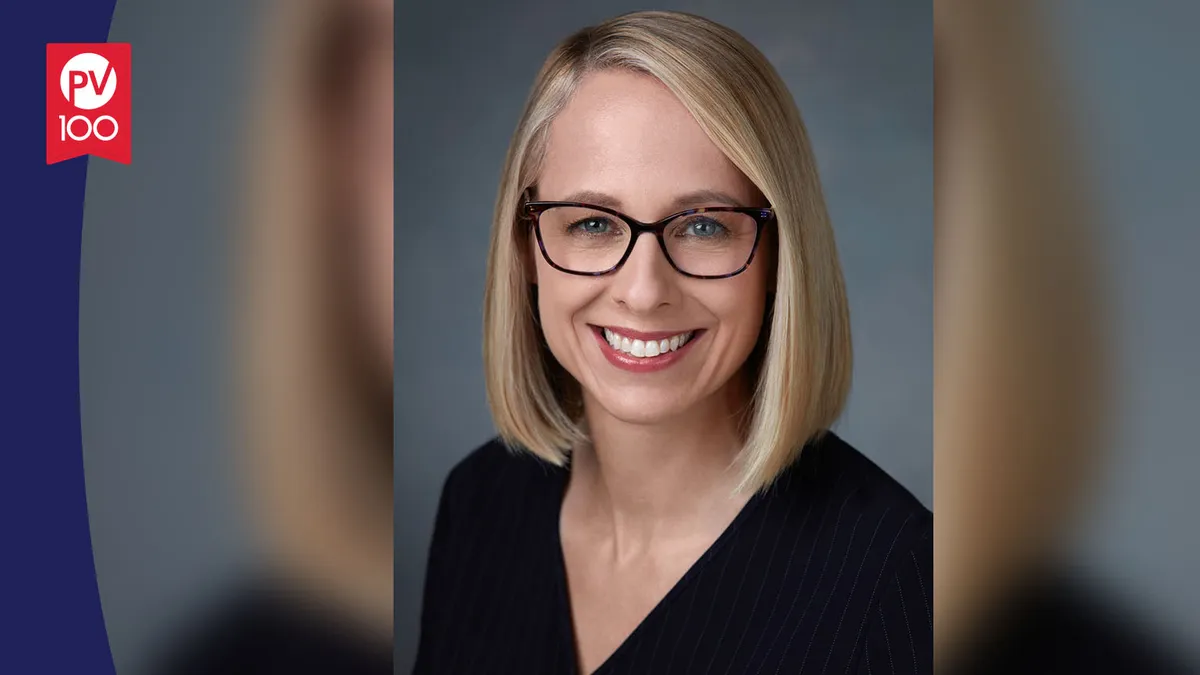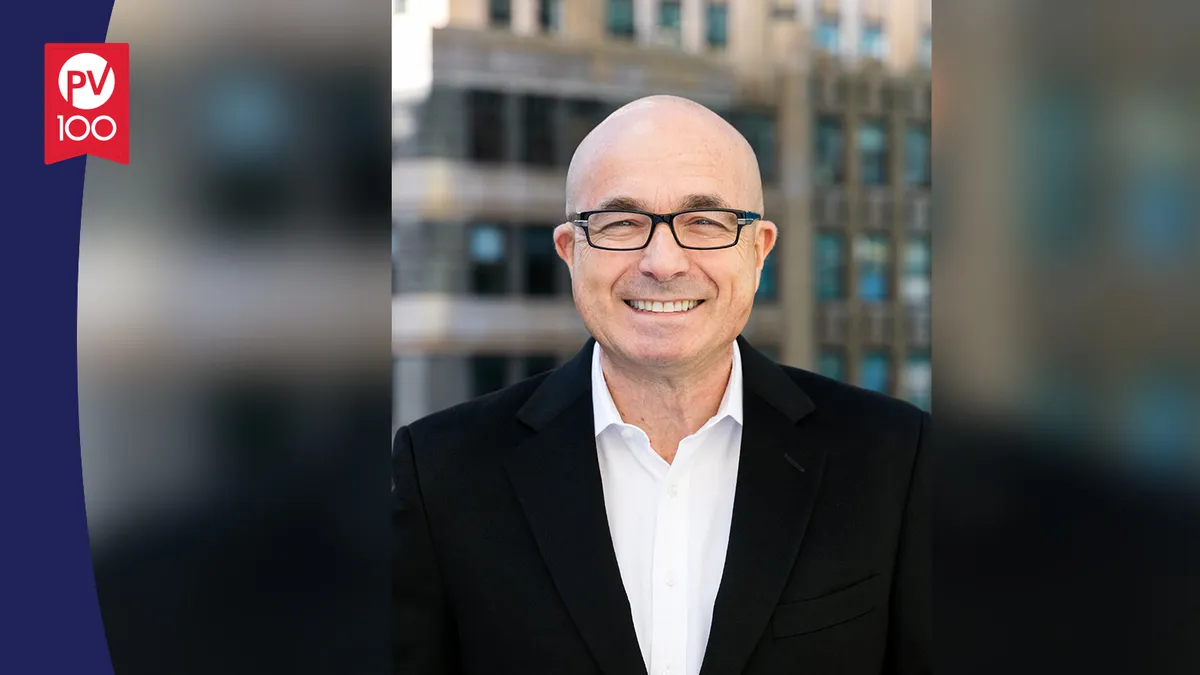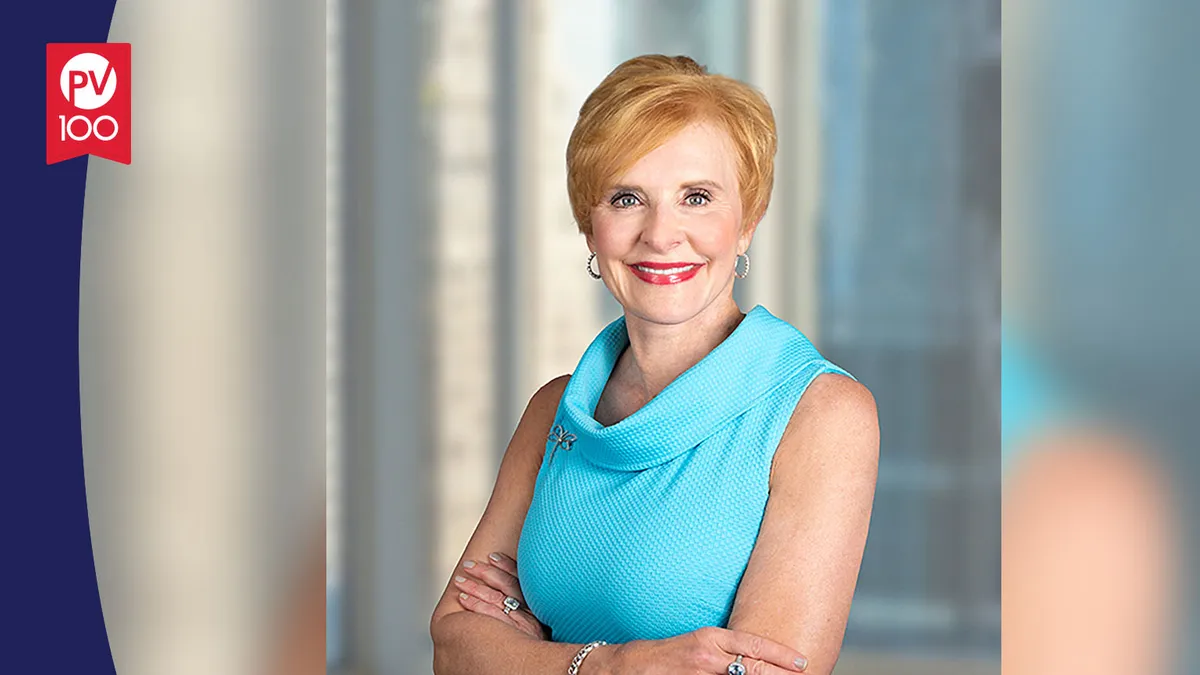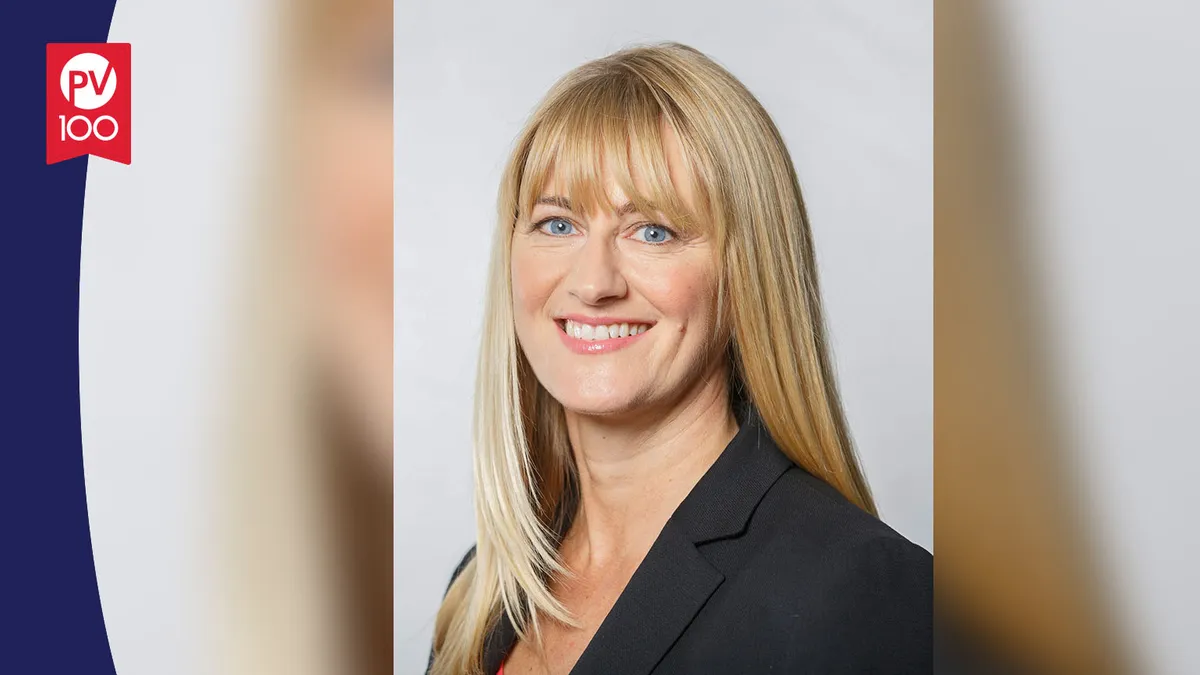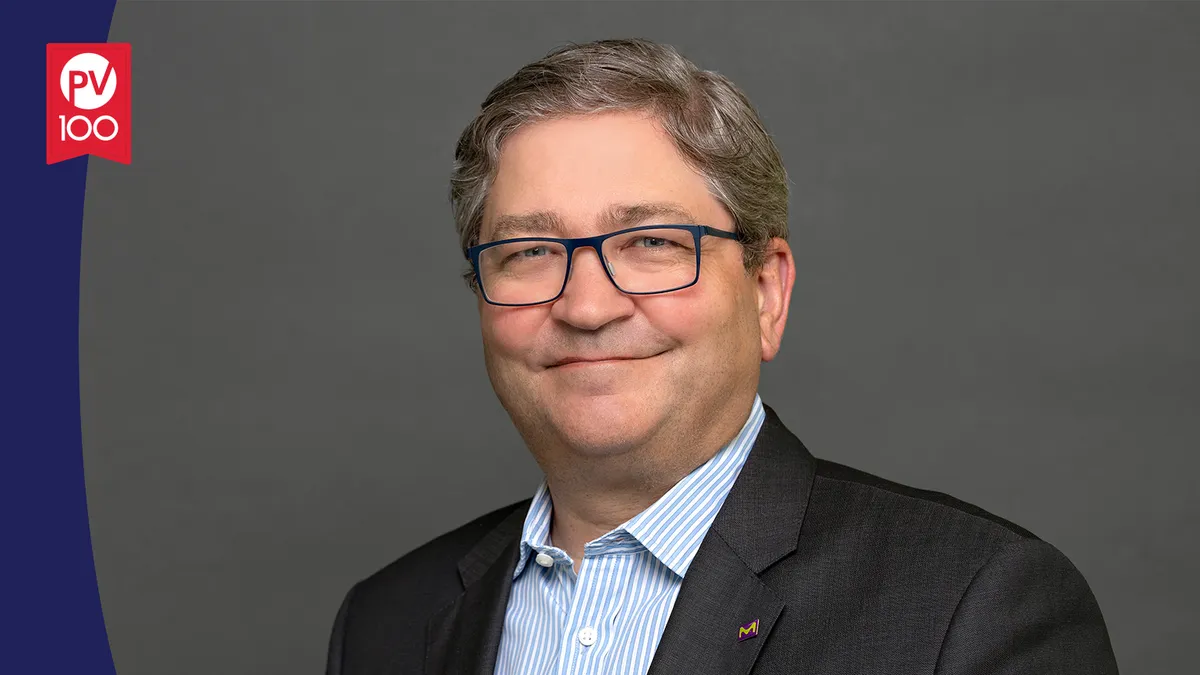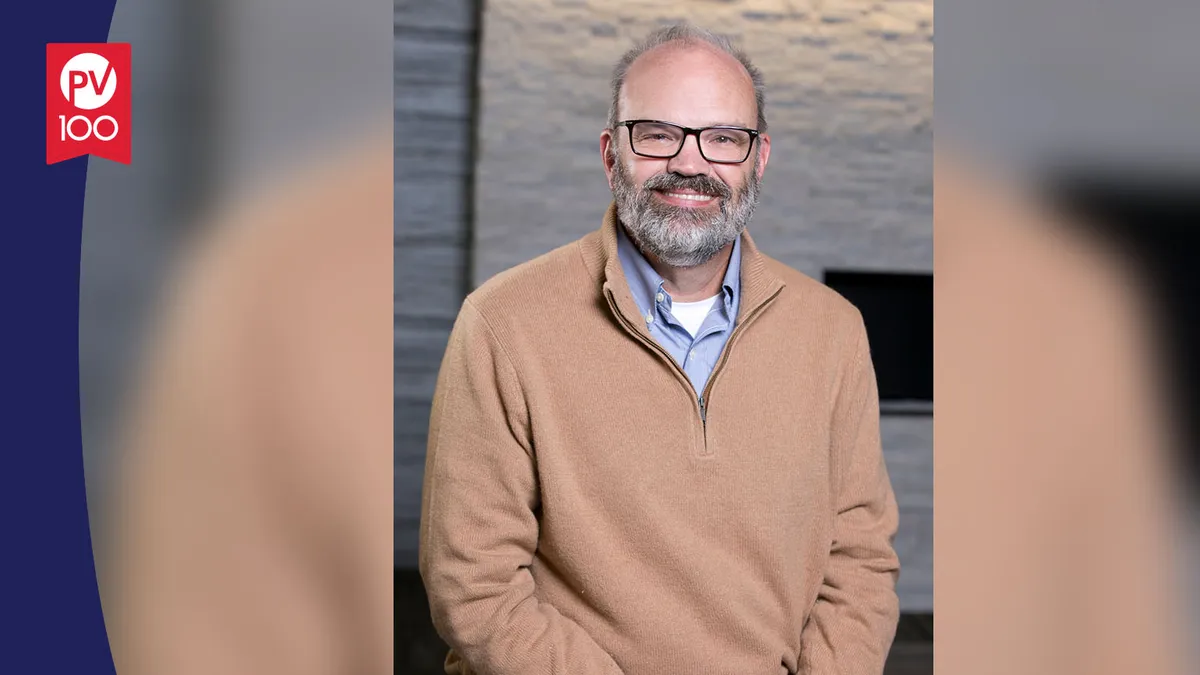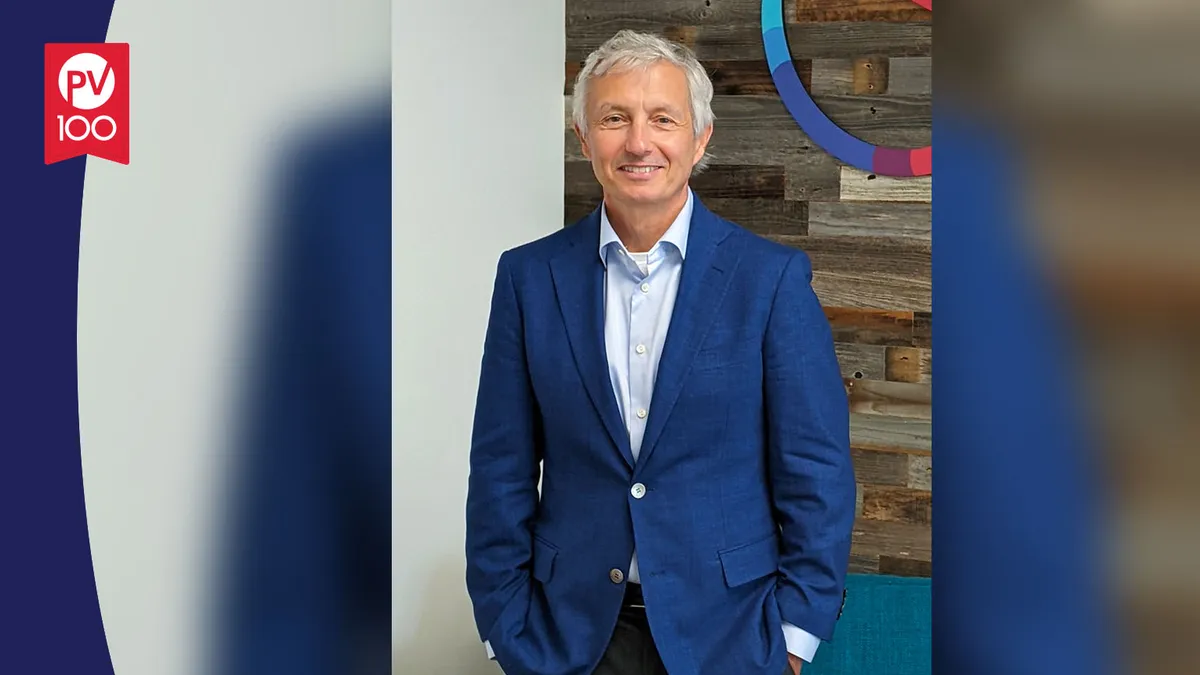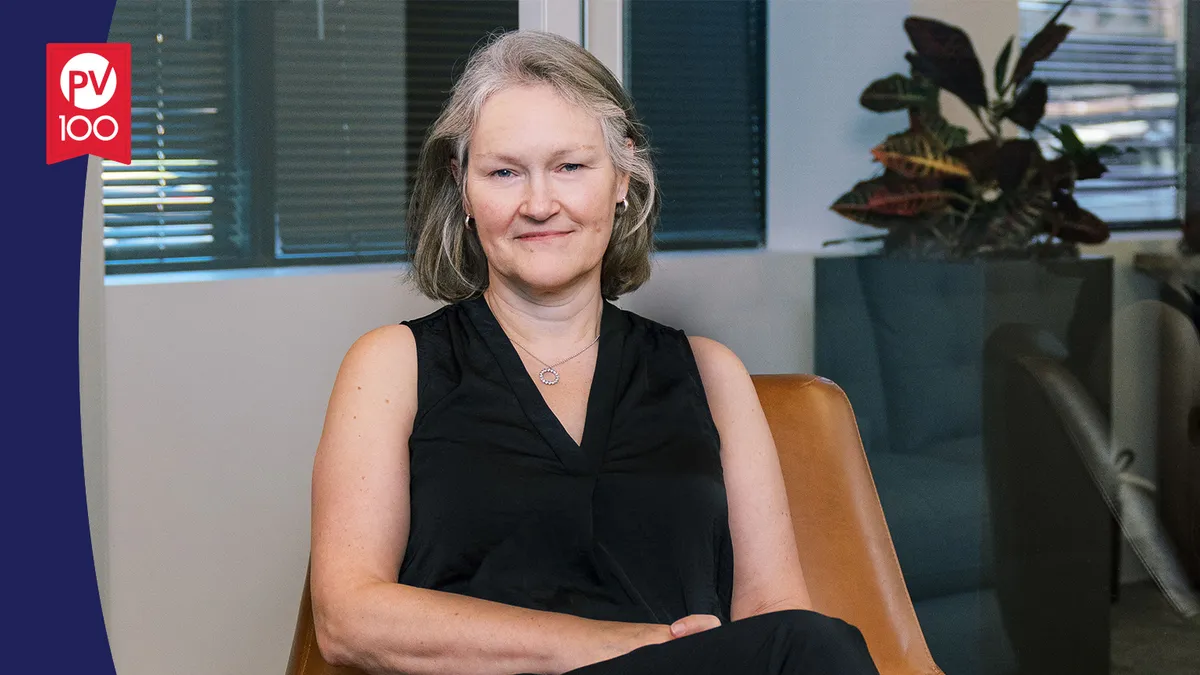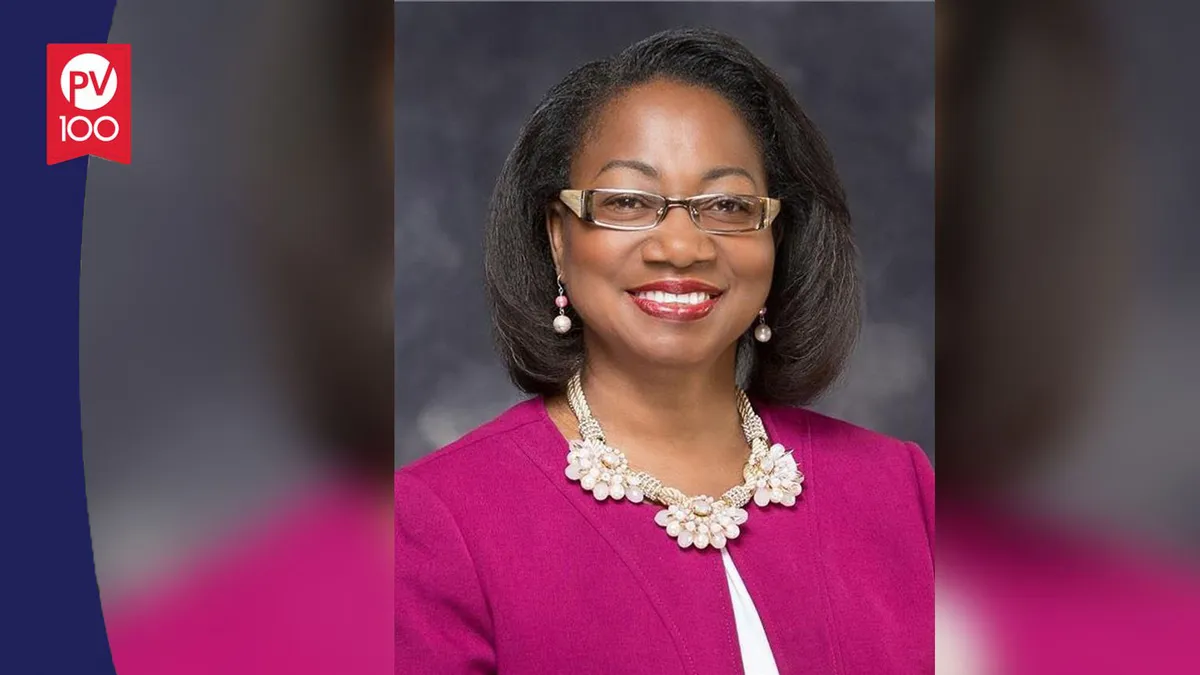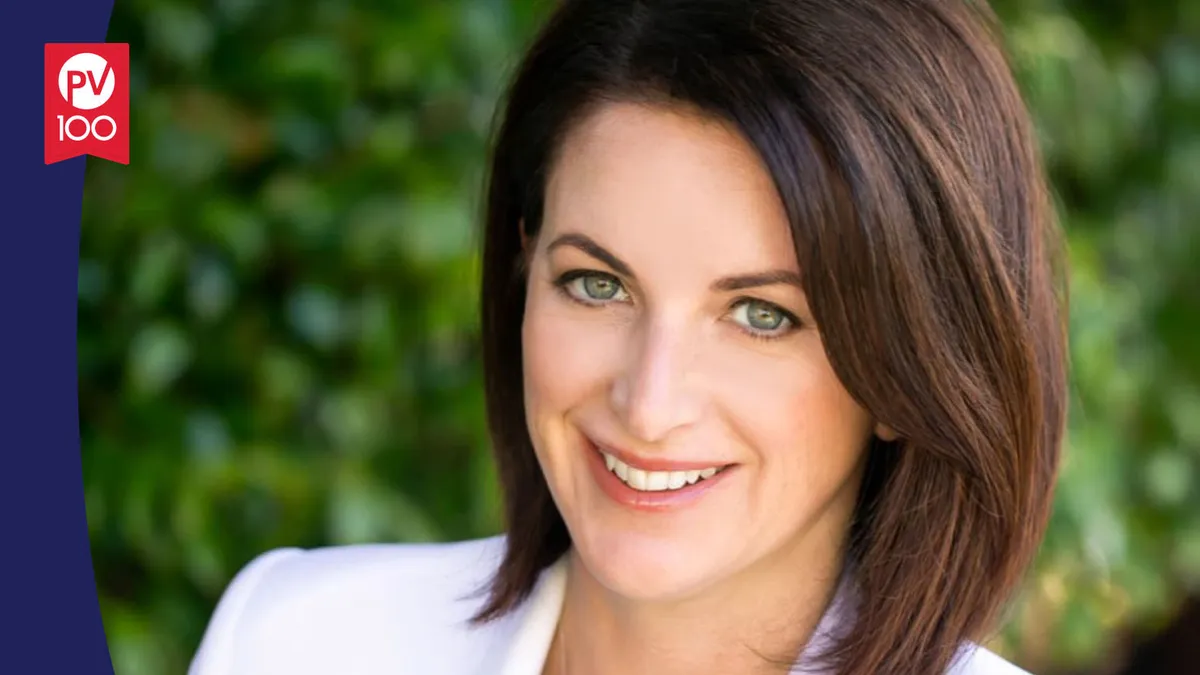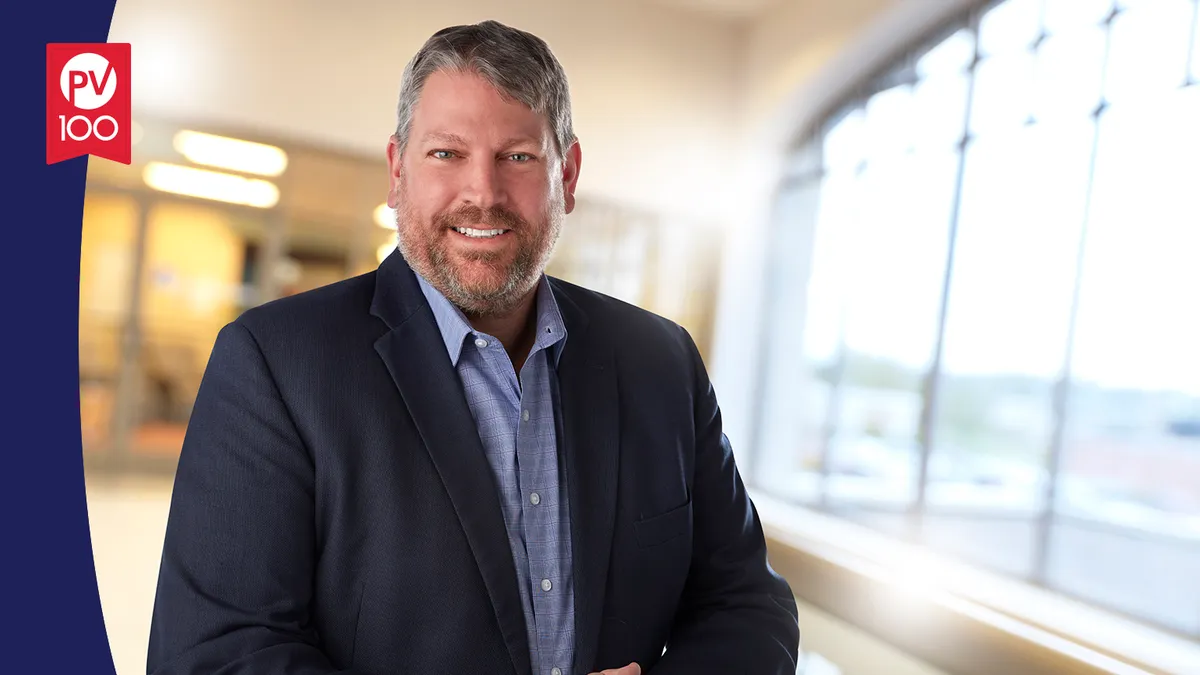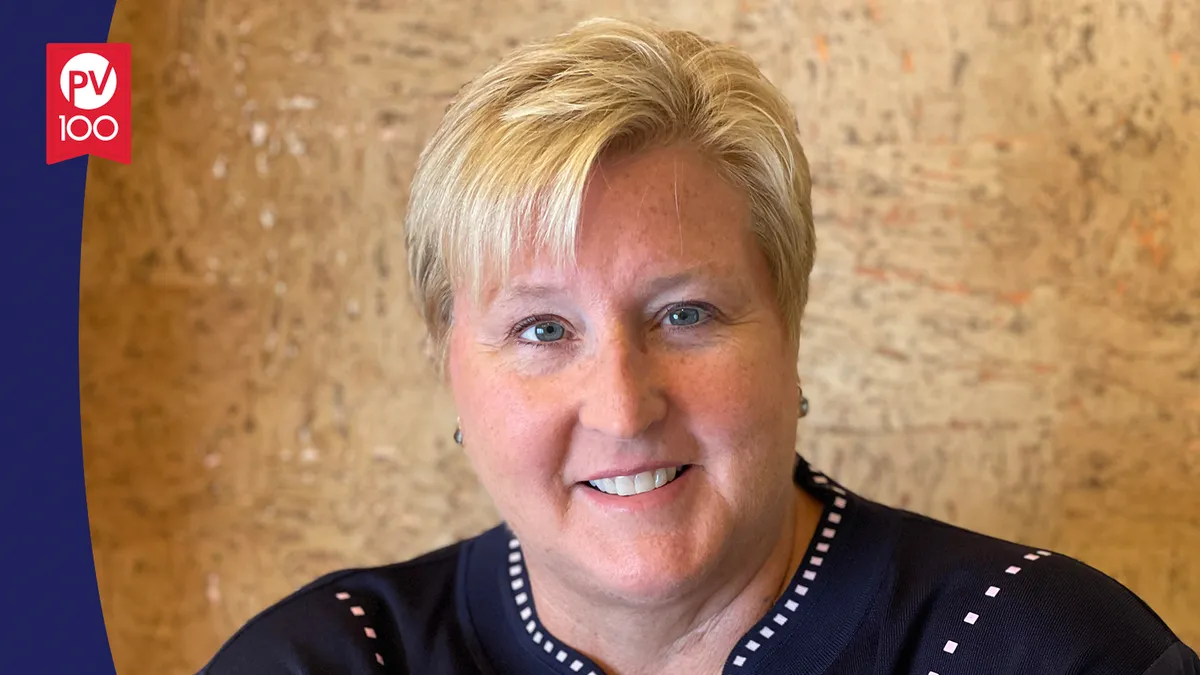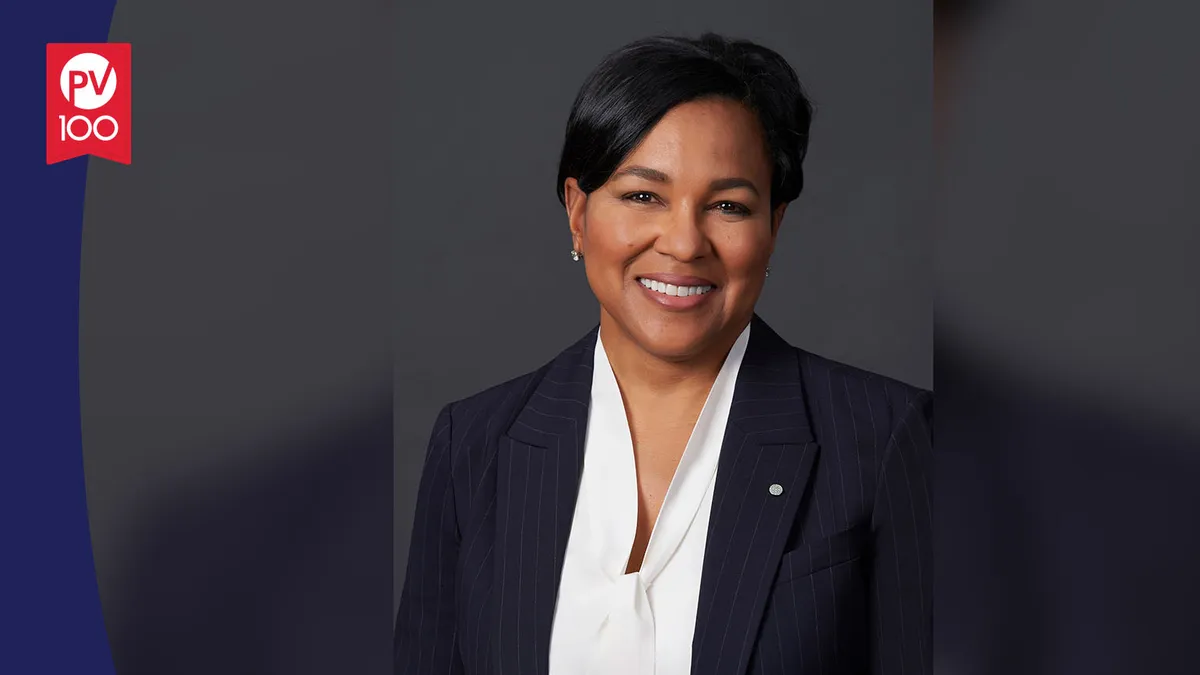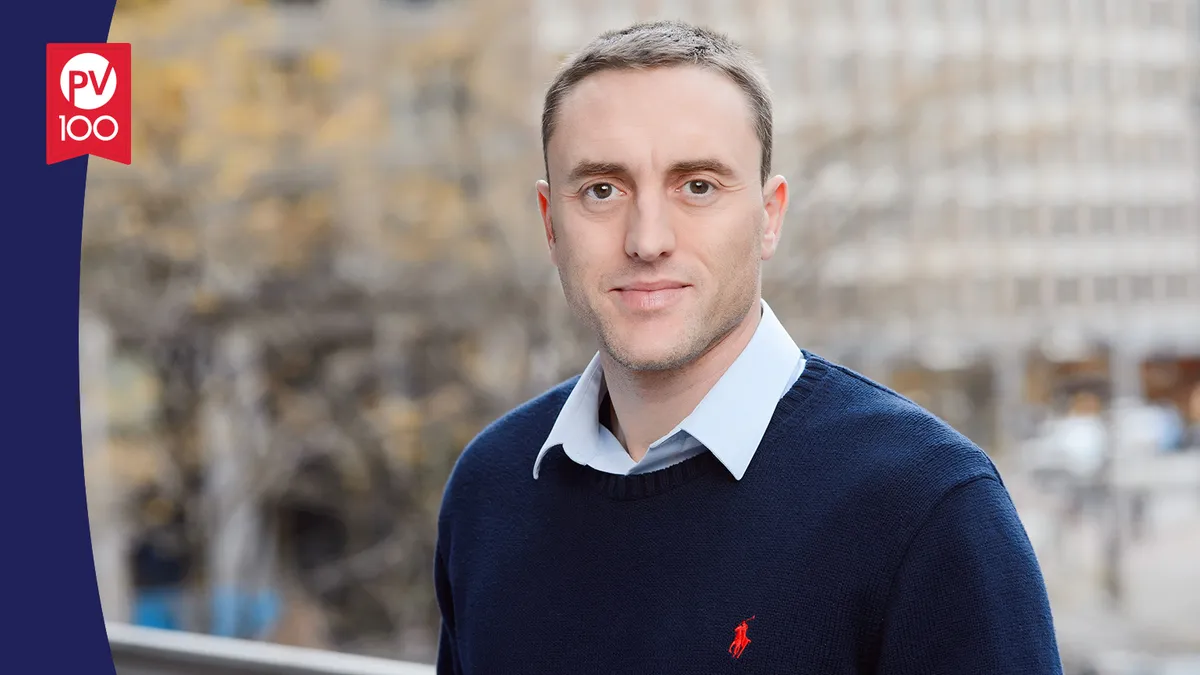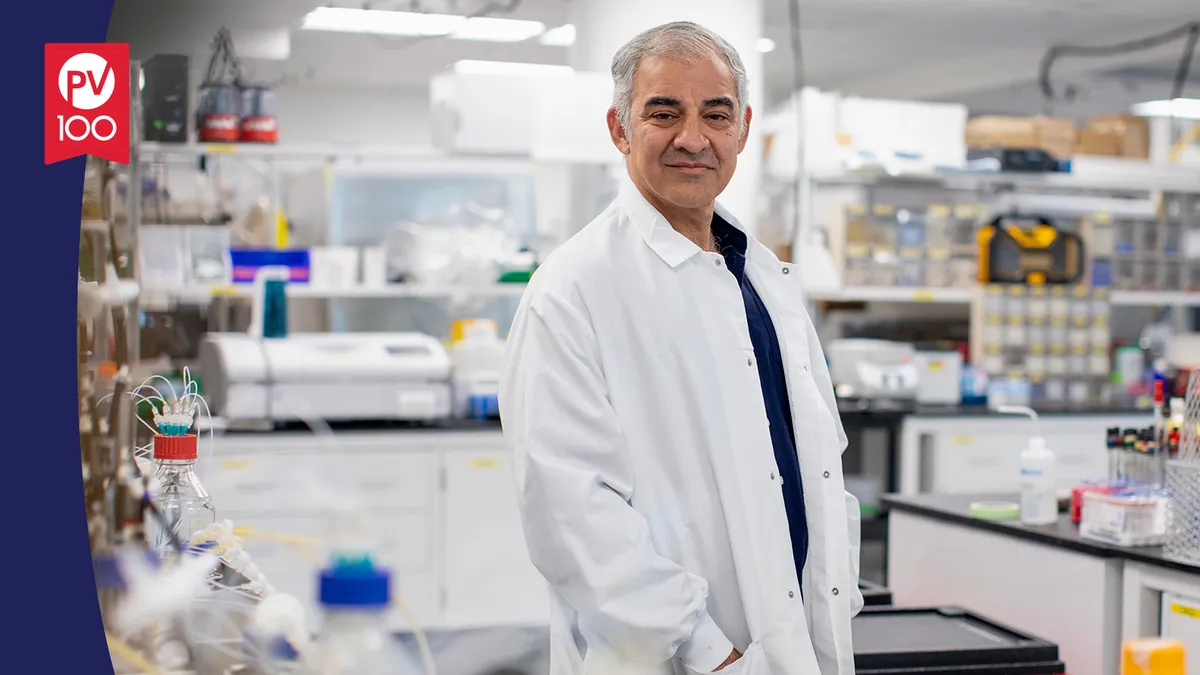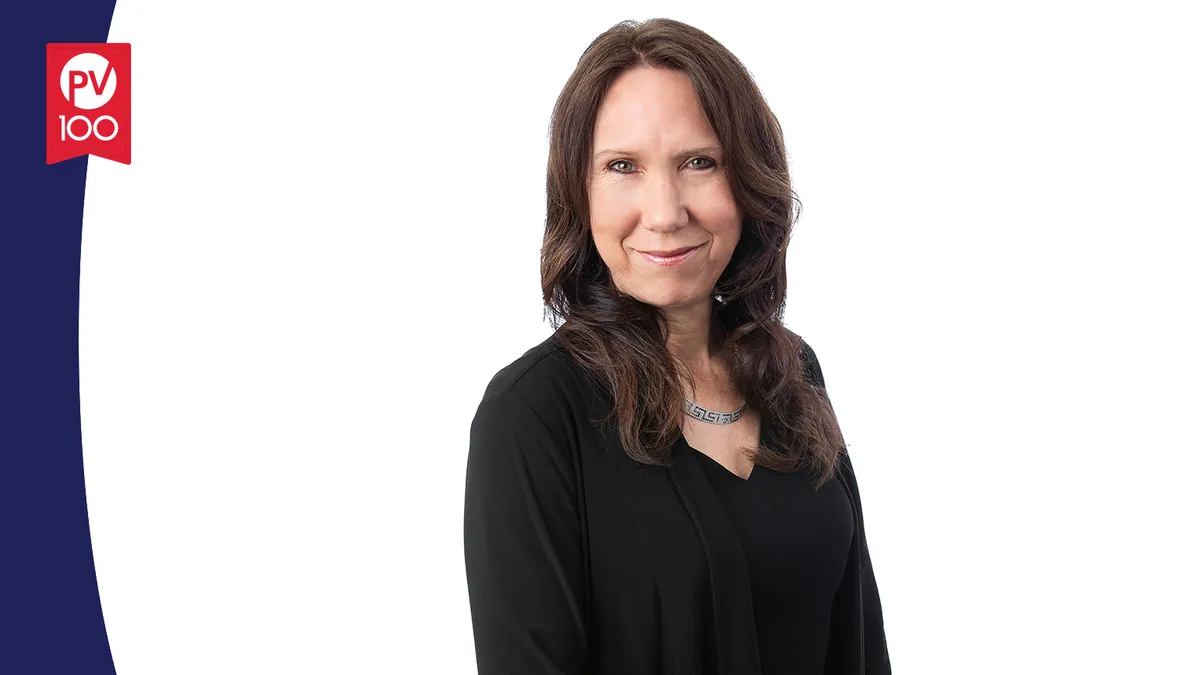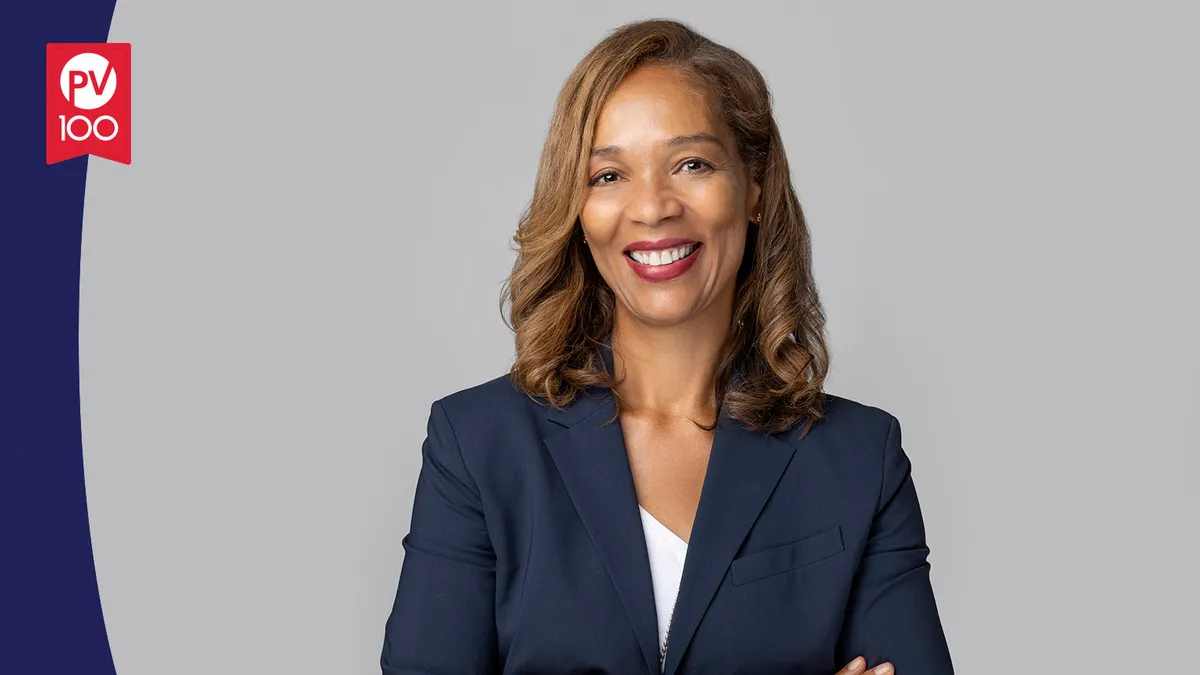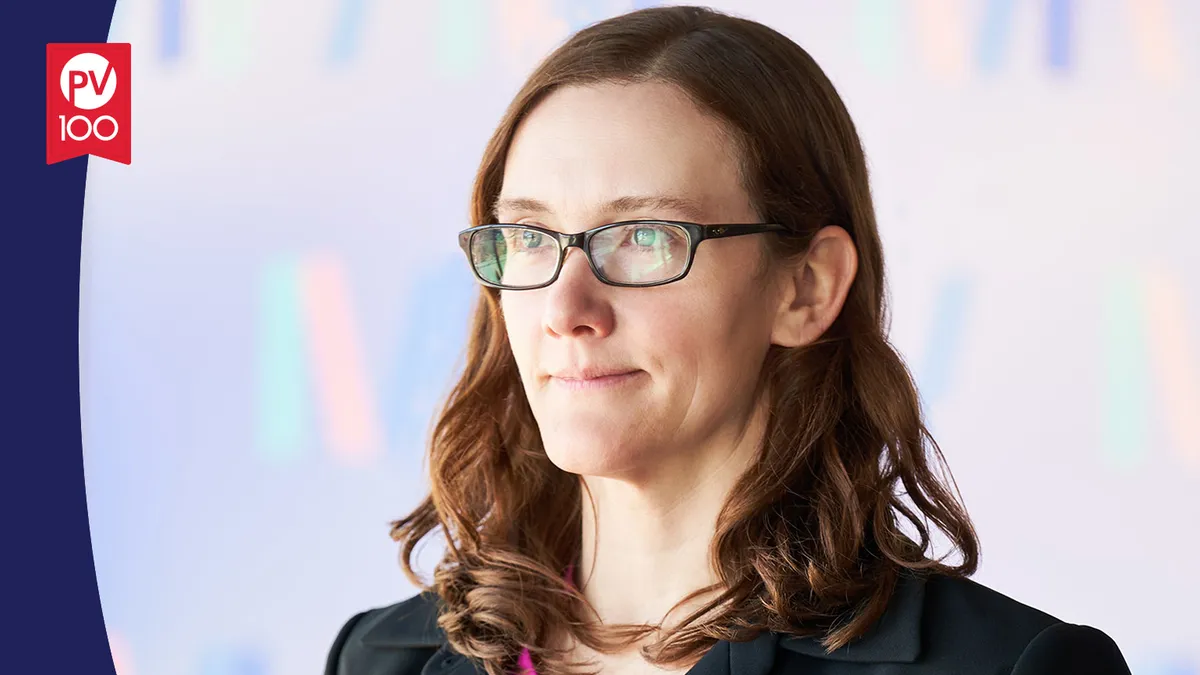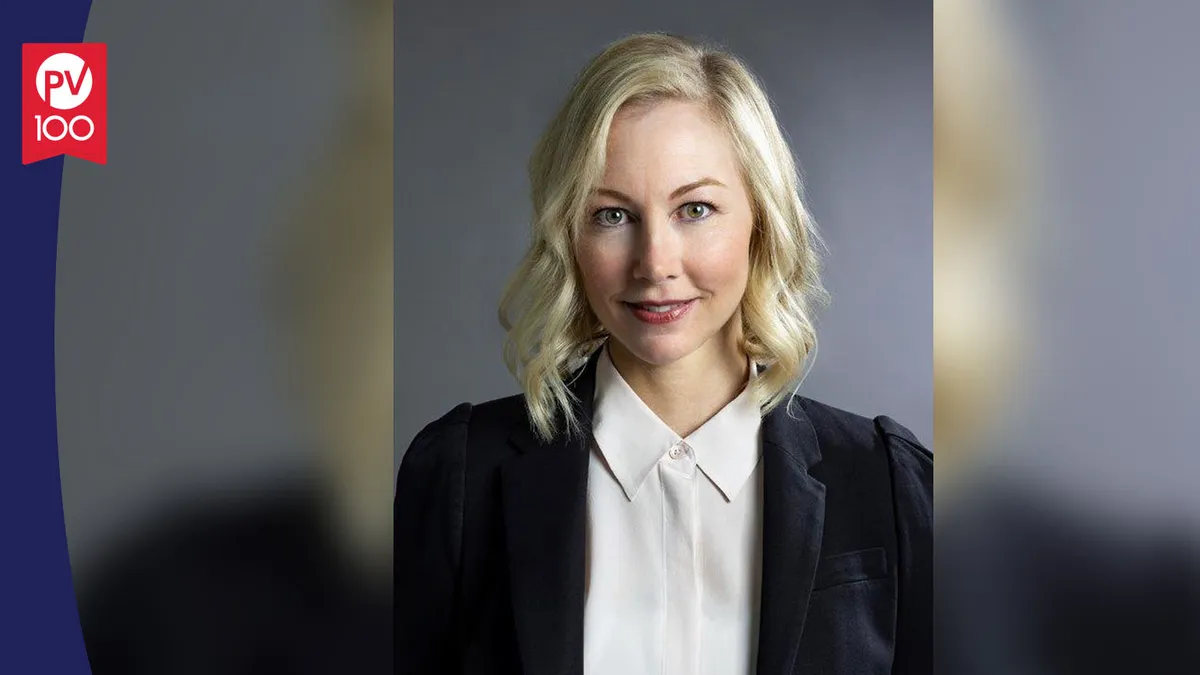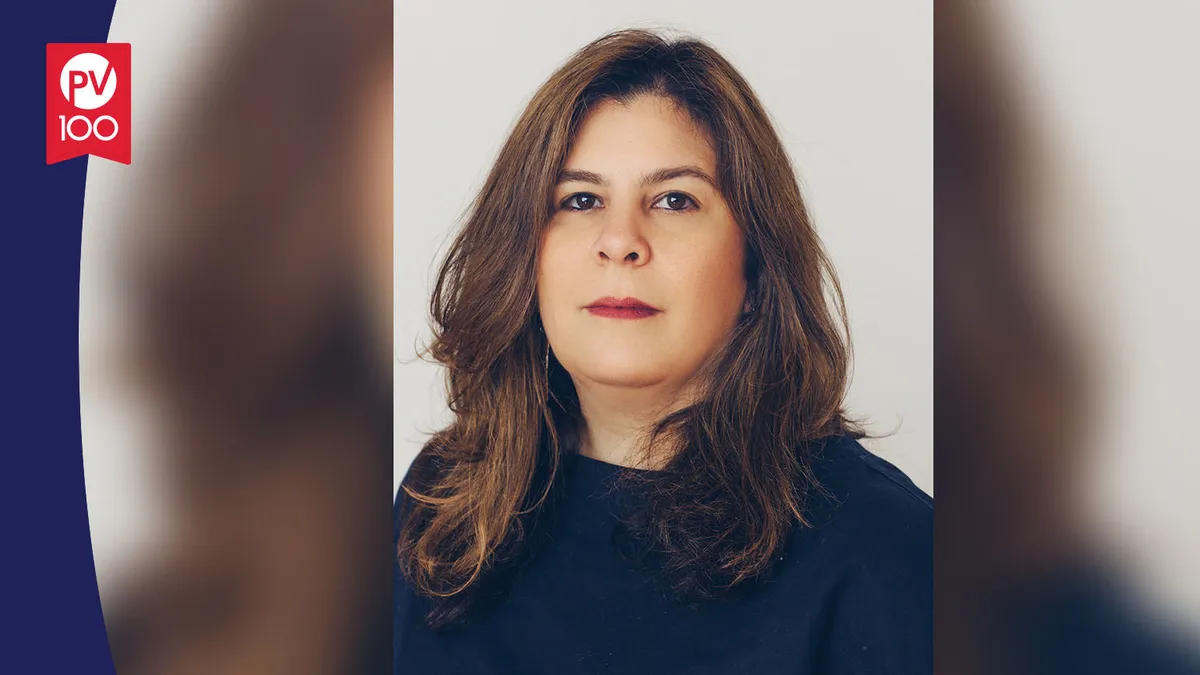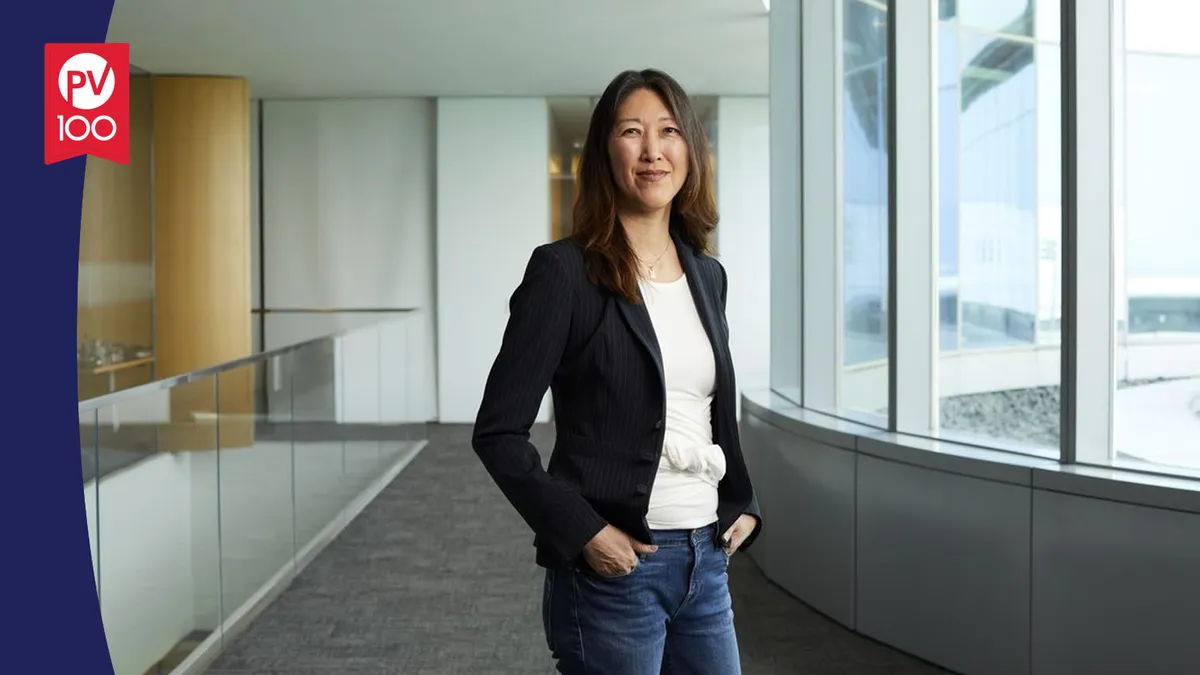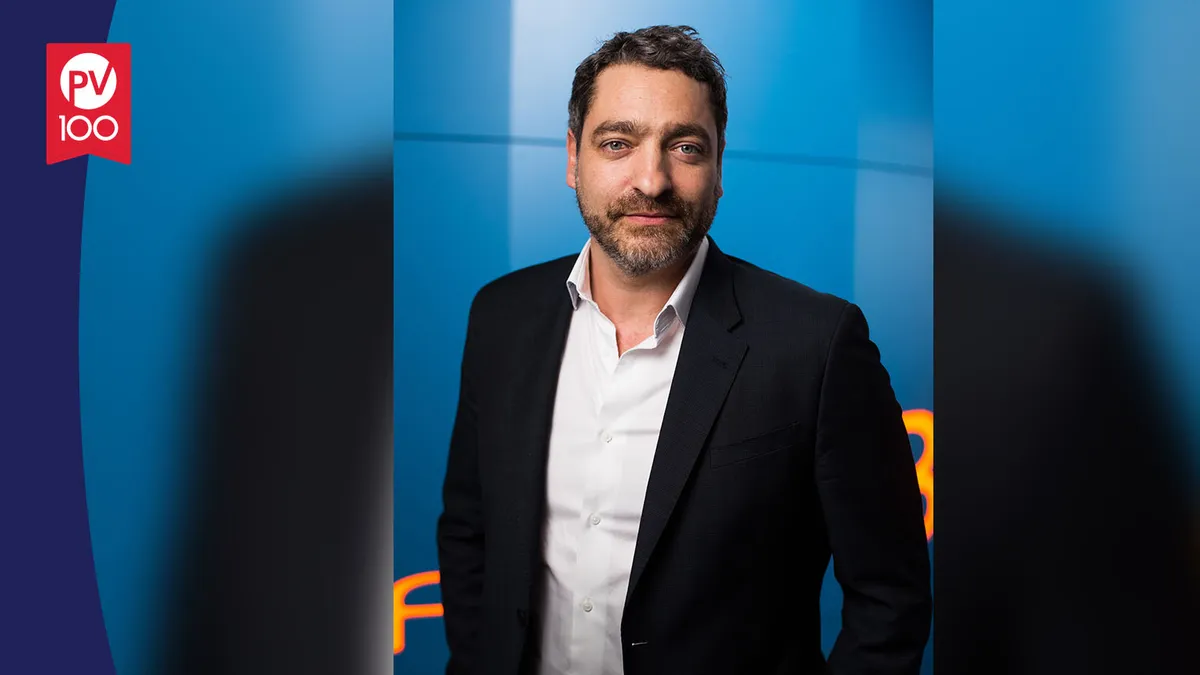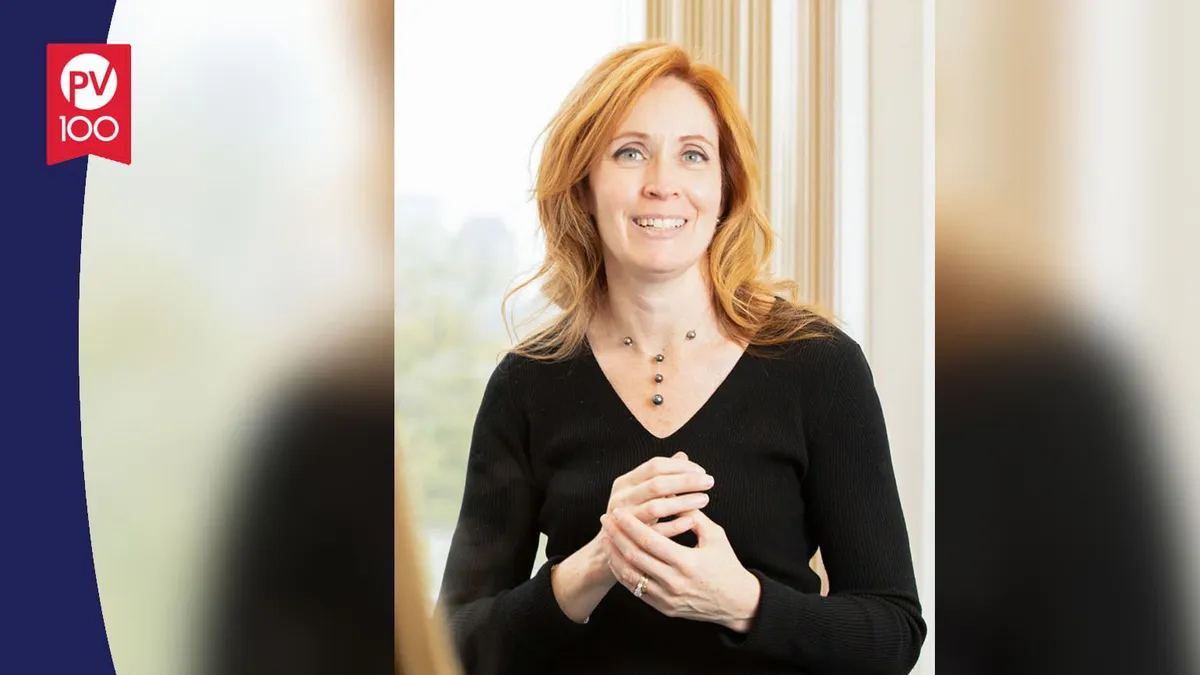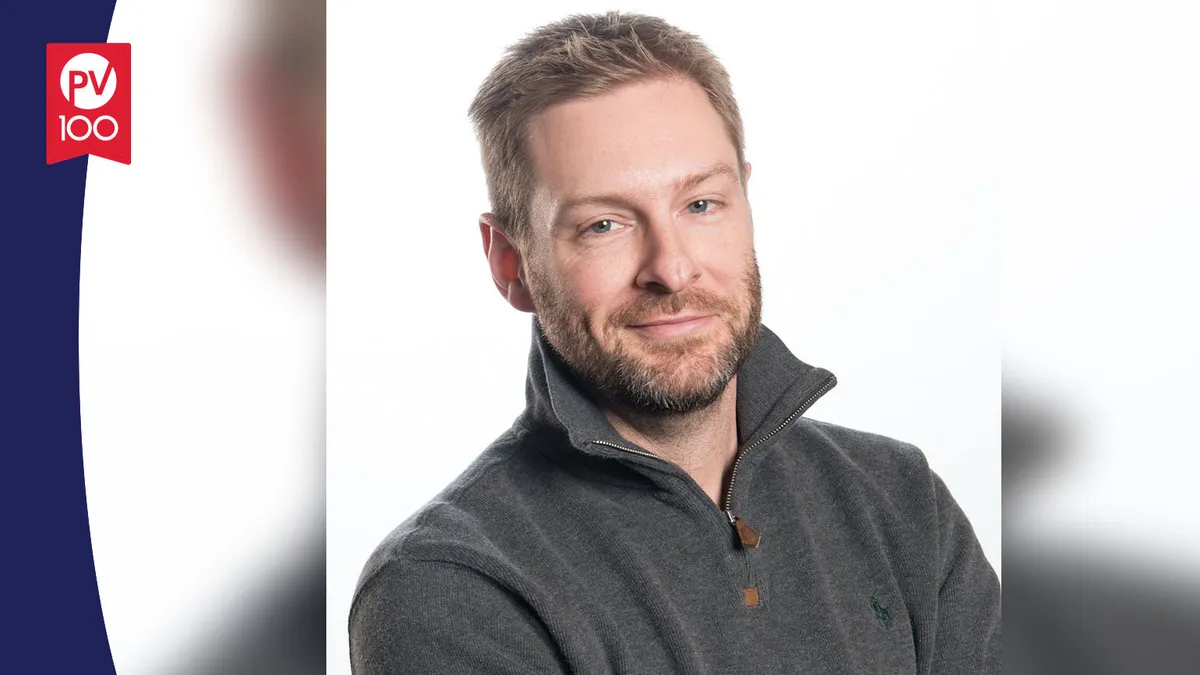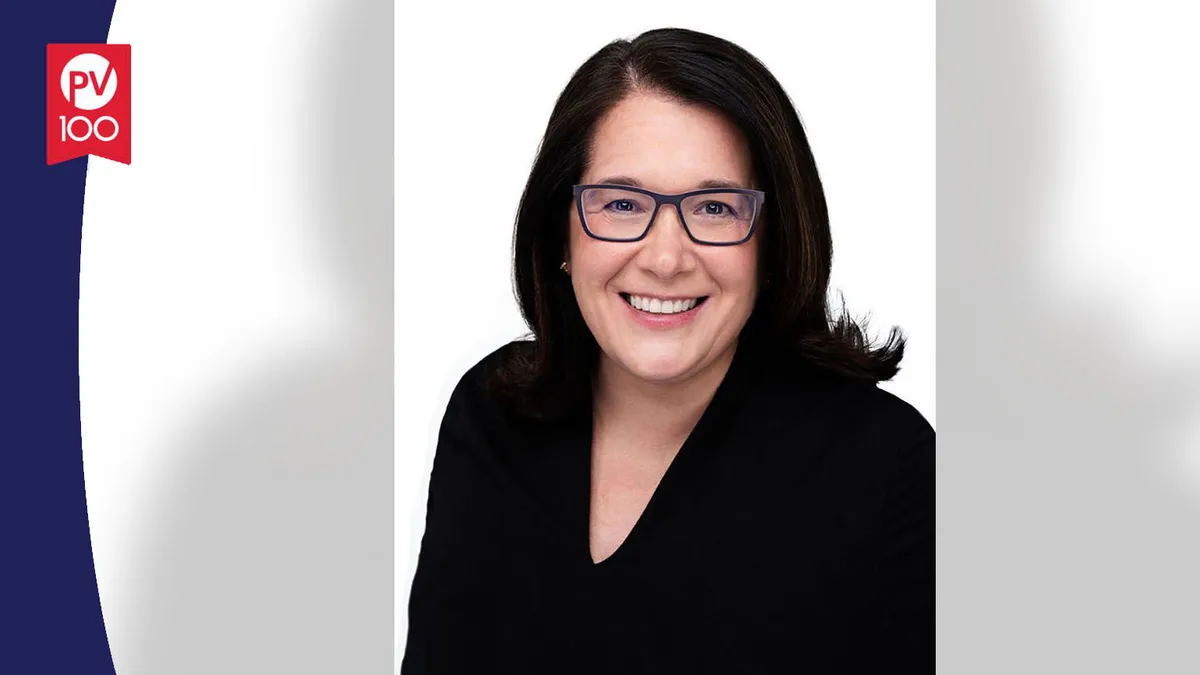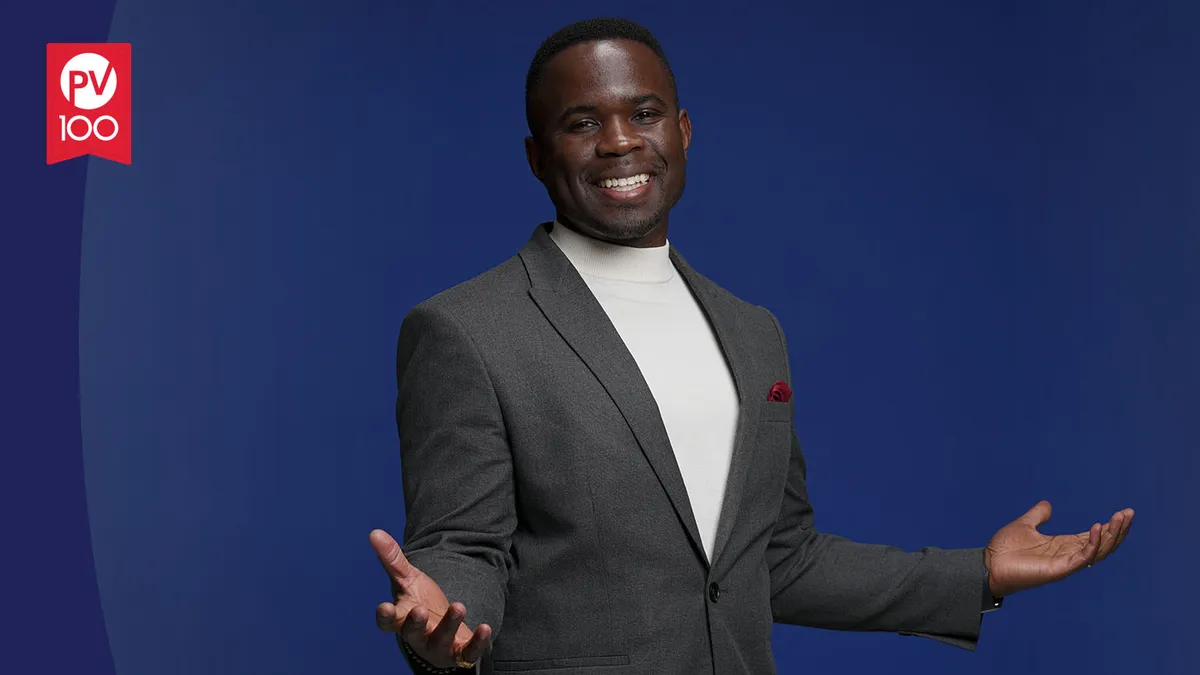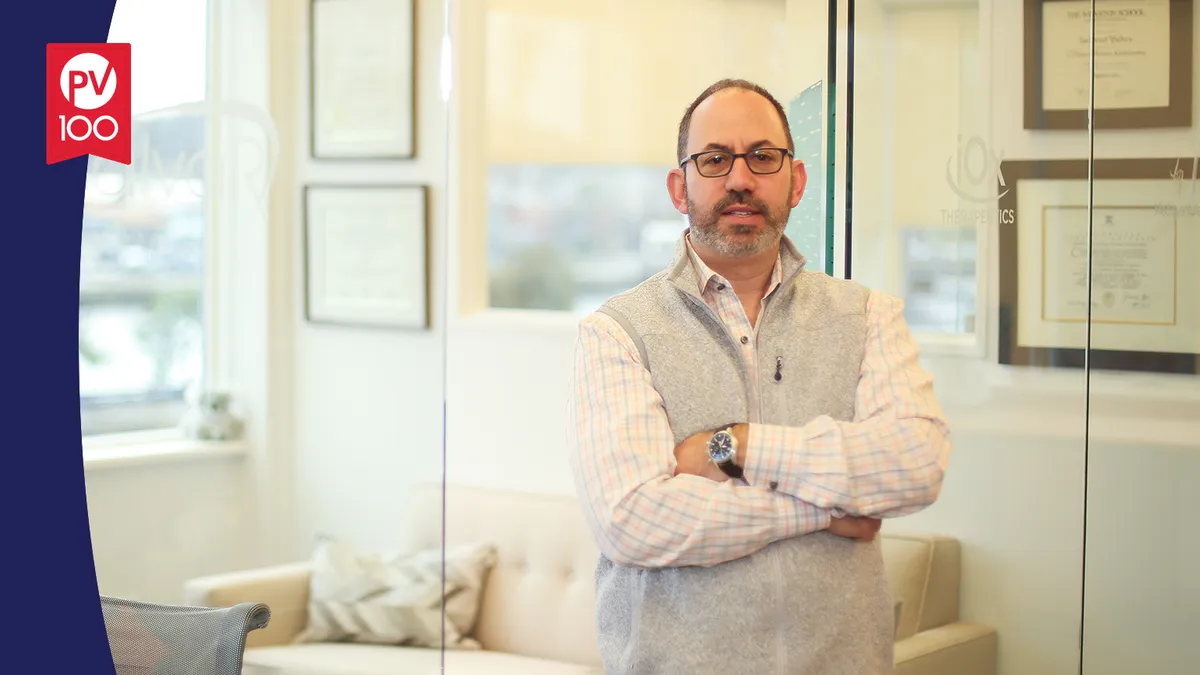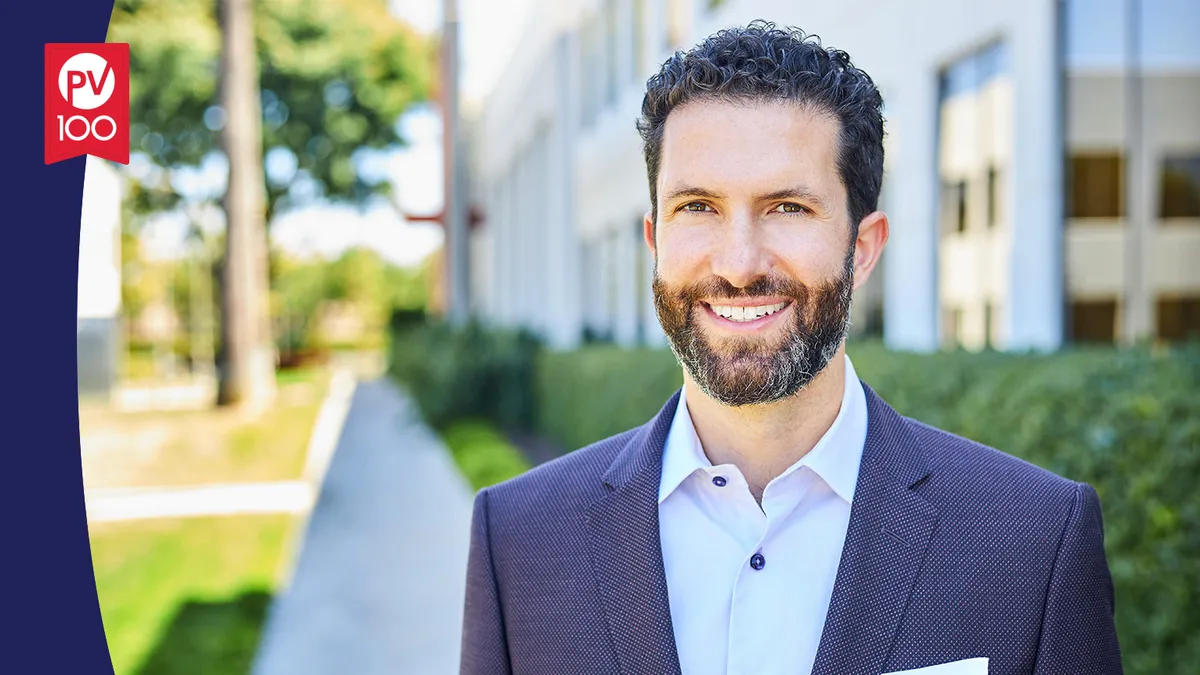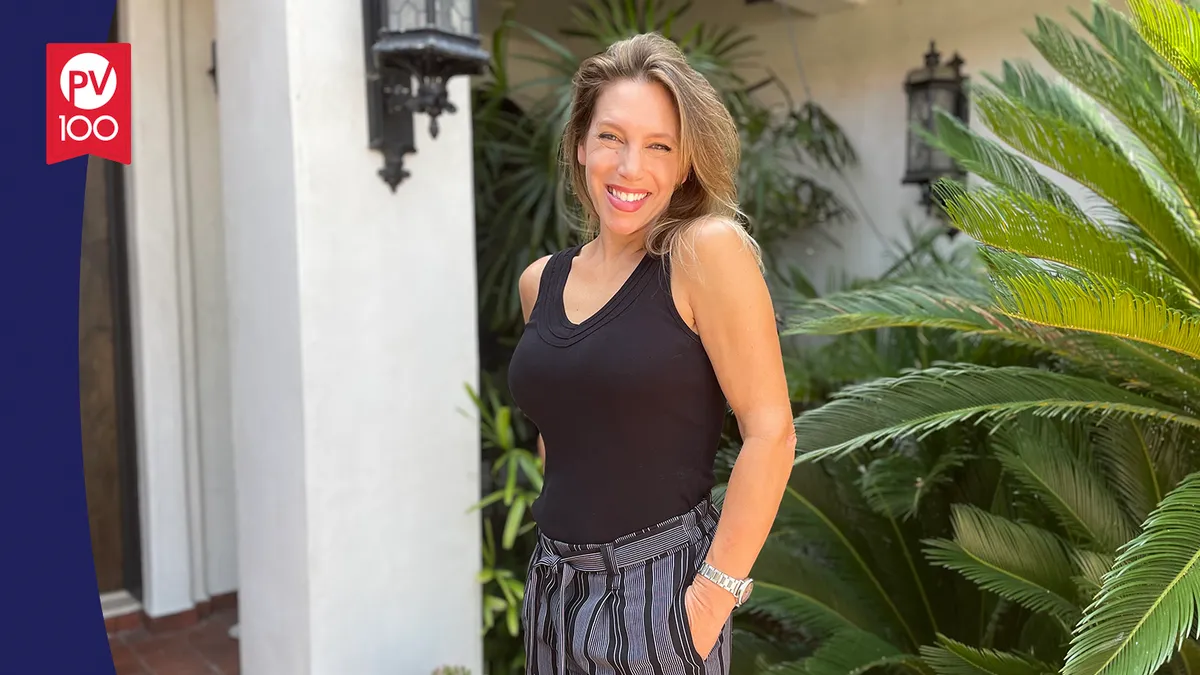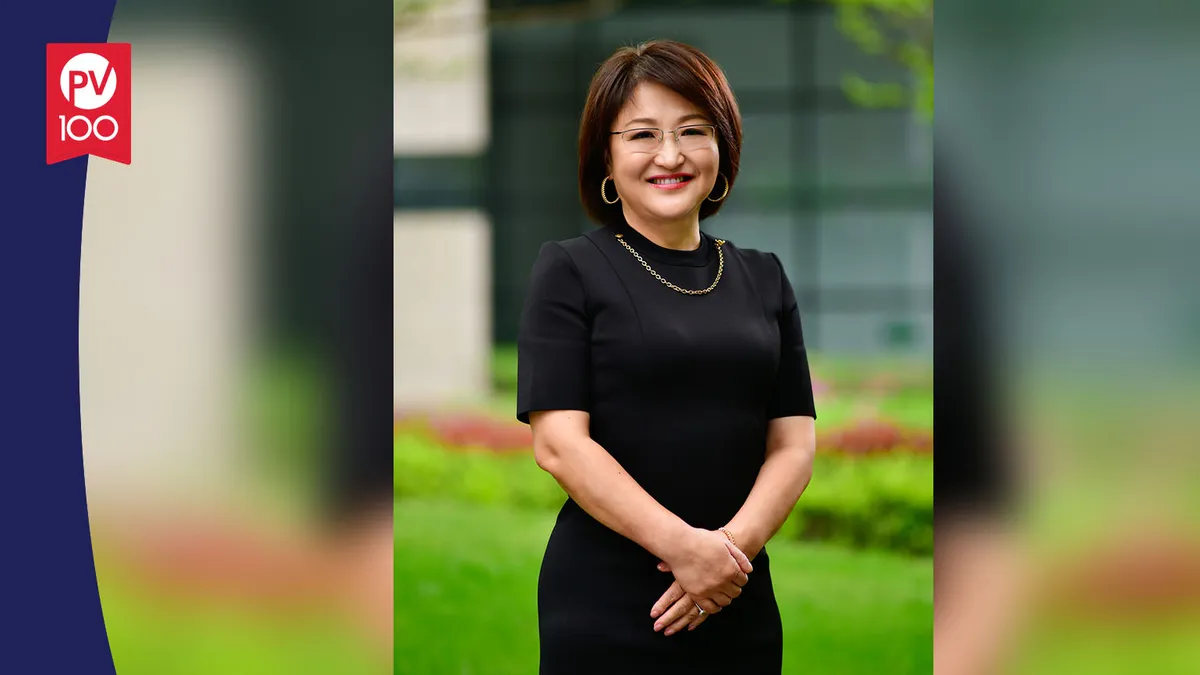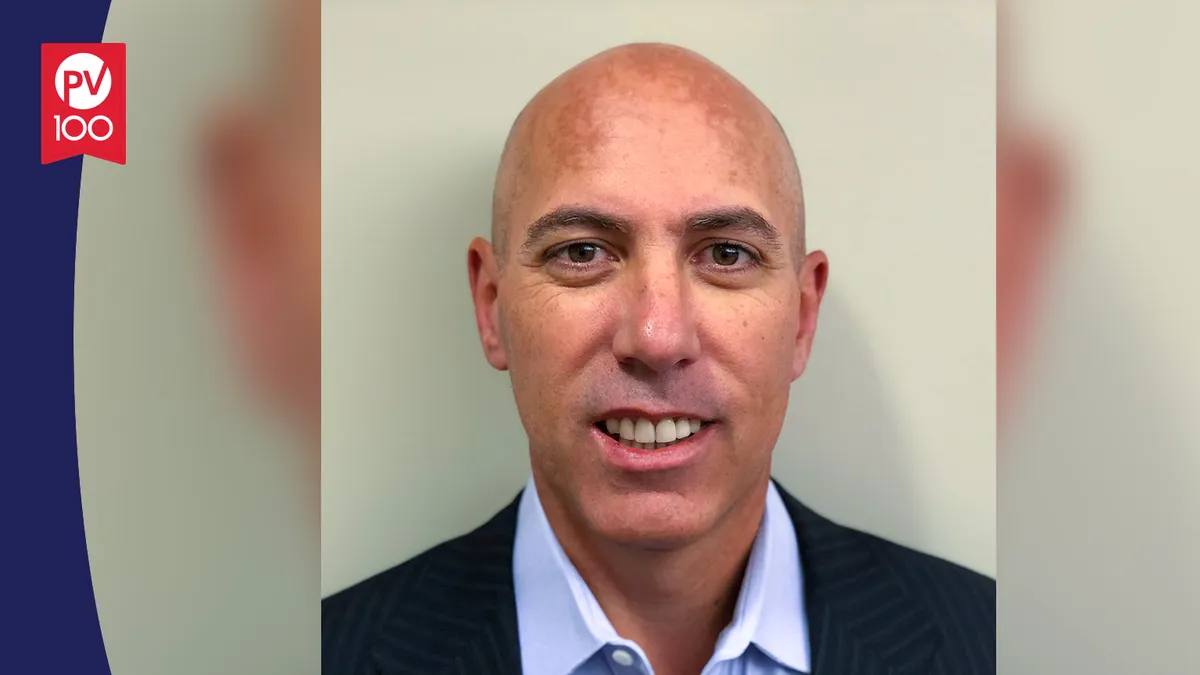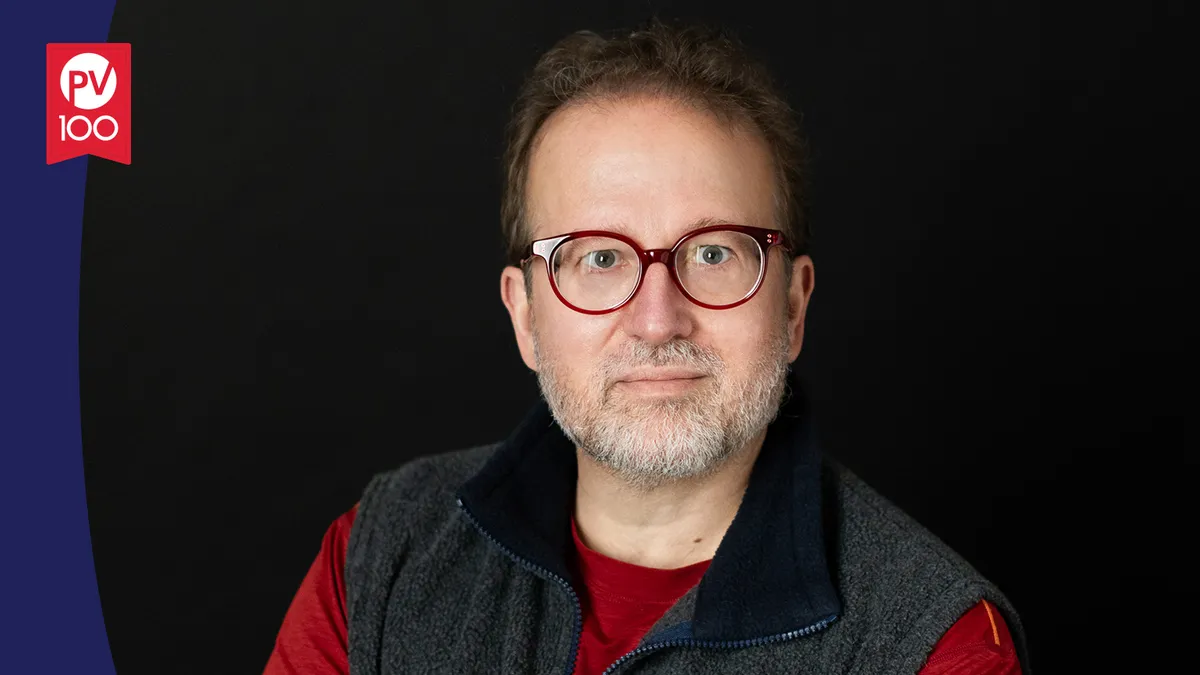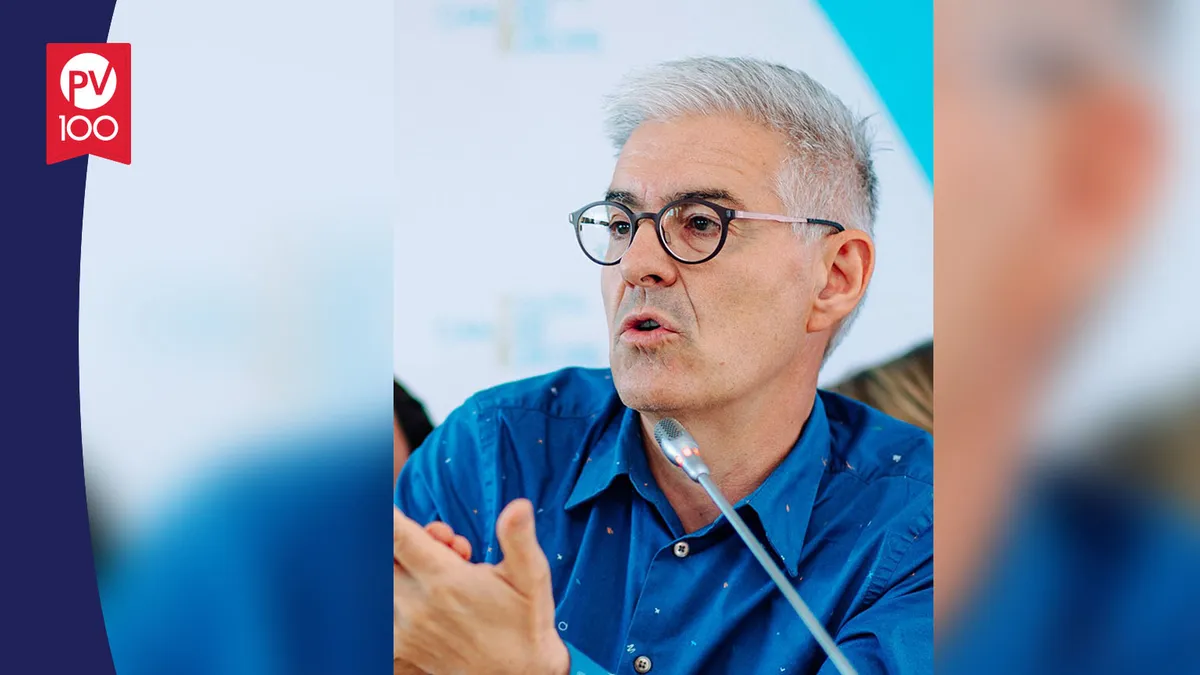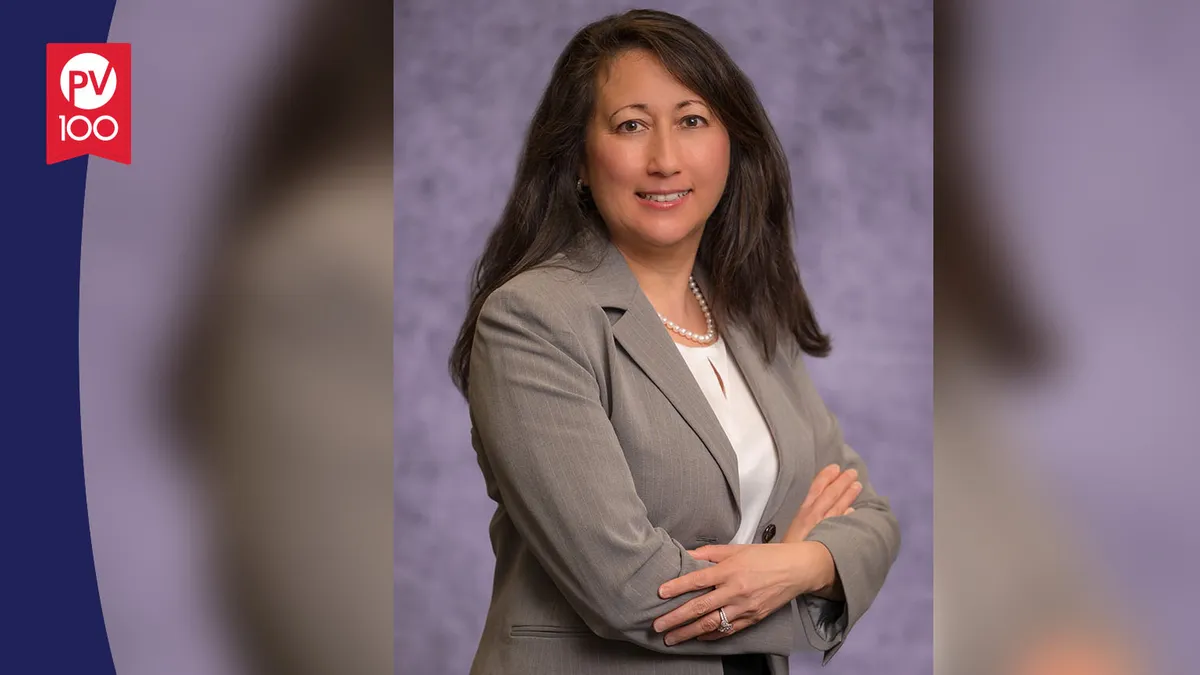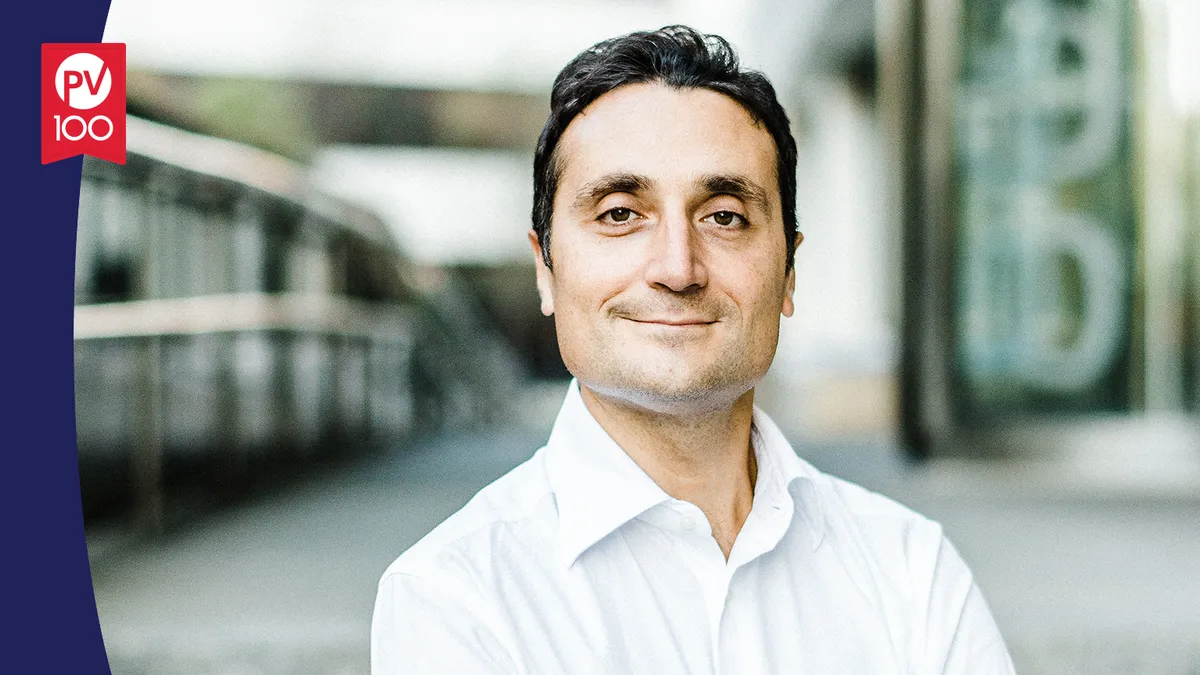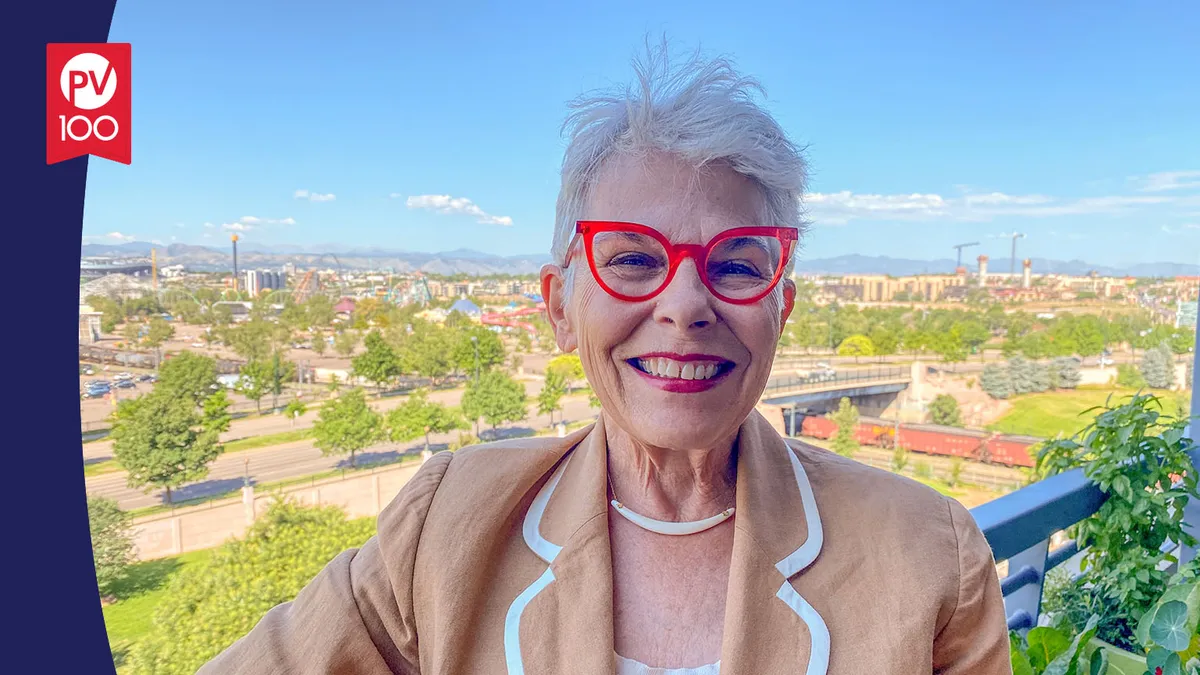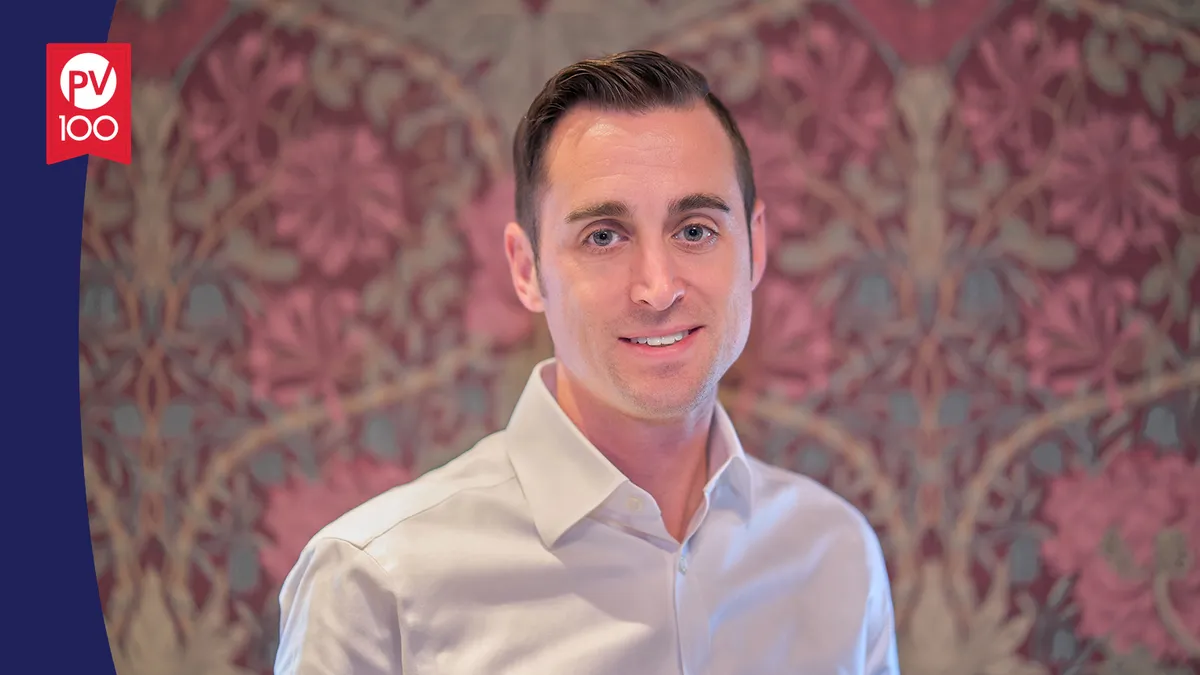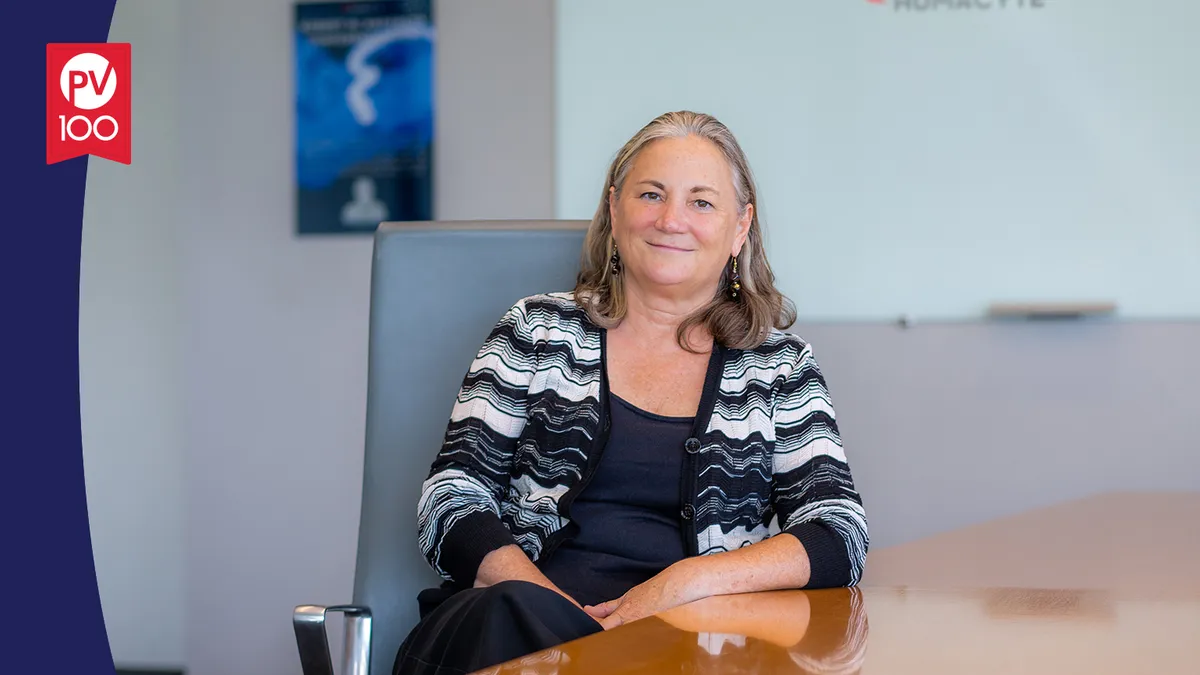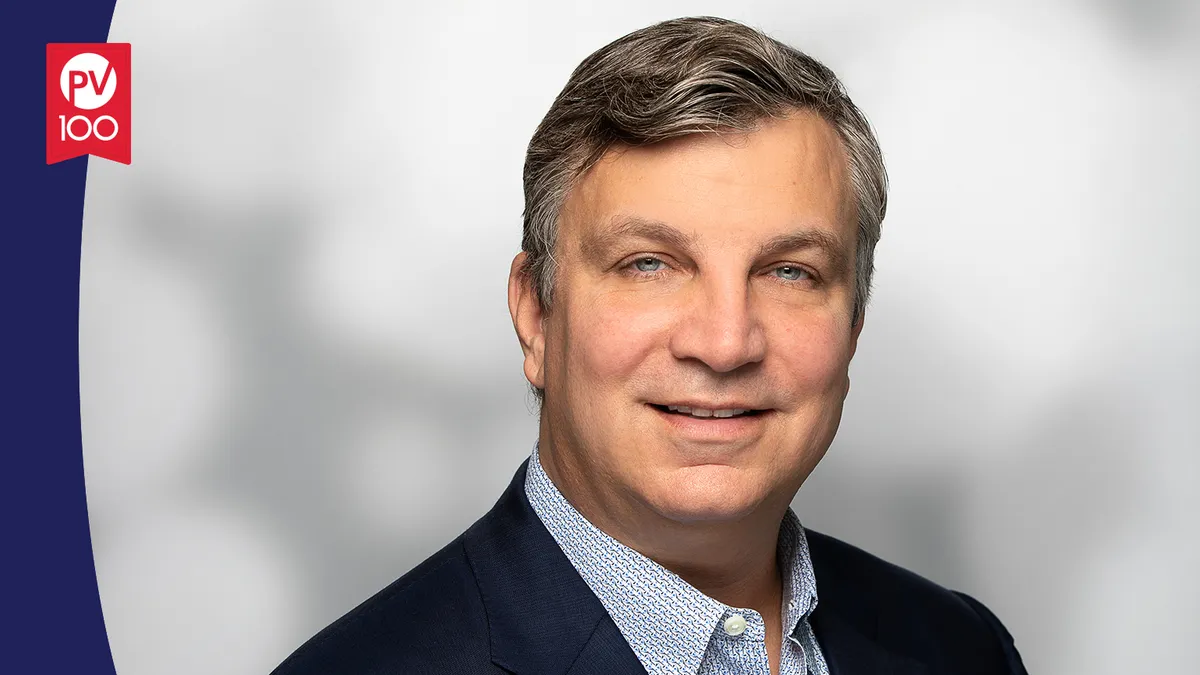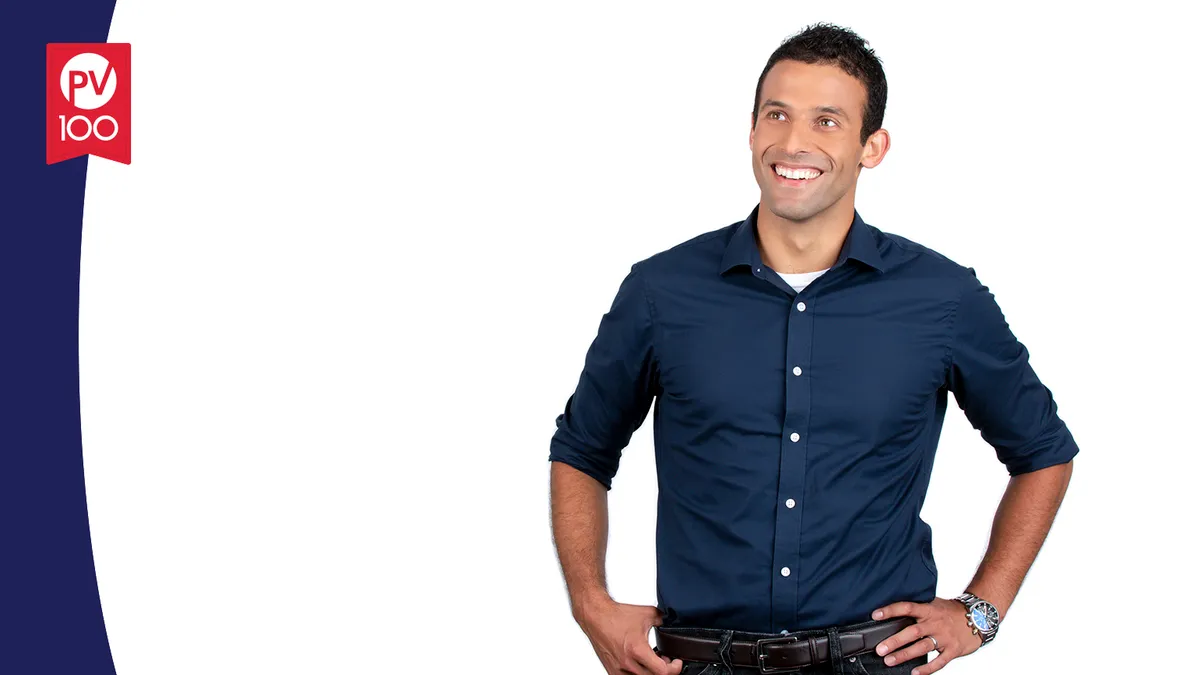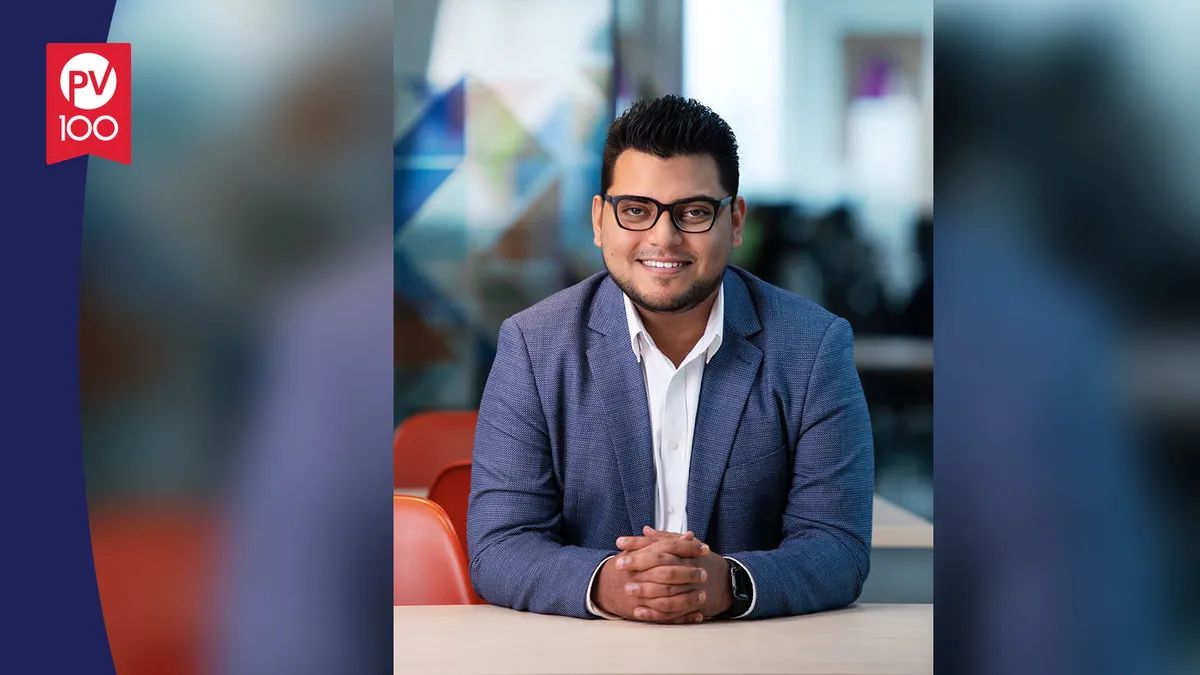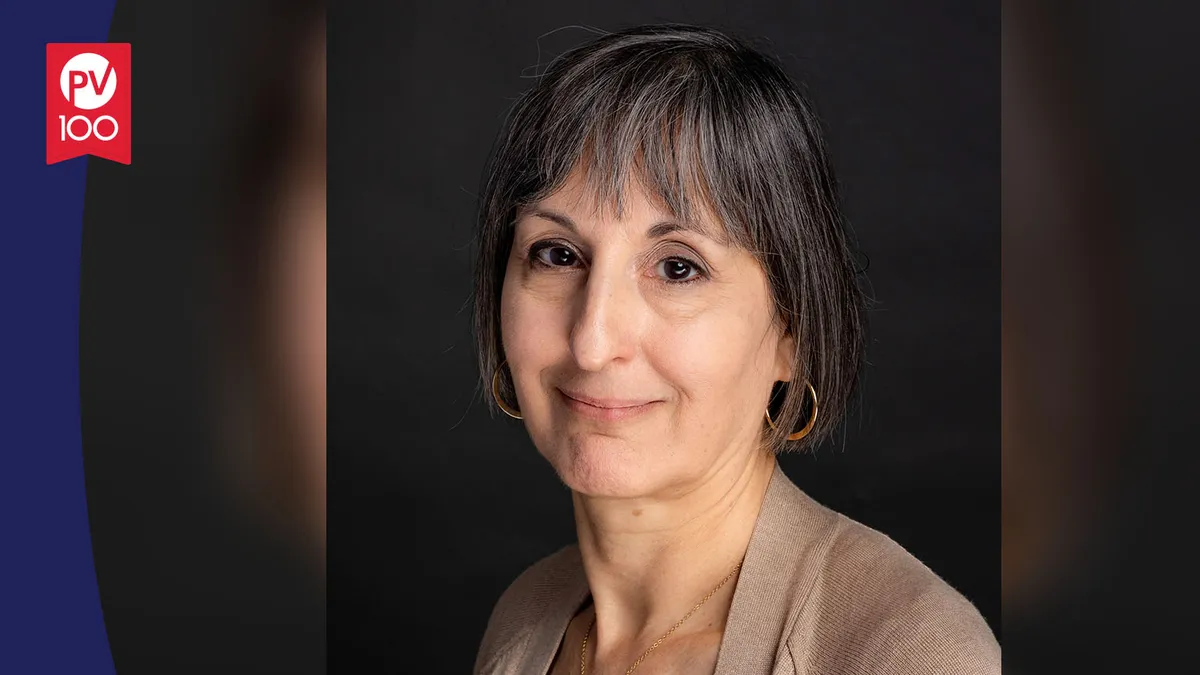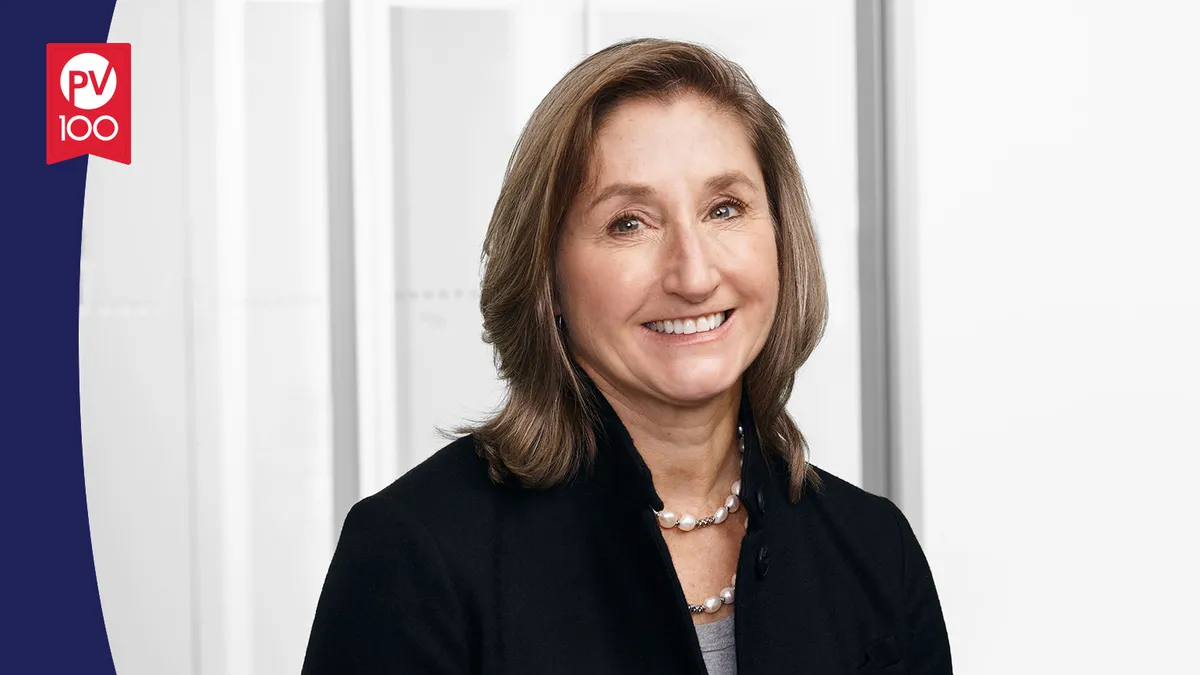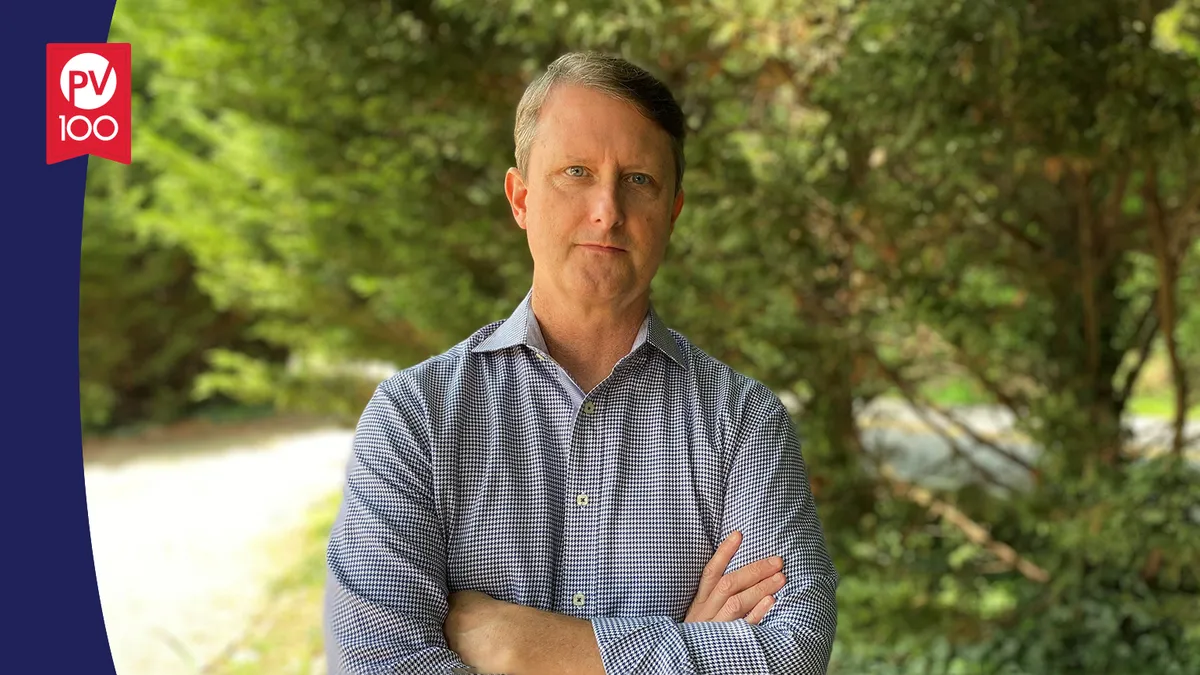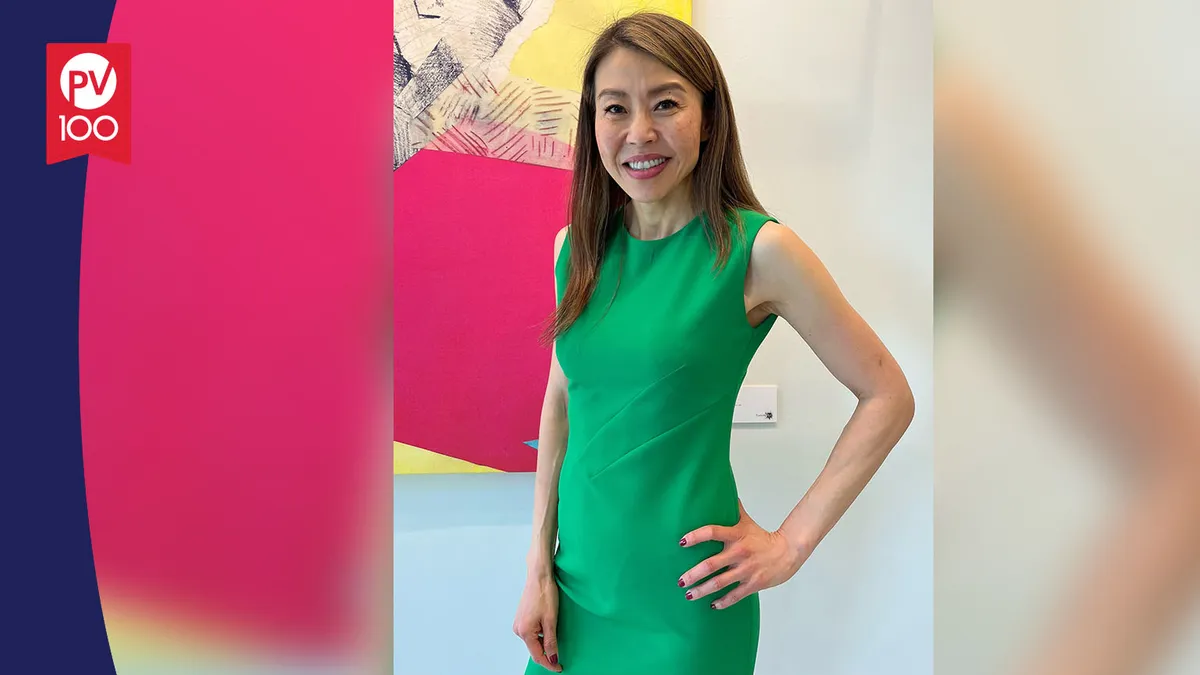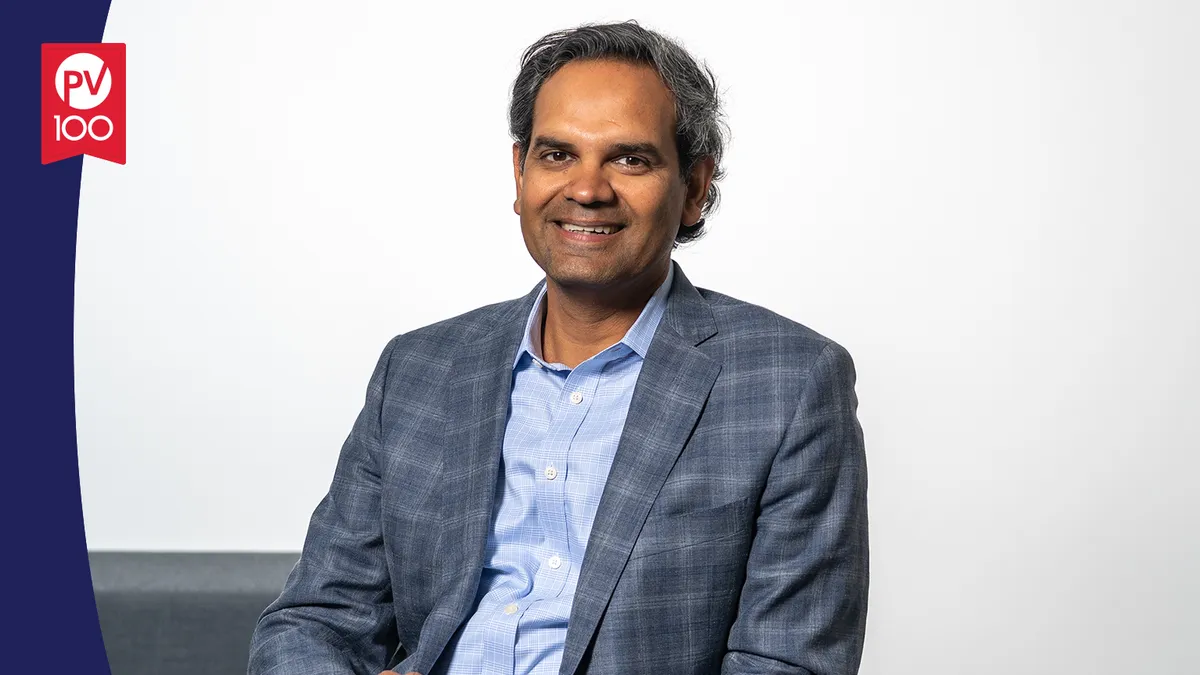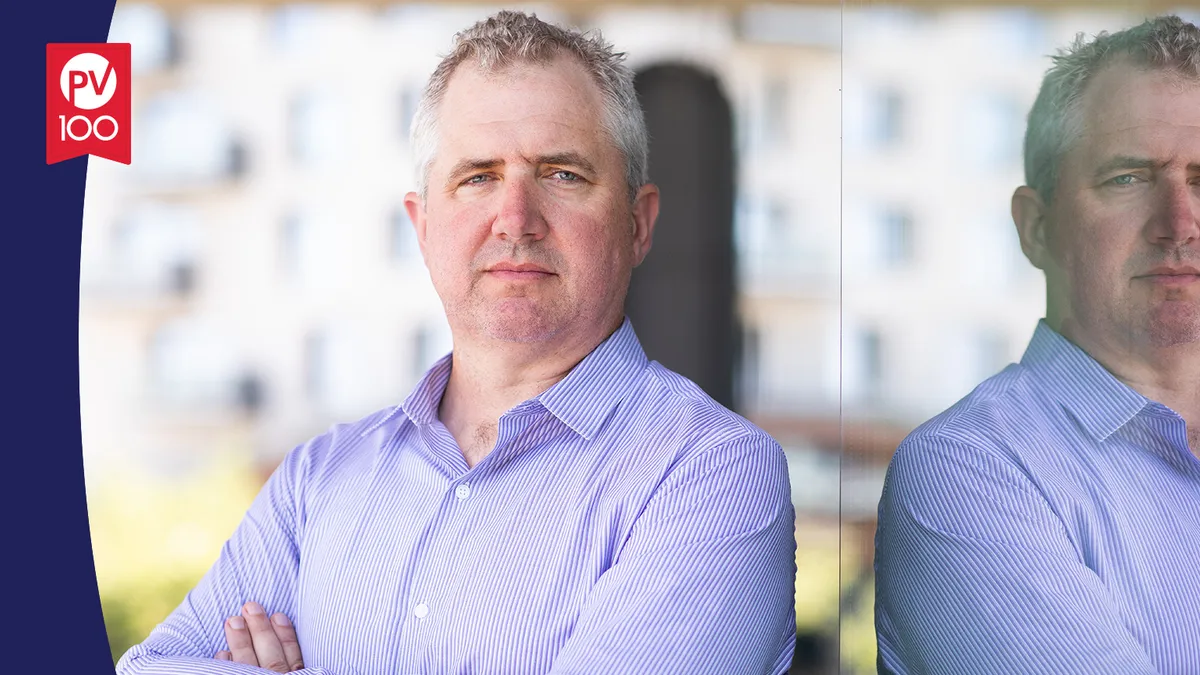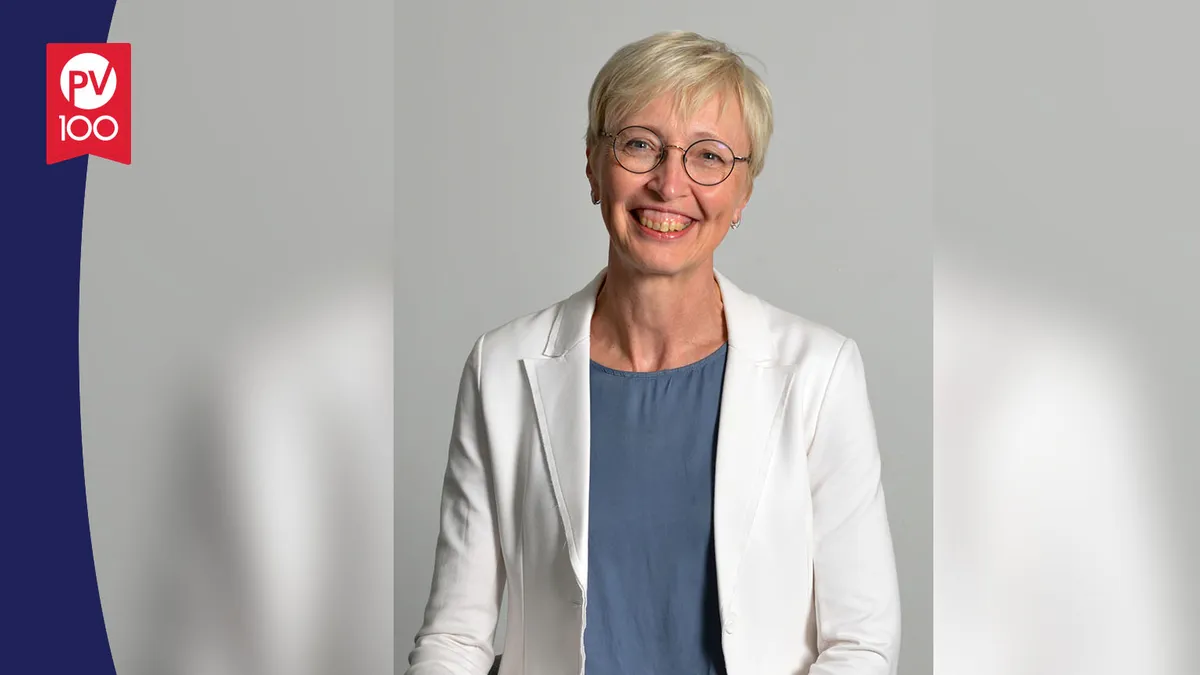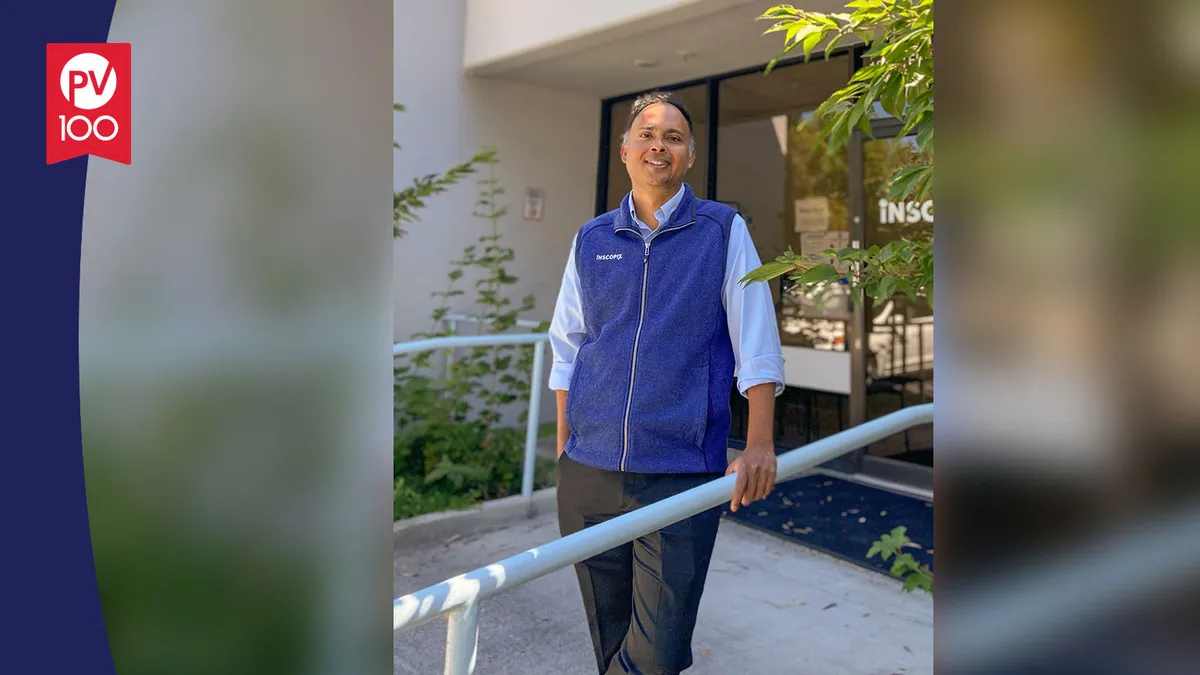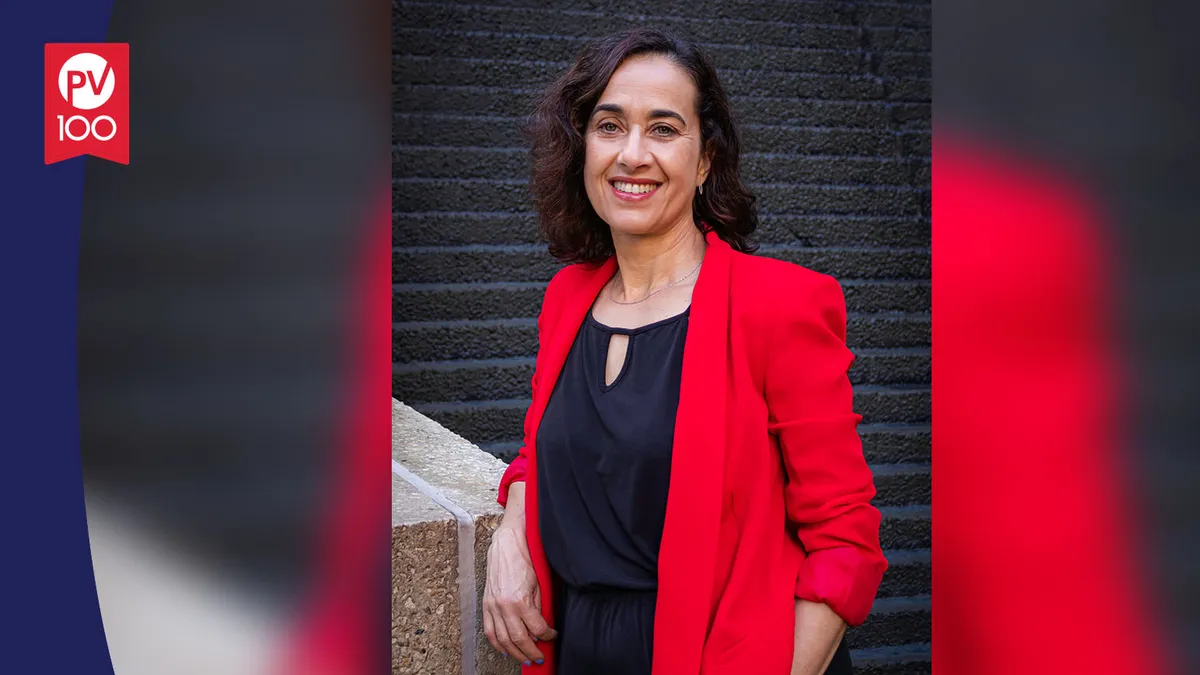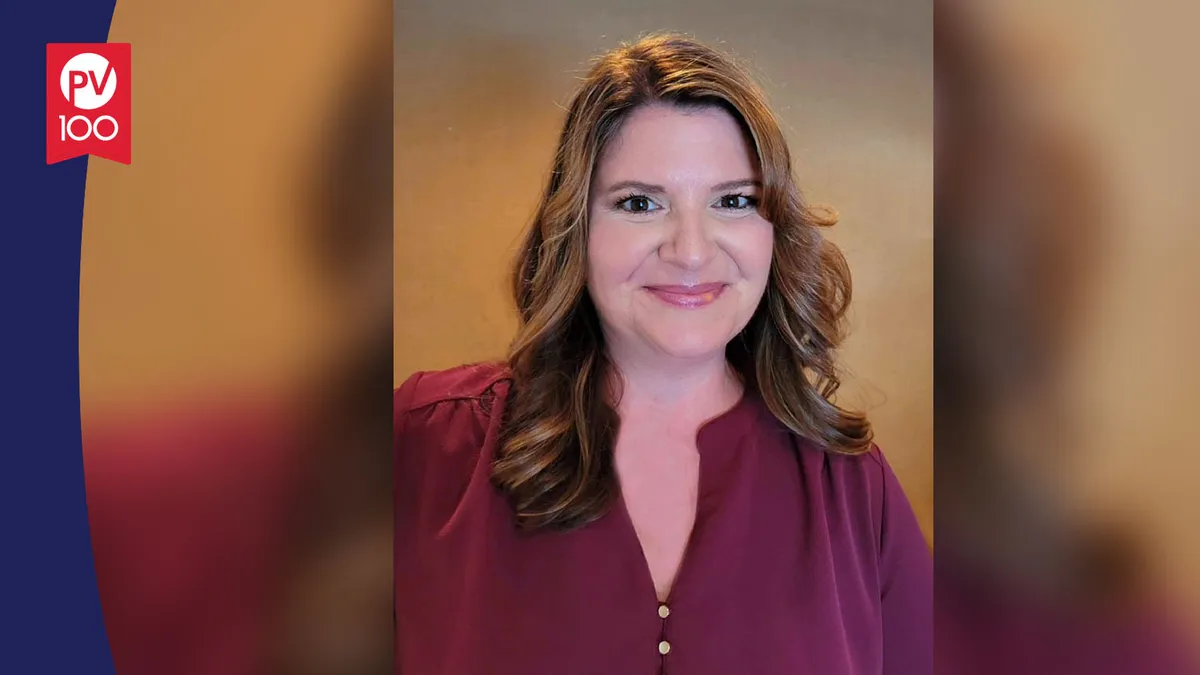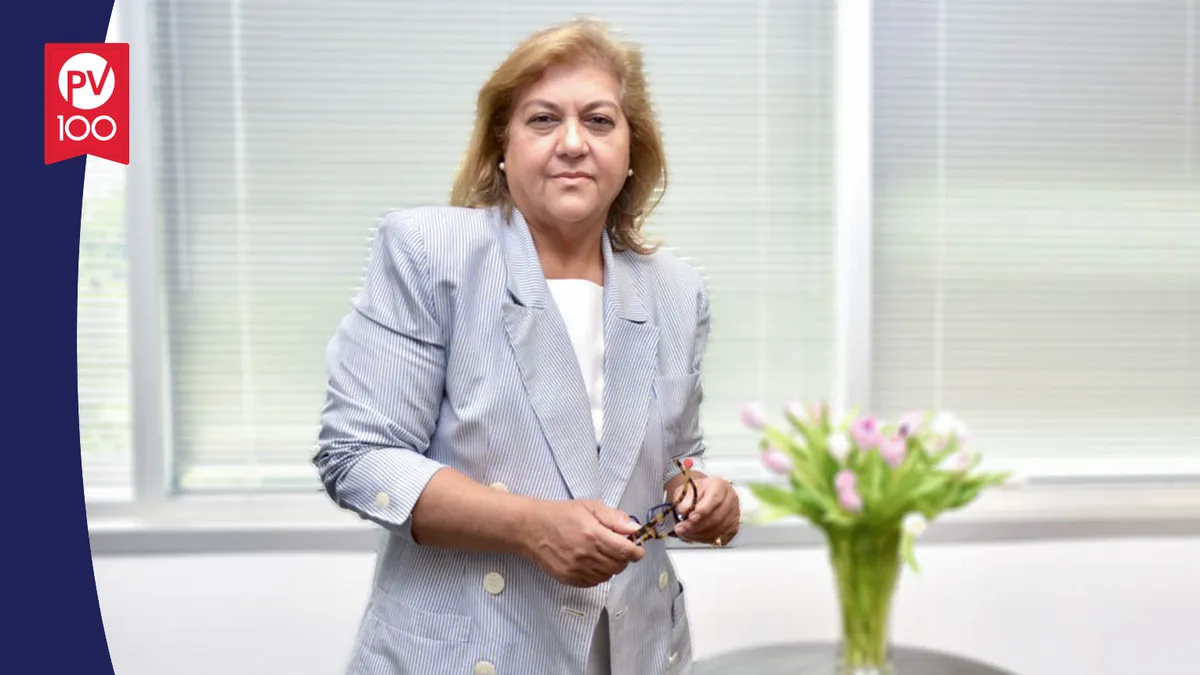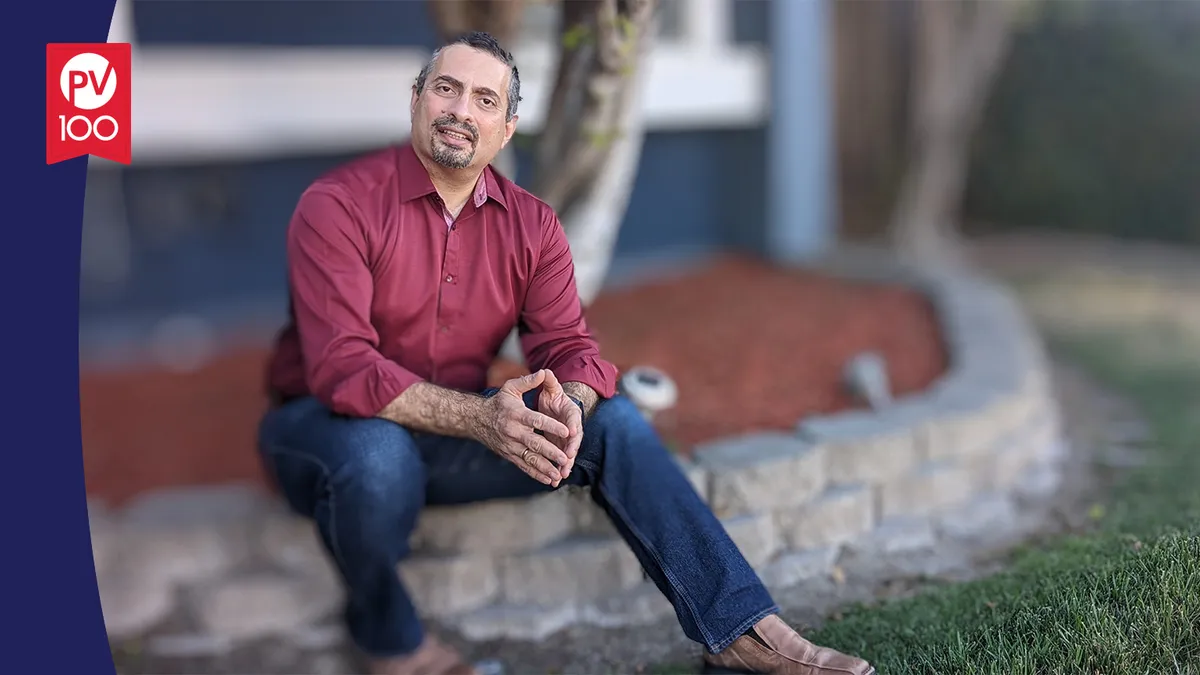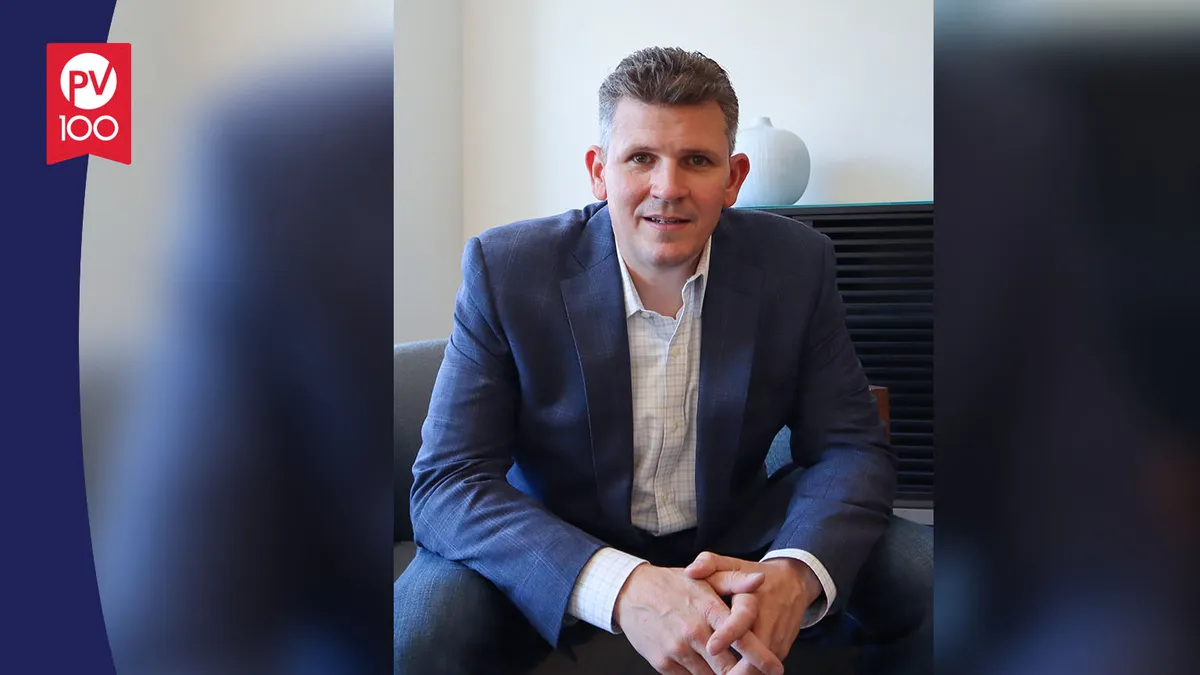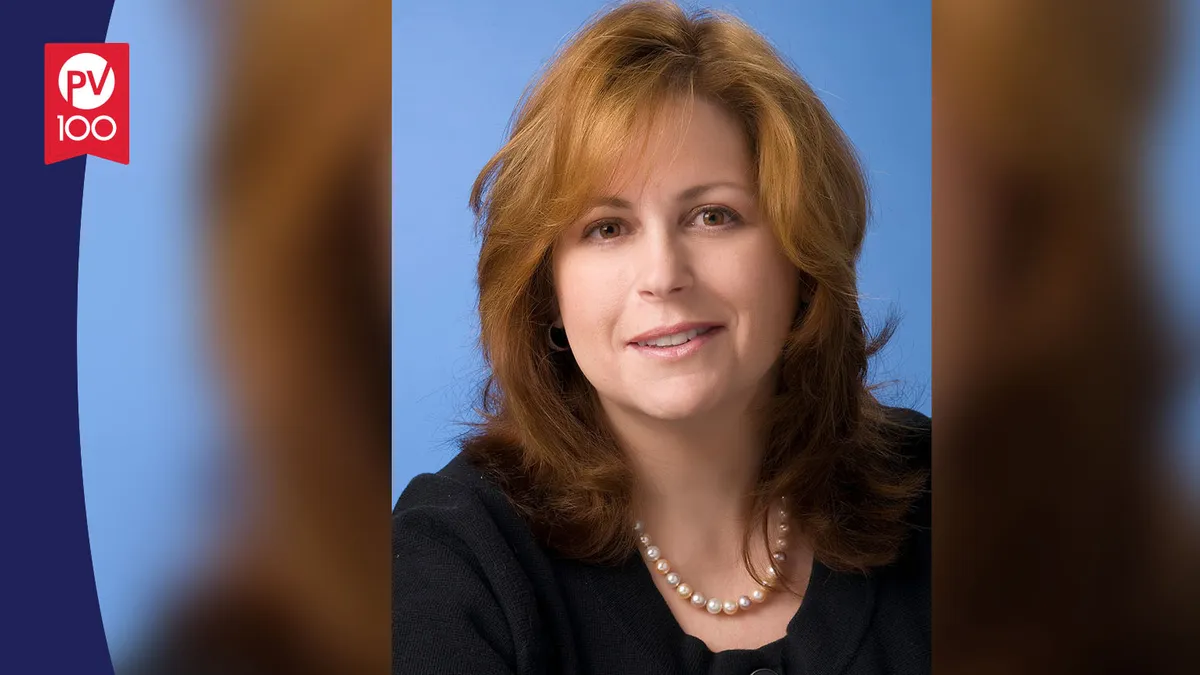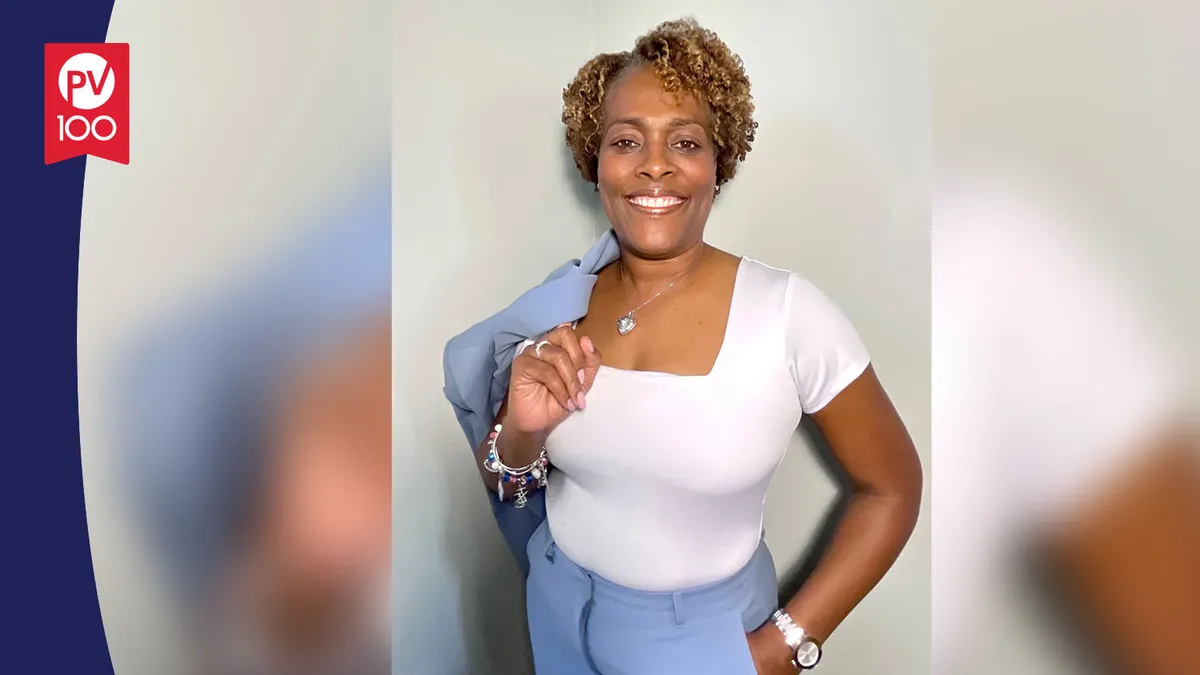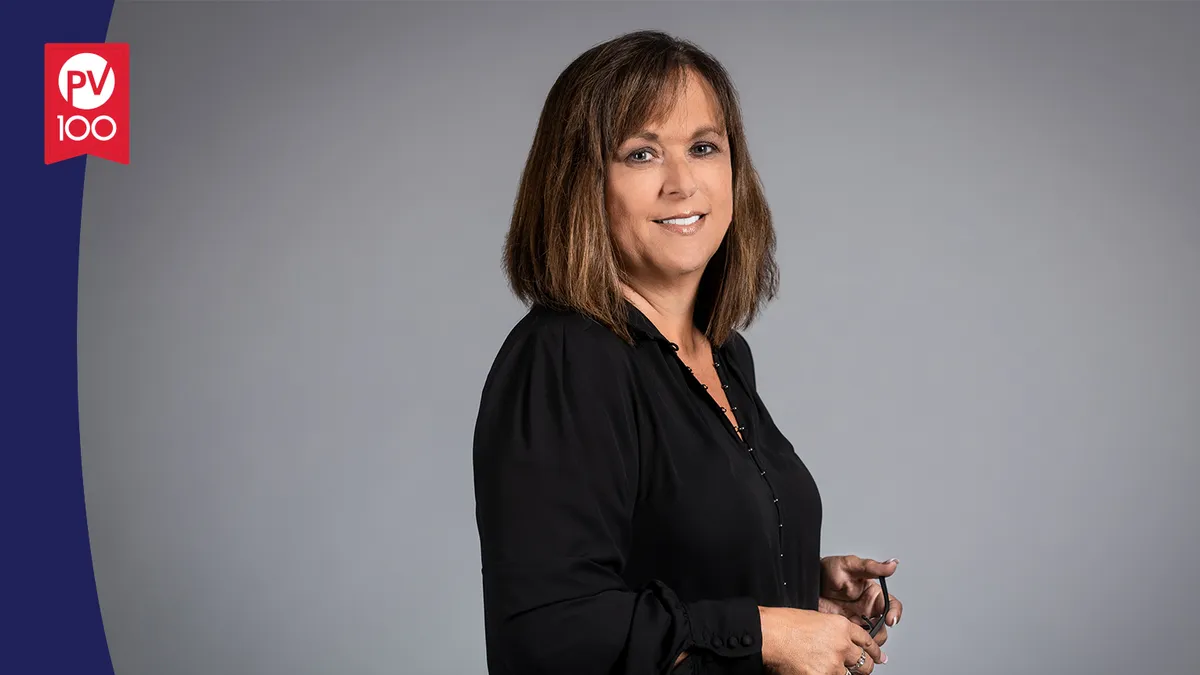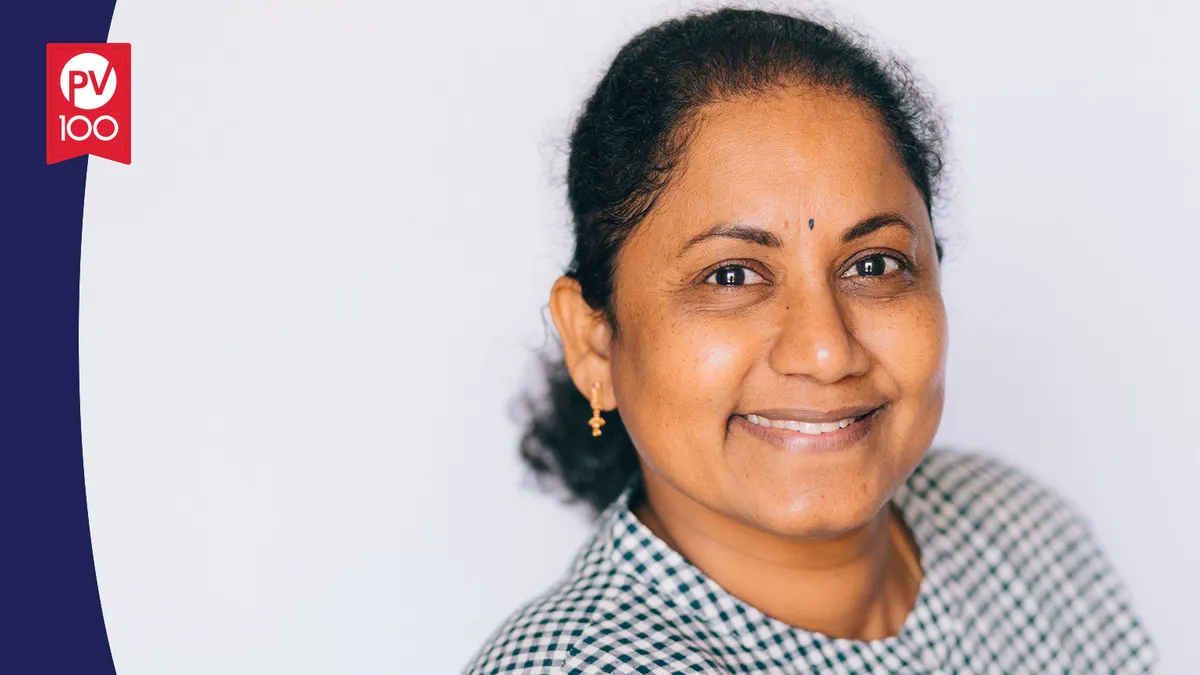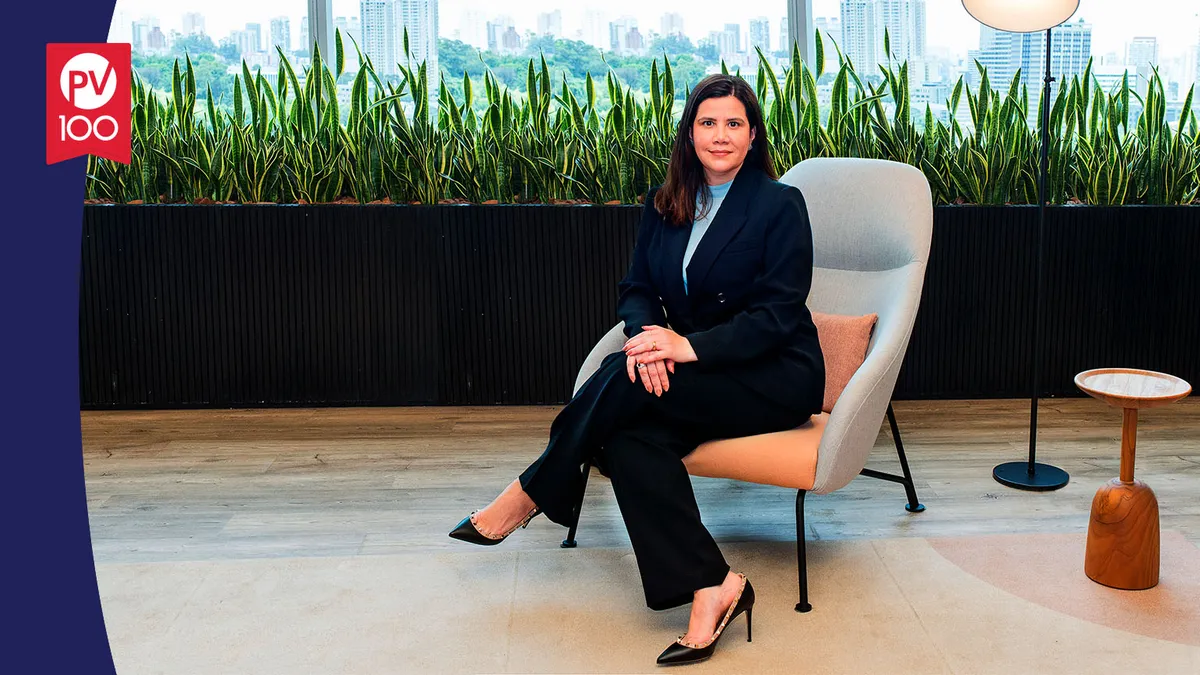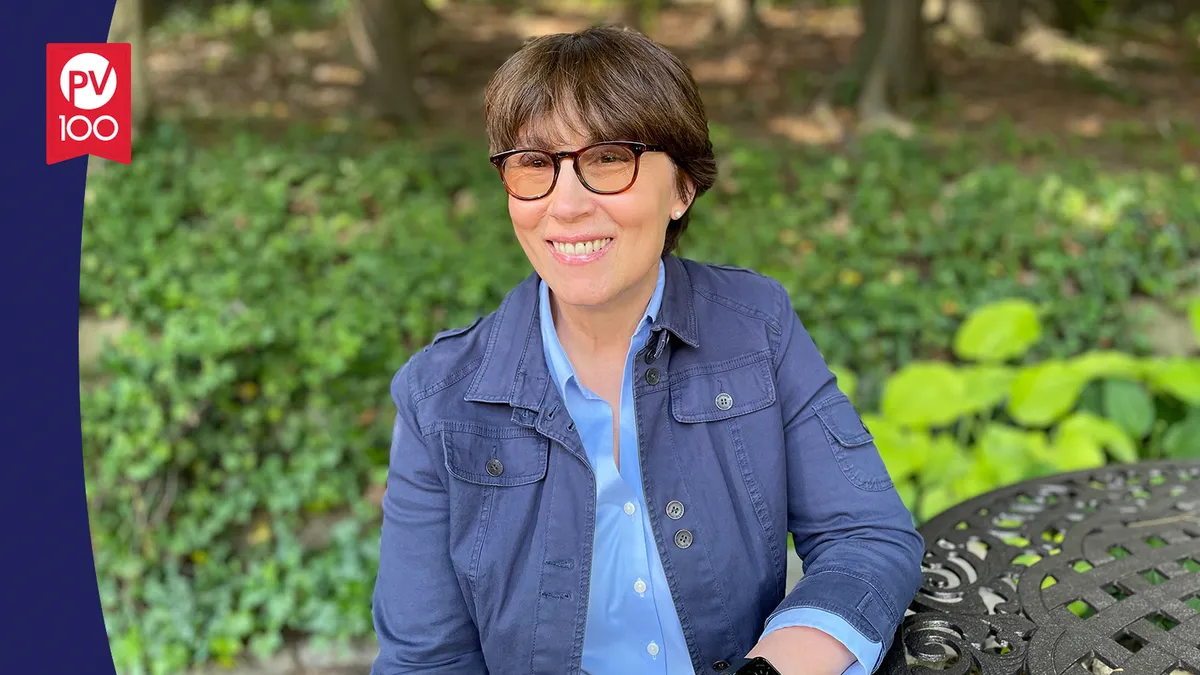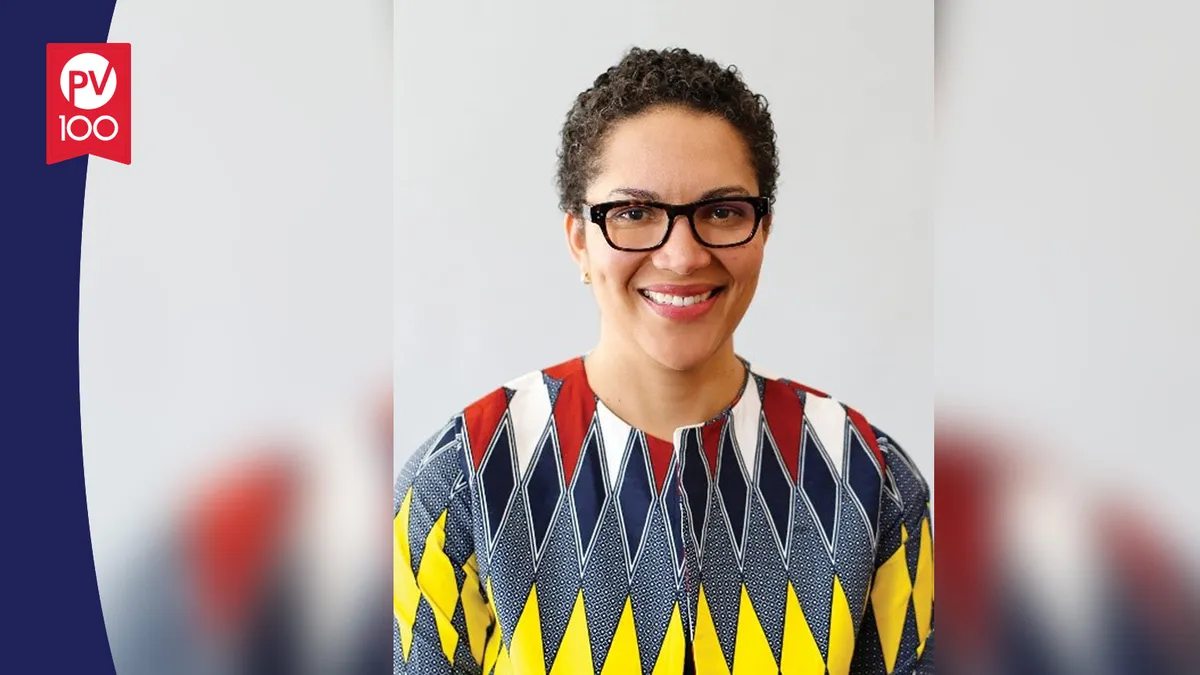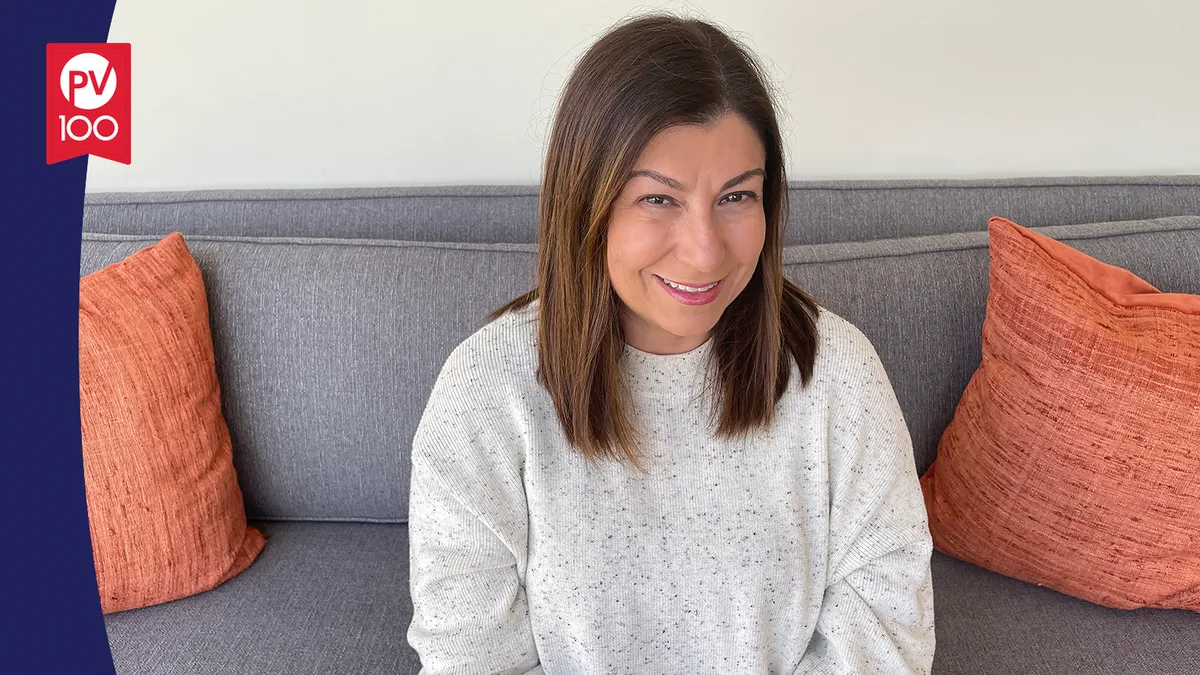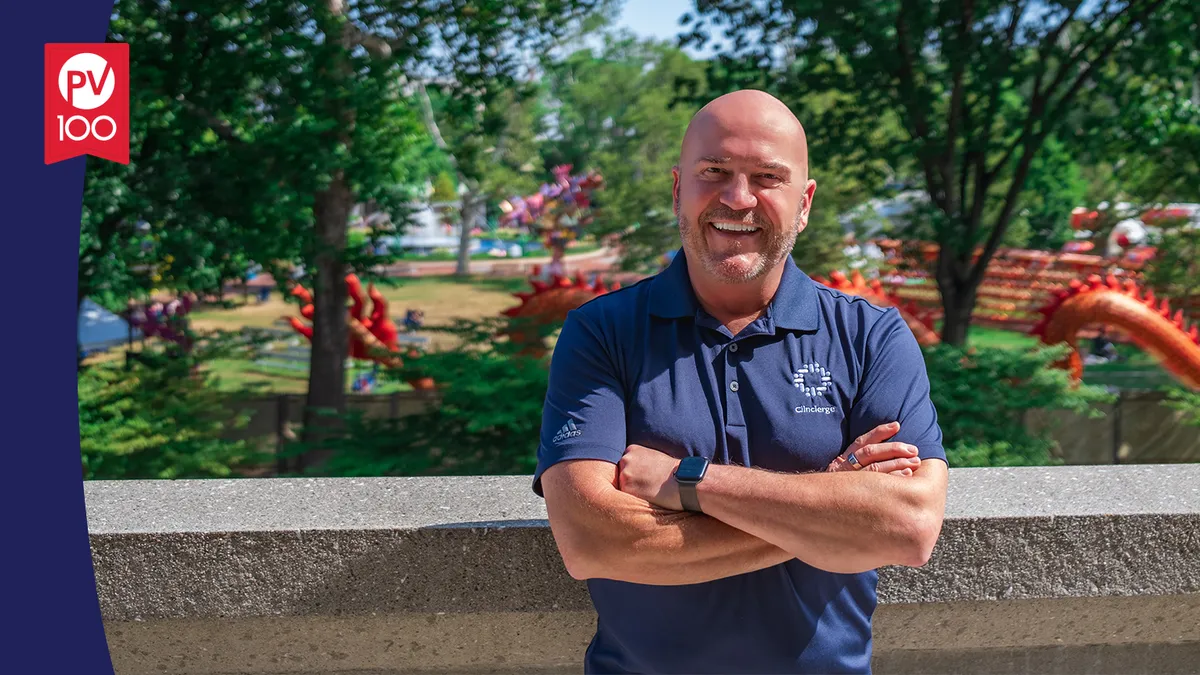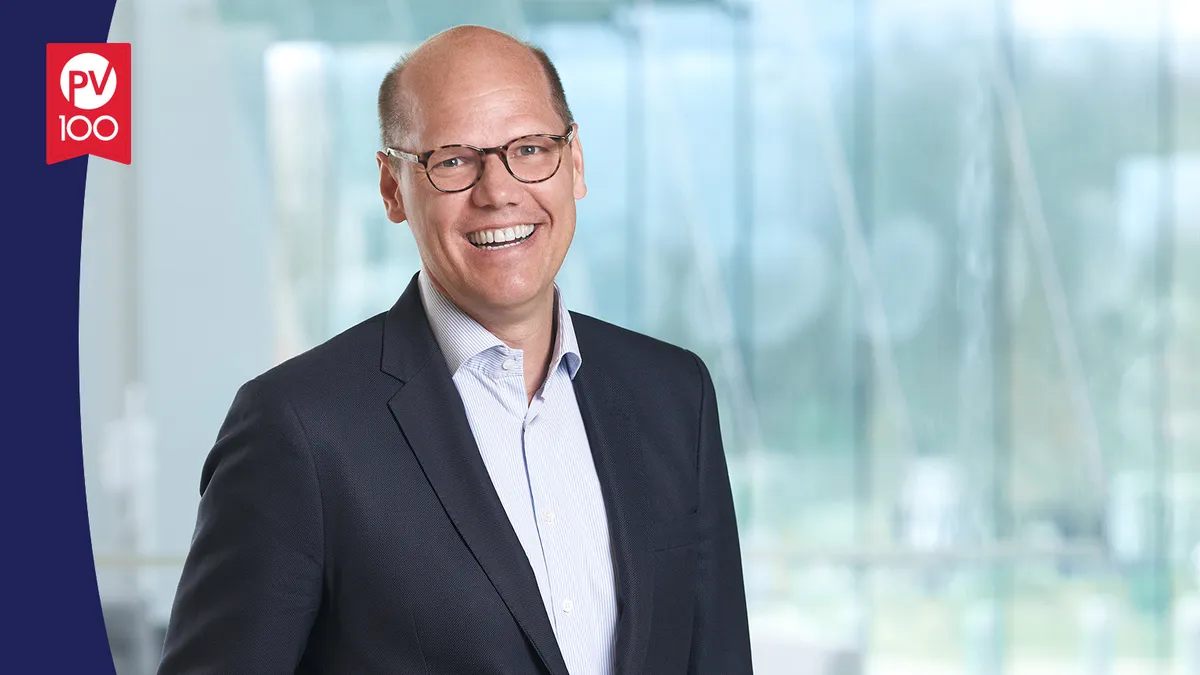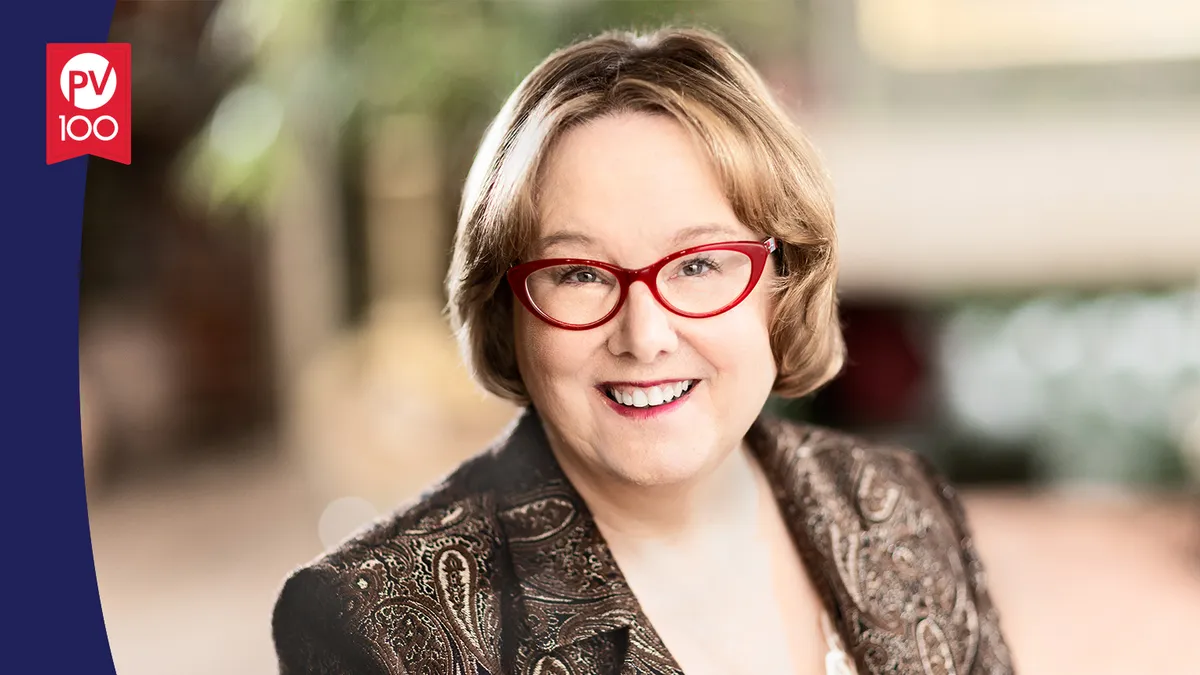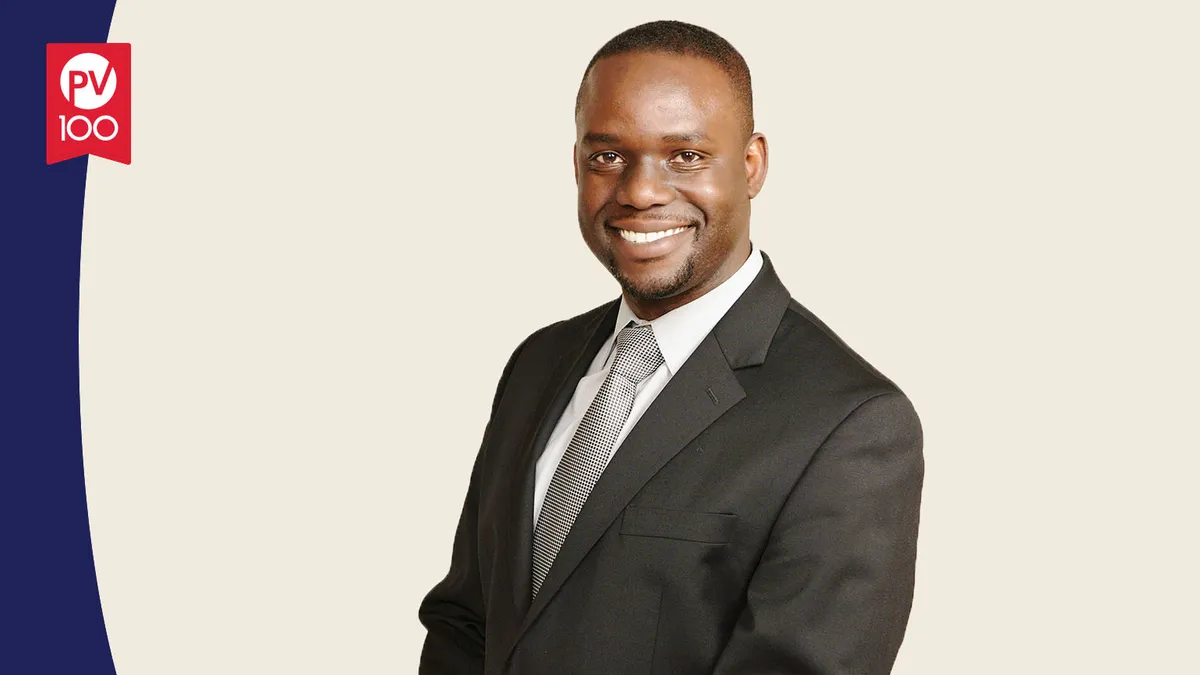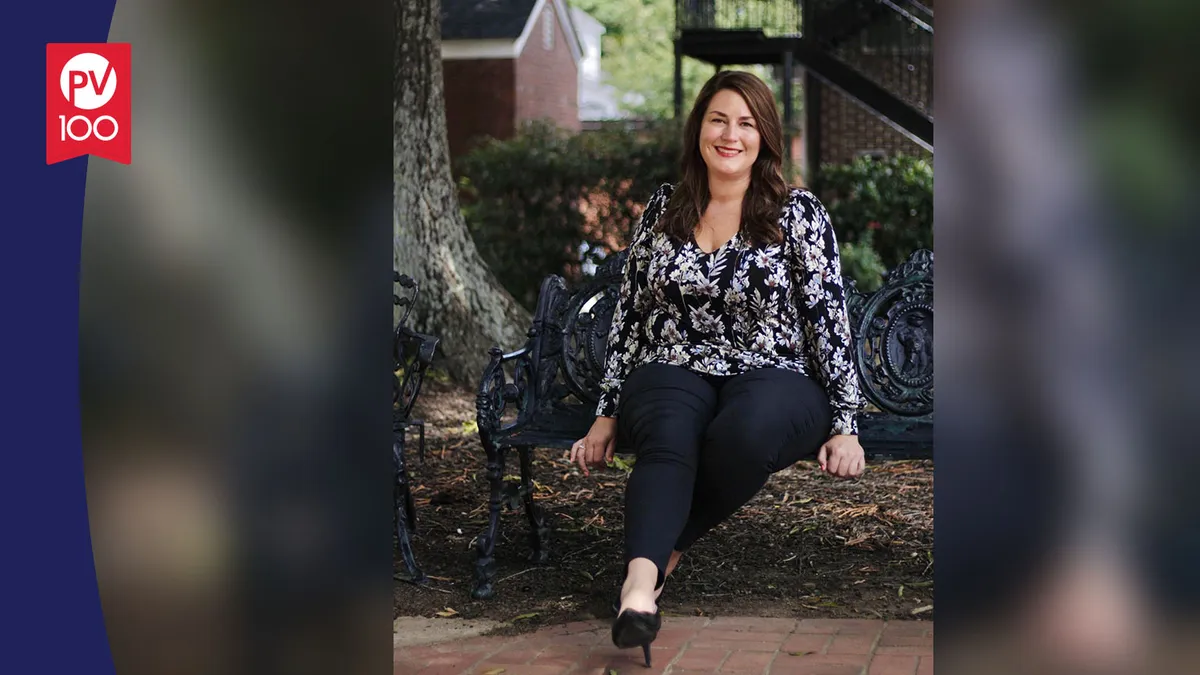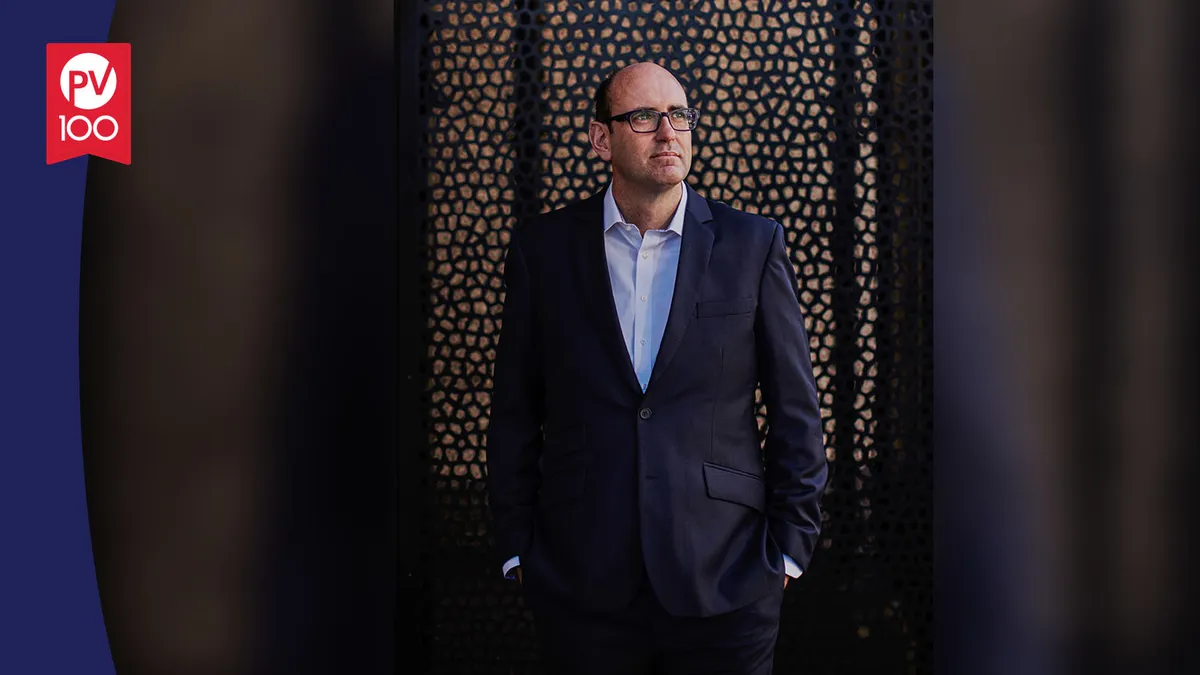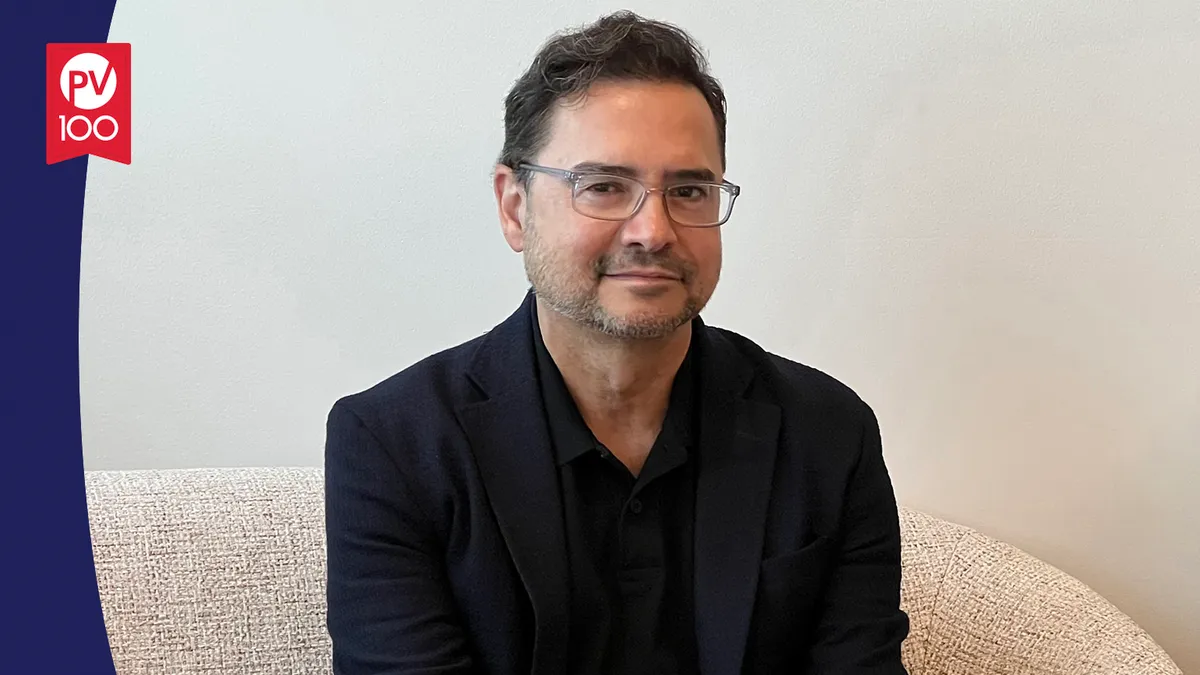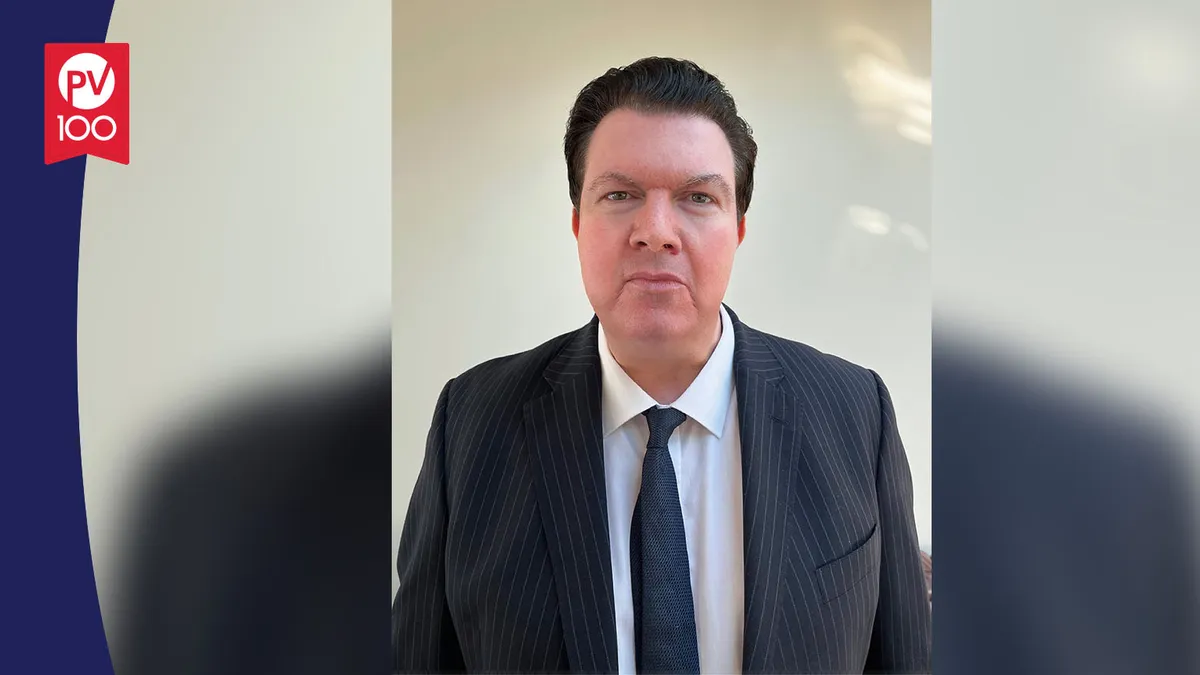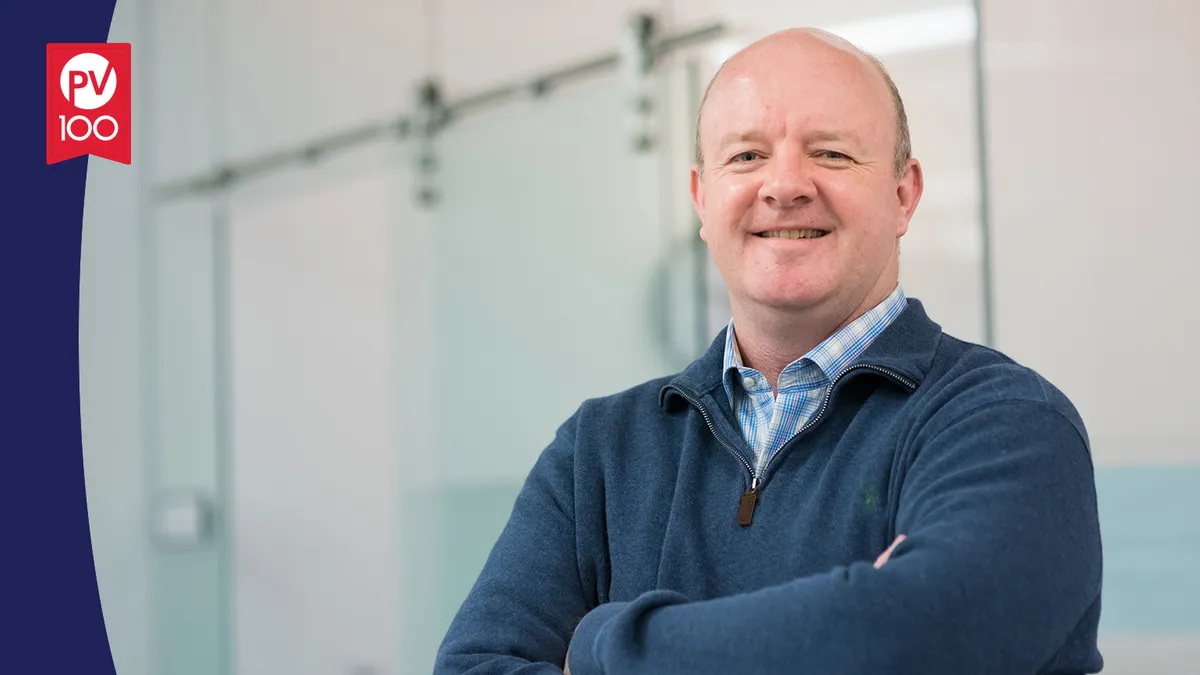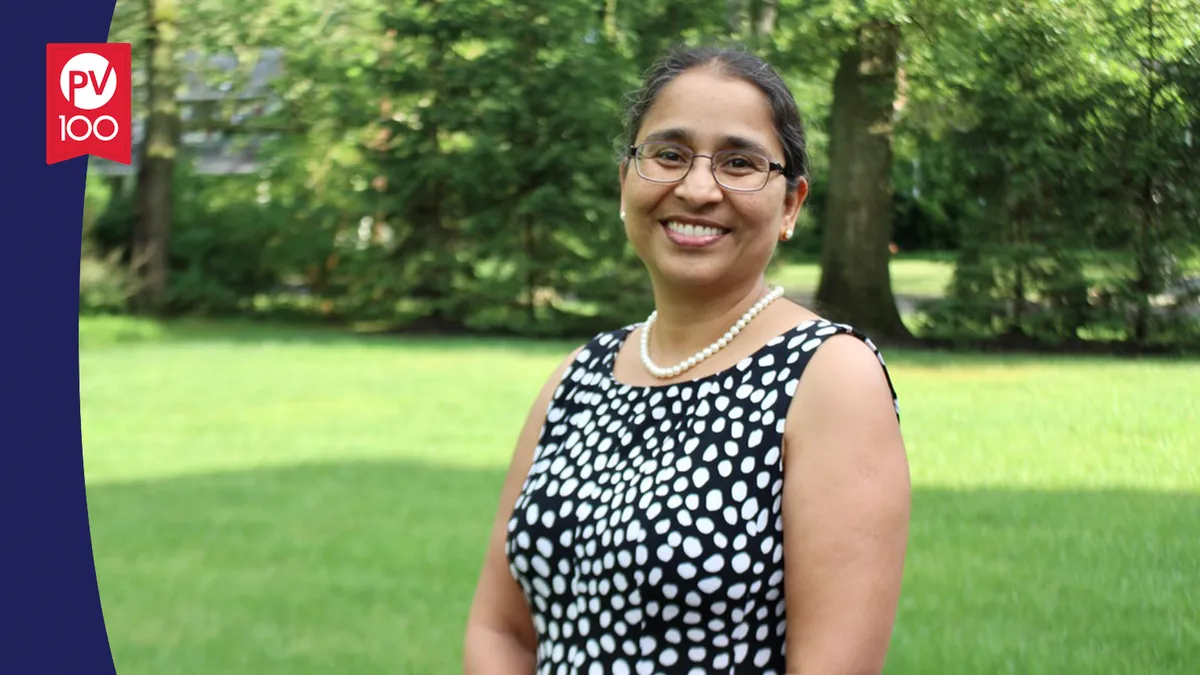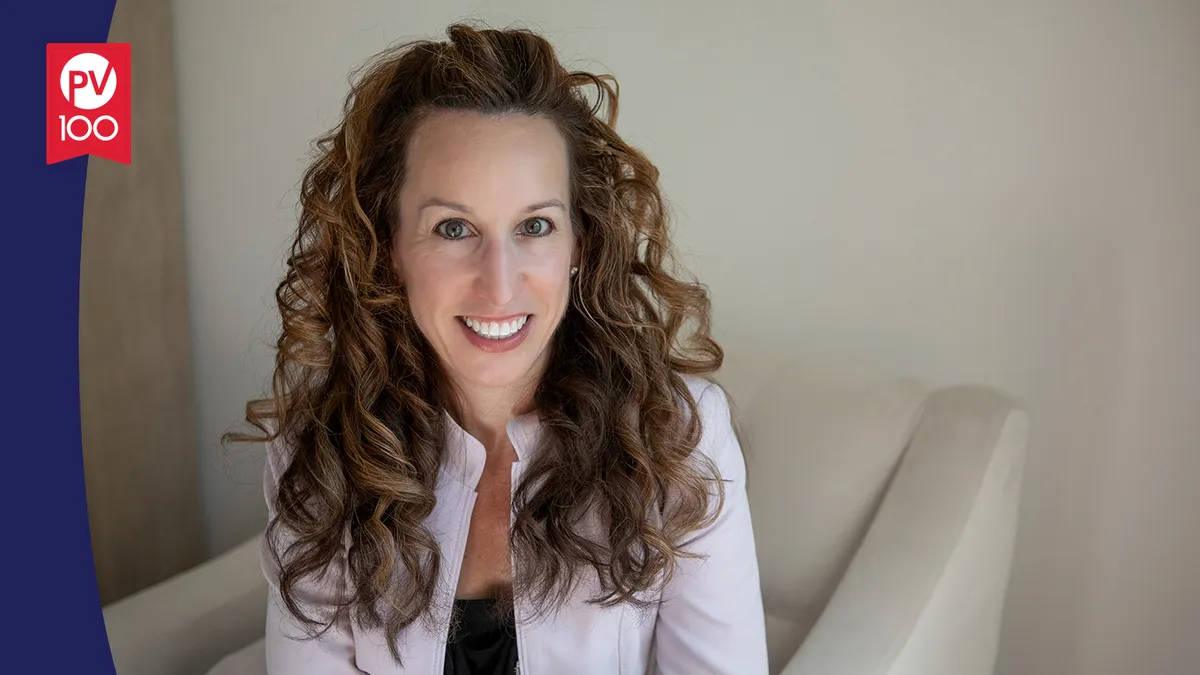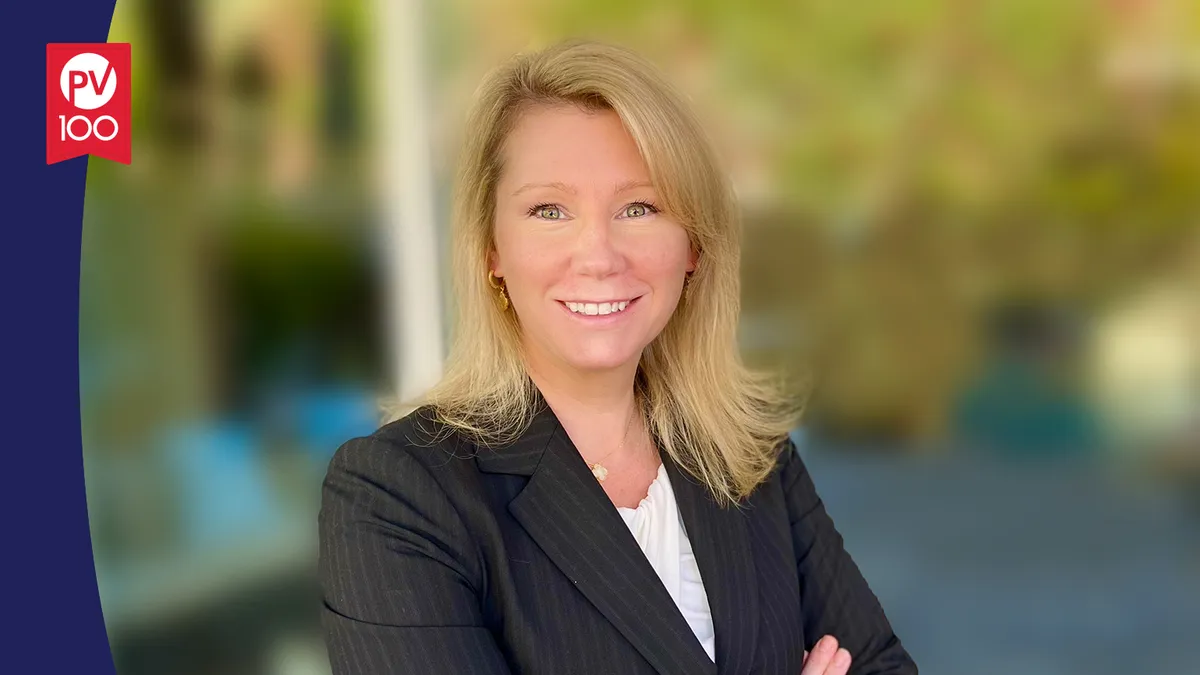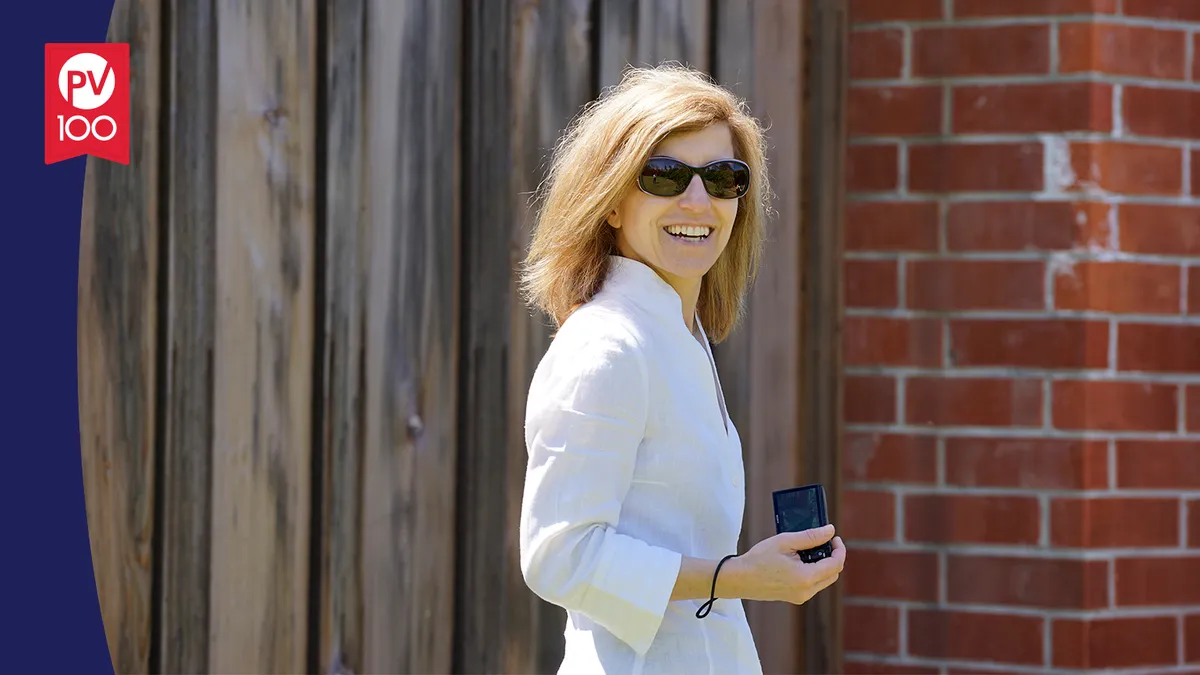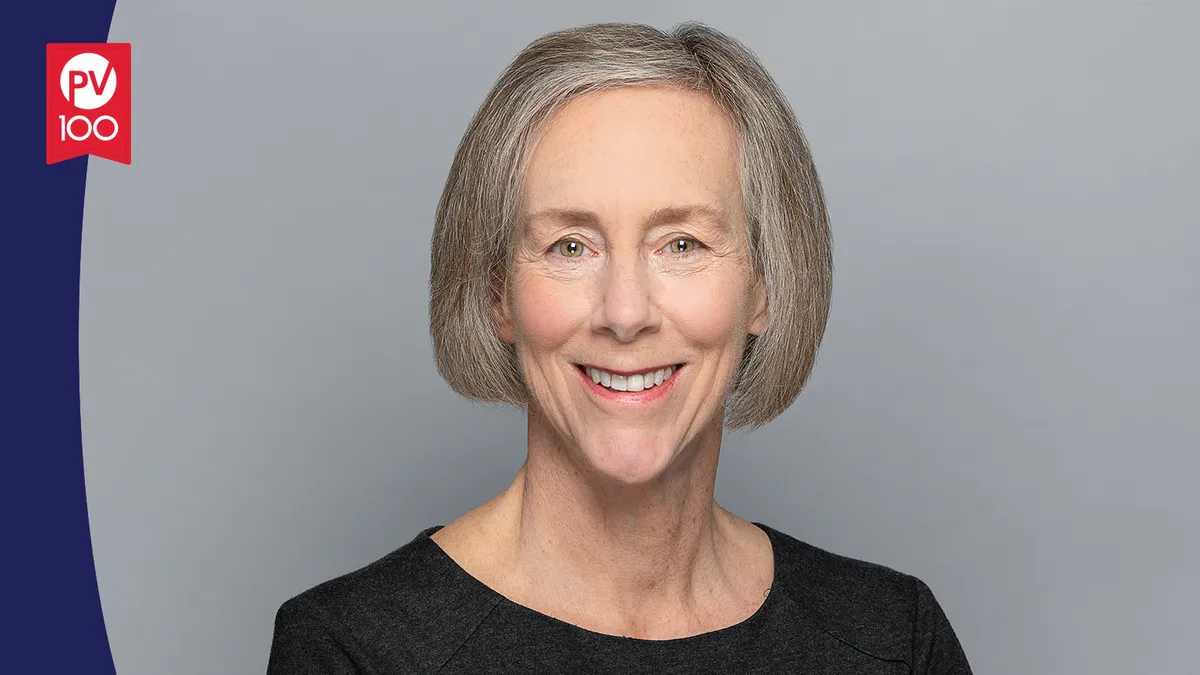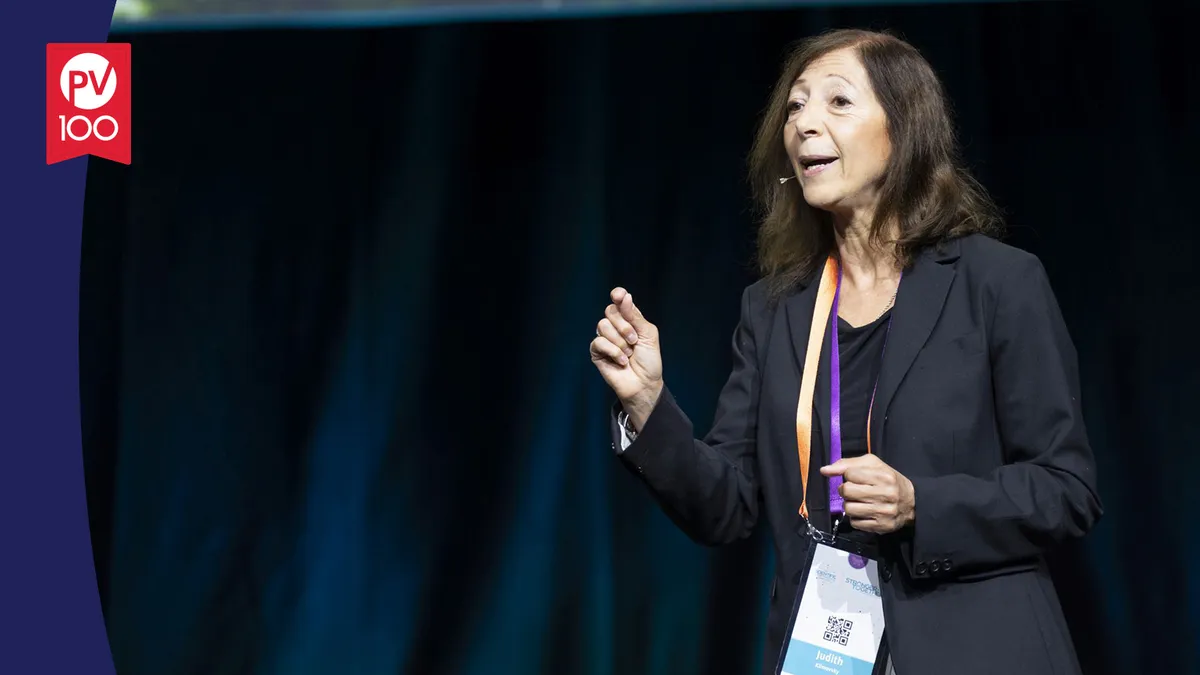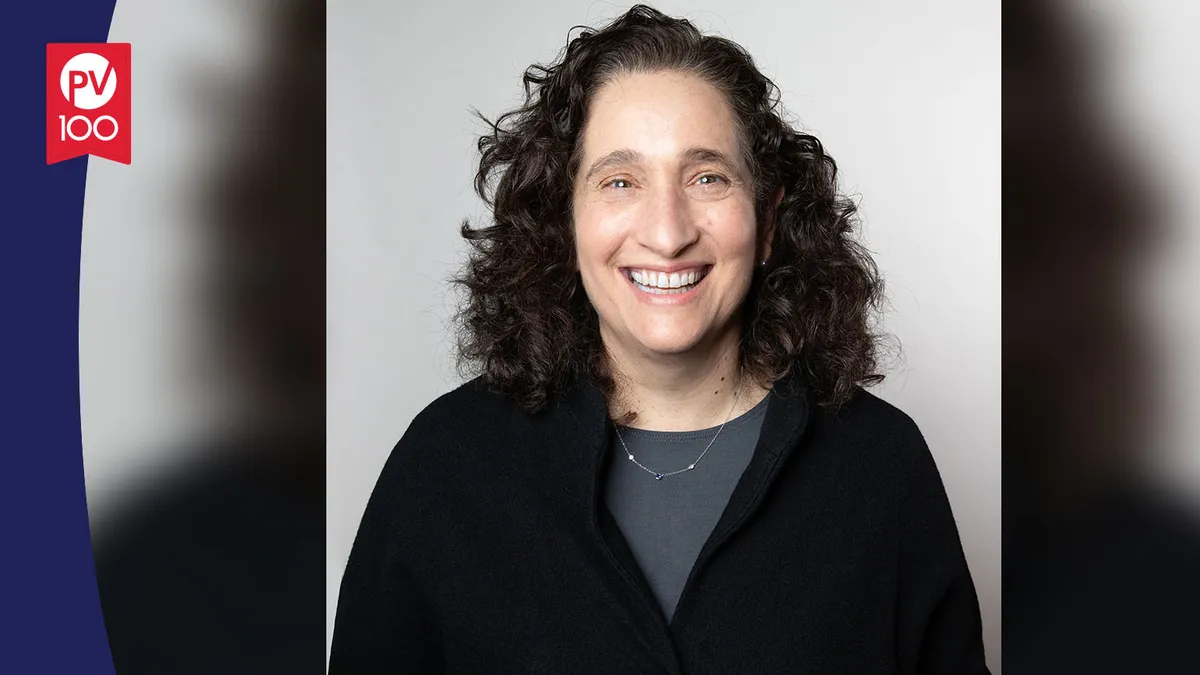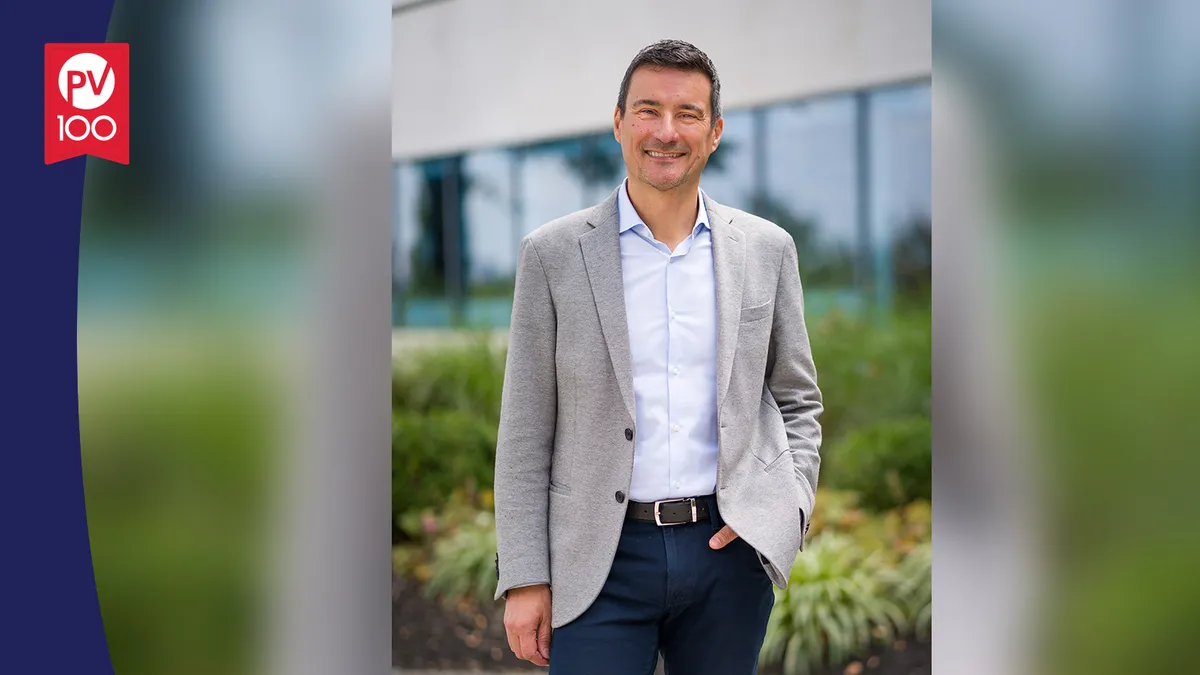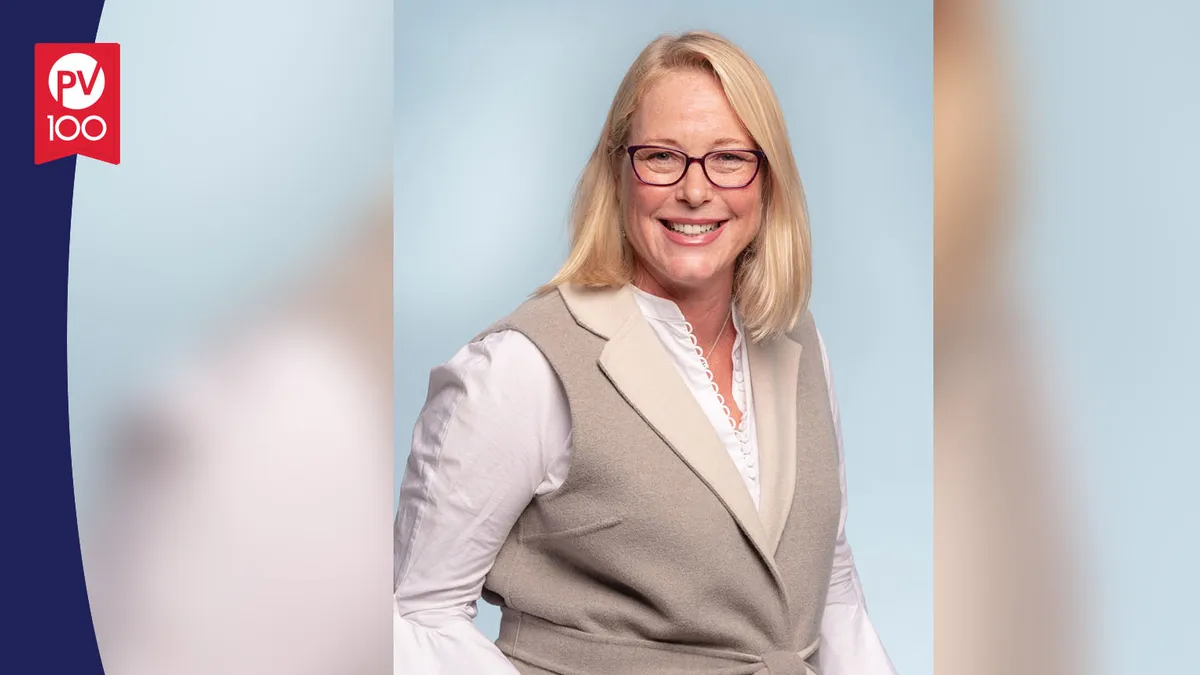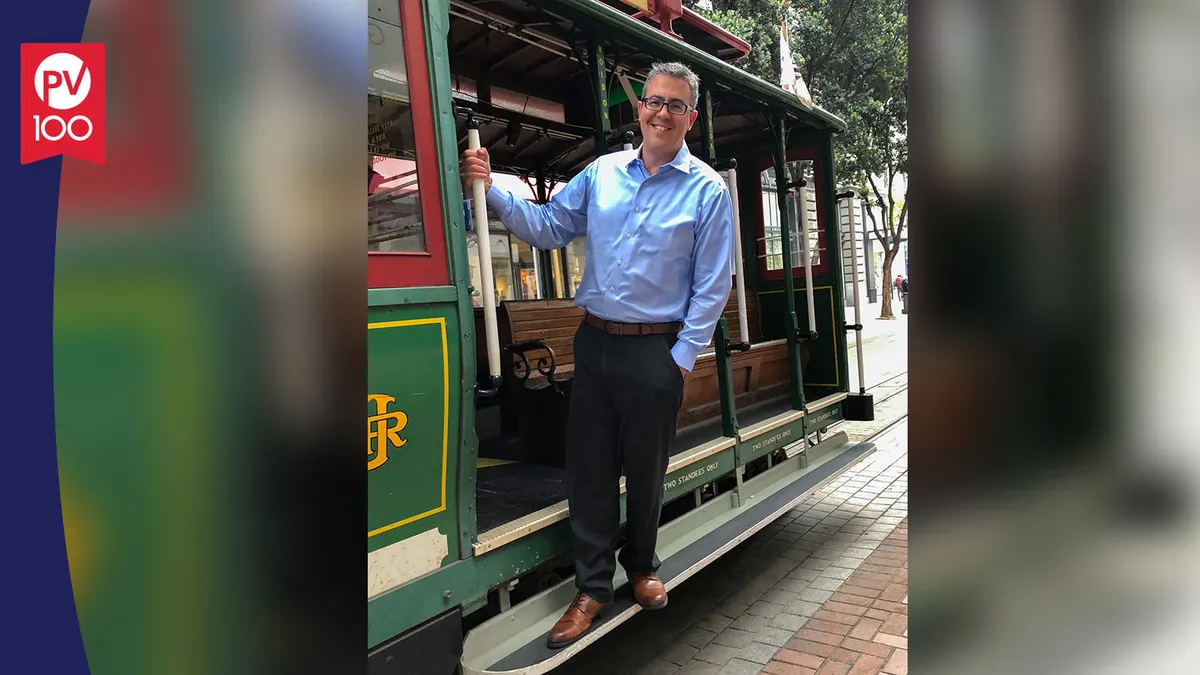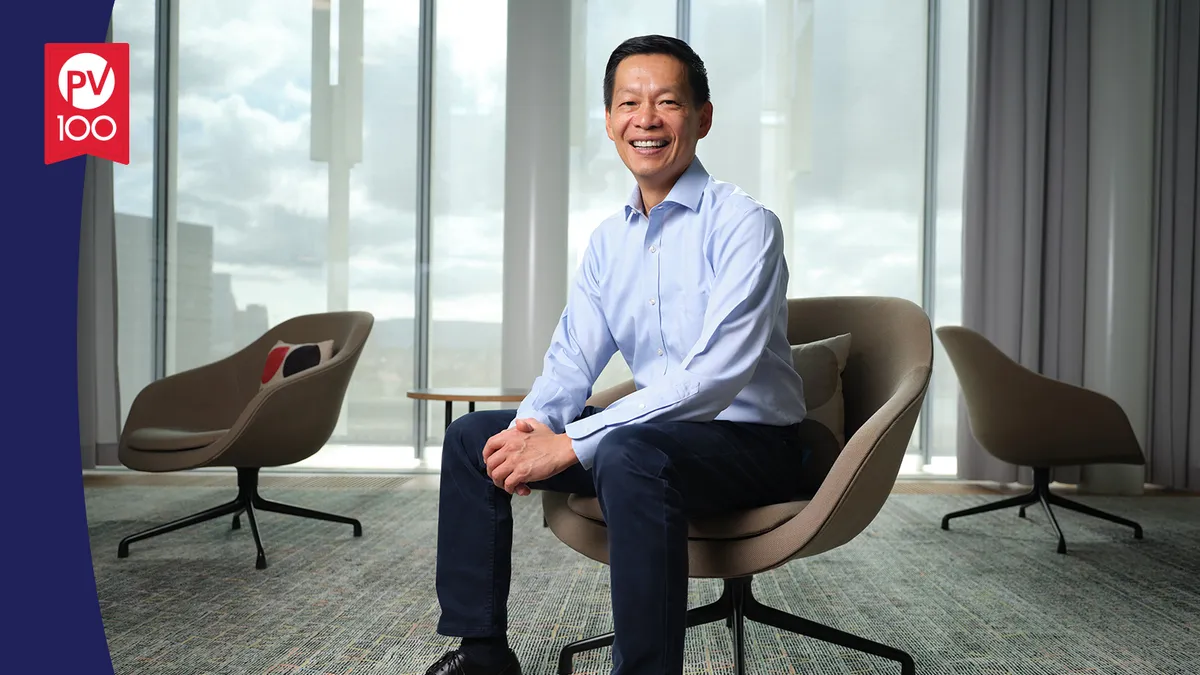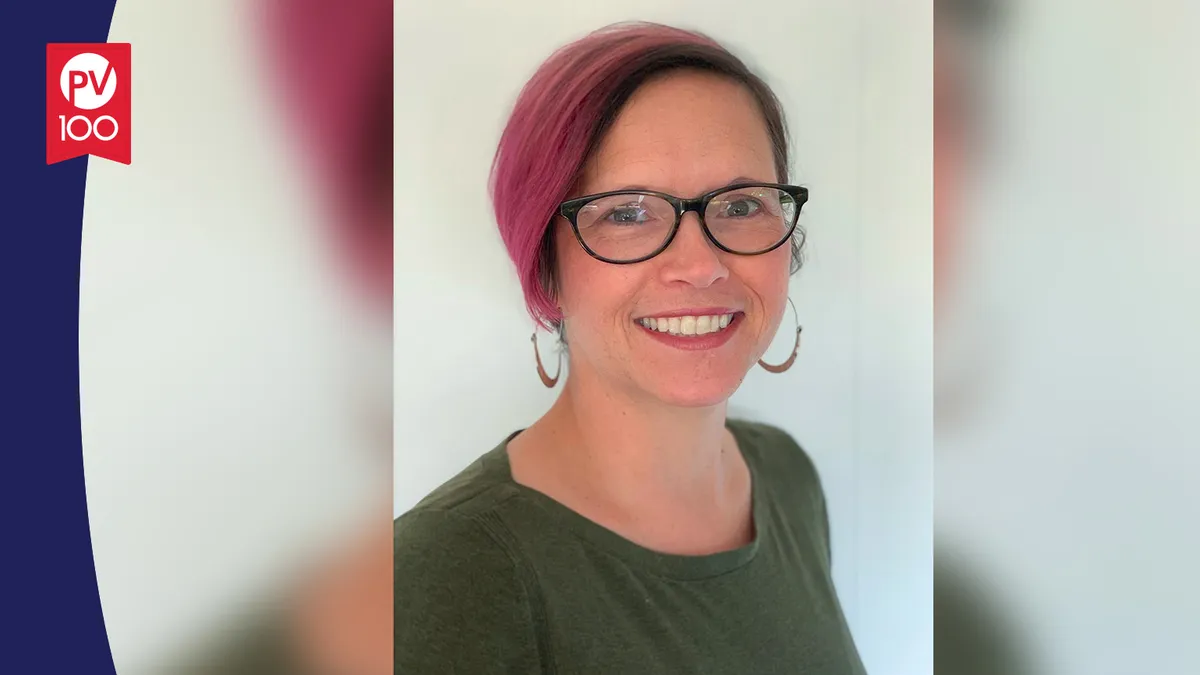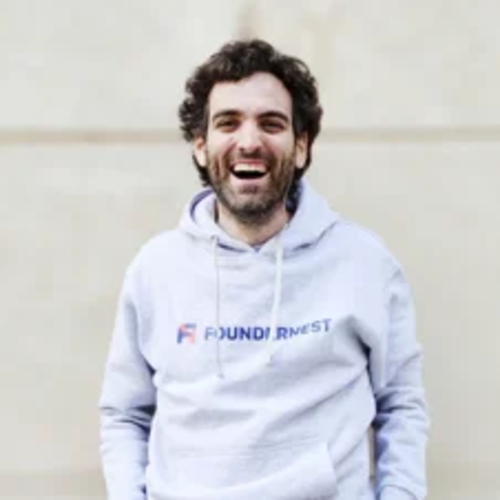Editor’s note: This story is part of our 2022 PharmaVoice 100 feature.
Trishna Bharadia had been working with Germany’s Merck KGaA on patient advocacy when the company started to plan an event for patient groups within the multiple sclerosis community.
“I’d done other projects for this company, and basically told them, ‘I’ve attended quite a few of your events, and I think you could do better. Let me work with you and see if we can improve,’” she says.
They took her up on the offer, marking the first time the company had a patient advocate working on the project team to organize the event.
“There were a lot of things that I came up with that hadn’t even crossed their mind,” Bharadia says.
For instance, many MS patients need to take medication with food, so the event was planned for dinner time.
“It’s important that they have a proper meal,” Bharadia reminded them. “Don’t just serve finger food. By the time they get back to their hotels, it’s going to be too late.”
She also pointed out that many patients would be using mobility aids like scooters and wheelchairs, so the organizers had to make sure there was enough space between the tables and chairs to accommodate them. And for that matter, why not ask guests on the invitation about whether they’d be using a mobility aid to ensure there’s plenty of space?
“That shows the people attending that you’ve really thought about this,” she says. “It’s things like that which often get overlooked. Not on purpose, it’s just because as patient advocates, these are our day-to-day. These are things that we think about all the time so it’s second nature to us.”
Patient advocacy can involve many tasks, big and small — from having a conversation with a neighbor about your disease to working with pharmaceutical companies to build their patient councils. For Bharadia, it has meant all of the above and much more. She’s been a patient advocate in the boardroom and even the ballroom as a contestant on the BBC dance competition show “The People’s Strictly” in the U.K., reaching millions to raise awareness of MS. But most of all, it’s about making sure that being “patient centered” isn’t just a buzzword or a tick-the-box requirement. Instead, it’s prioritizing the patient experience in every action a company takes.
Bharadia also does volunteer work as a patient advocate for patient associations, charities and other groups. Through her company, The Spark Global, she is also a patient engagement consultant for pharma, digital health companies and industry. Often, she helps pharma companies assemble patient councils; partner with diverse patient voices; build websites that are easy to use and read for patients; and reword written materials to make them more patient-friendly, all across lots of different disease areas and conditions. One of her nominators says they “never ceased to be impressed by [Bharadia’s] enthusiasm, seemingly boundless energy, can-do attitude and zest for life, which is infectious and inspirational.”
Like many who enter the world of patient advocacy, Bharadia was drawn to the line of work because of her own experience. She was diagnosed with MS in 2008 and felt unsupported.
“I'm mentoring upcoming patient advocates so that they're able to benefit from my experiences and learnings. I was very much on my own in the early days during my patient advocacy journey.”
Trishna Bharadia
Owner, The Spark Global
“I was given this life-changing diagnosis, and then I was just sent away,” she says. “There was no signposting, no support, no guidance as to where to go for more information, how to find out what kinds of support and services were out there. And that was what really prompted me into thinking, well, if I'm having this kind of experience, other people must be having that kind of experience as well.”
Never one to just “sit there” and complain about something, Bharadia decided to act, first by getting involved with the MS Society UK and one of its support groups, Asian MS, and later by founding, writing and editing their quarterly newsletter. That led to giving talks and getting involved with other groups including MS Trust, MS-UK and Shift.MS.
Soon, she’d spun that advocacy into a consultancy business and began working with pharma companies across many different disease areas and conditions, in addition to her ongoing volunteer duties. She is also a visiting lecturer on patient engagement at King’s College London. However, she emphasizes that patient advocates like her are much more than simply patients. Instead, they’re experts in their field who have the added experience of living with a diagnosis.
With that in mind, Bharadia says pharma companies need to deepen their connection to patients and ensure their real, lived experiences are embedded into everything the company does. Bharadia hopes that pharma companies will strive to have an “equitable and fair” relationship with patients by giving them an “equal seat at the table.”
“It's about ensuring that the patient voice is heard throughout the medicine’s development lifecycle, not just asking them right at the end,” she says, and patient advocates are able to help companies determine where they can partner with patients along those timelines.
“Let's embed them into our thinking; let’s embed them into the way that we're forming our strategies,” Bharadia continues. “And ensure that all patients who want to have their voice heard can.”


